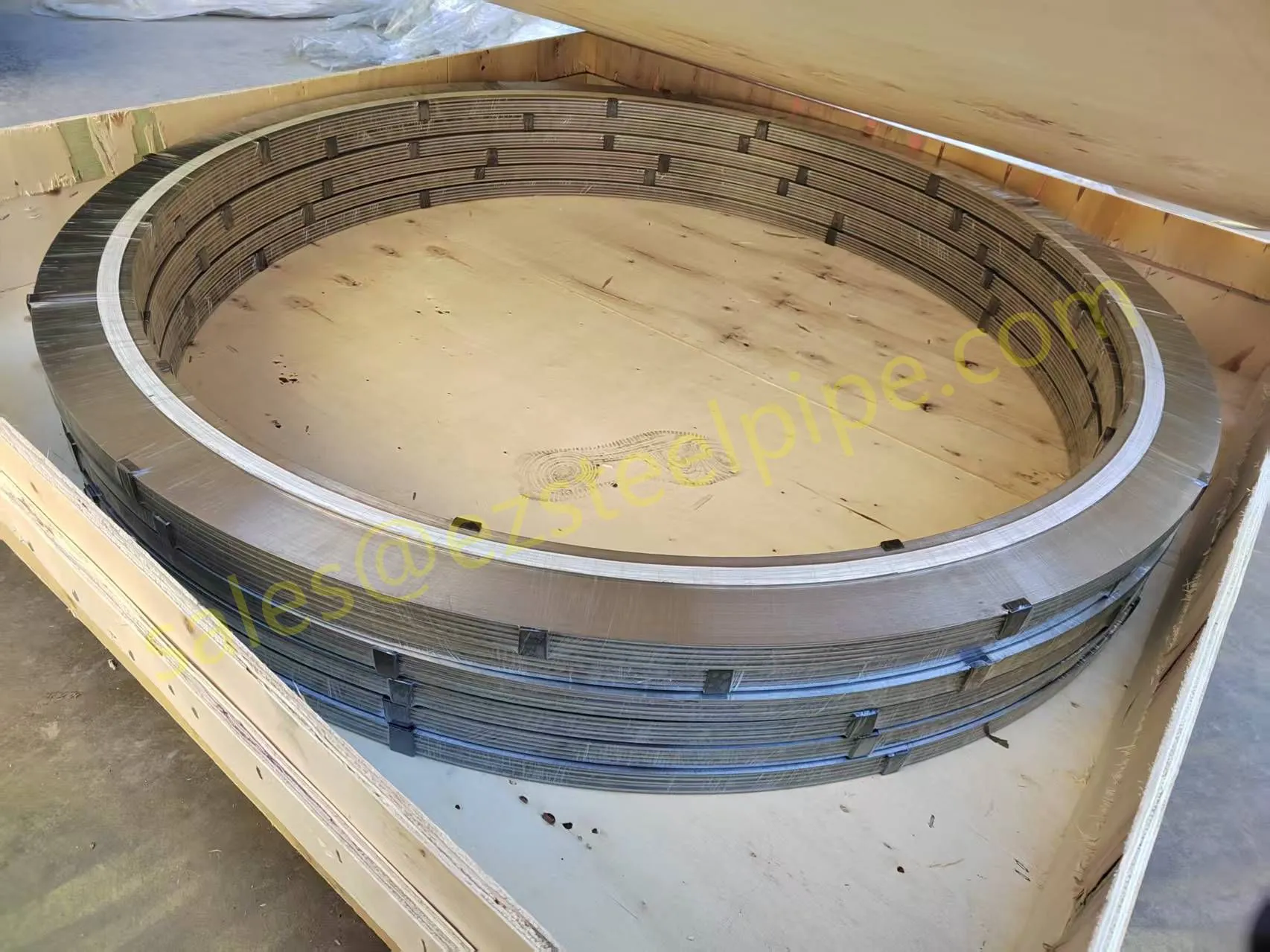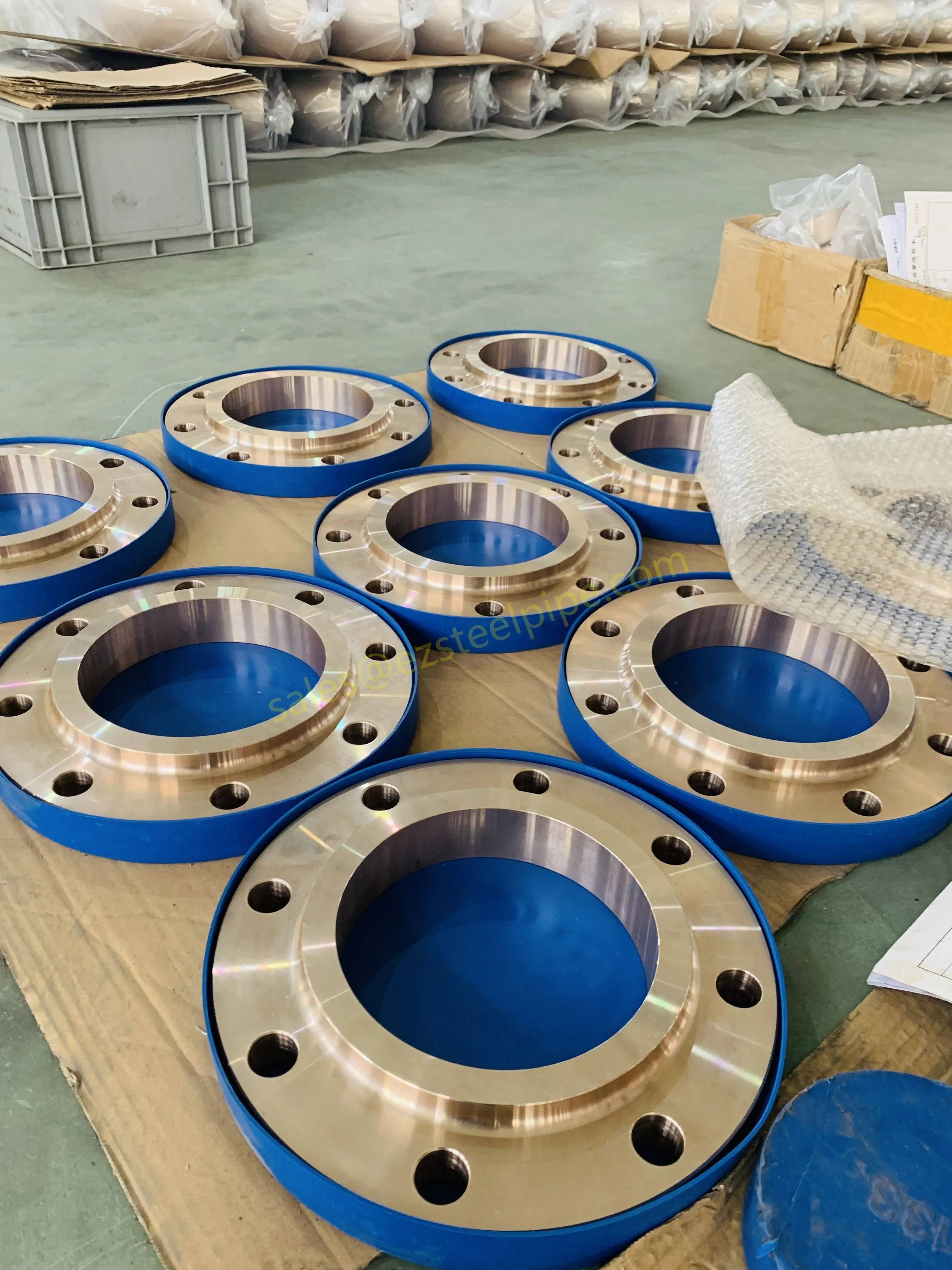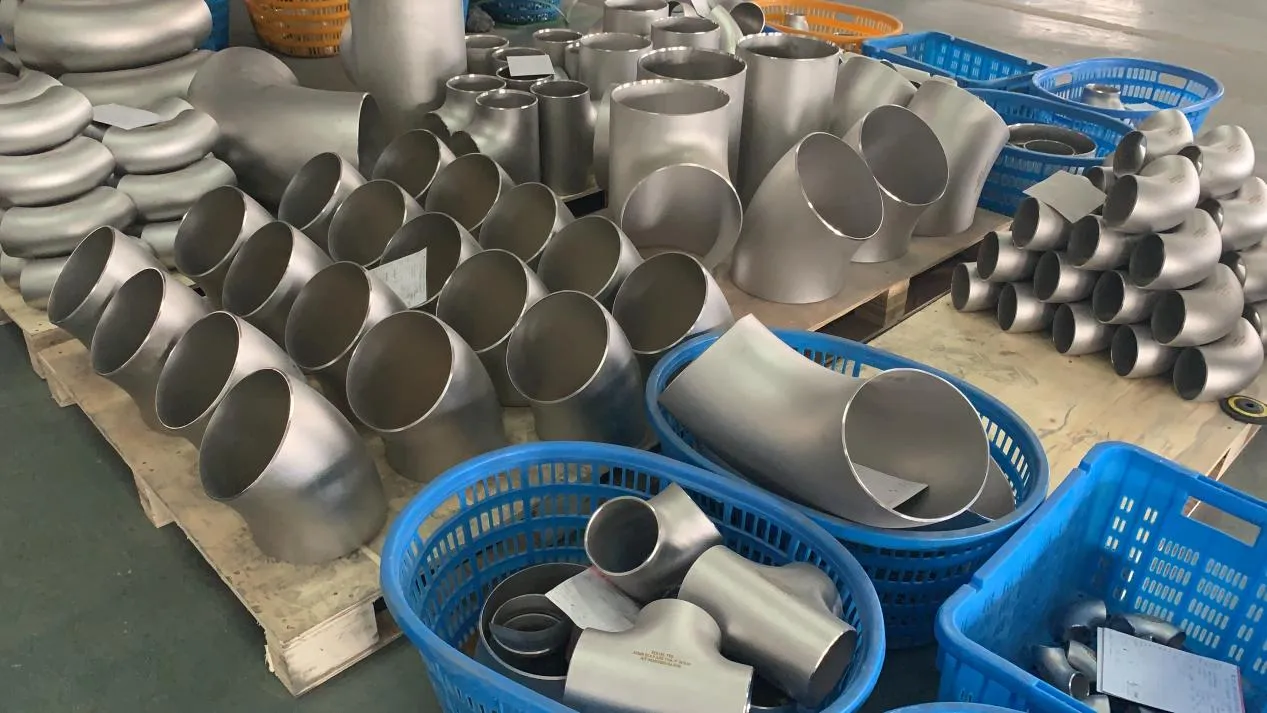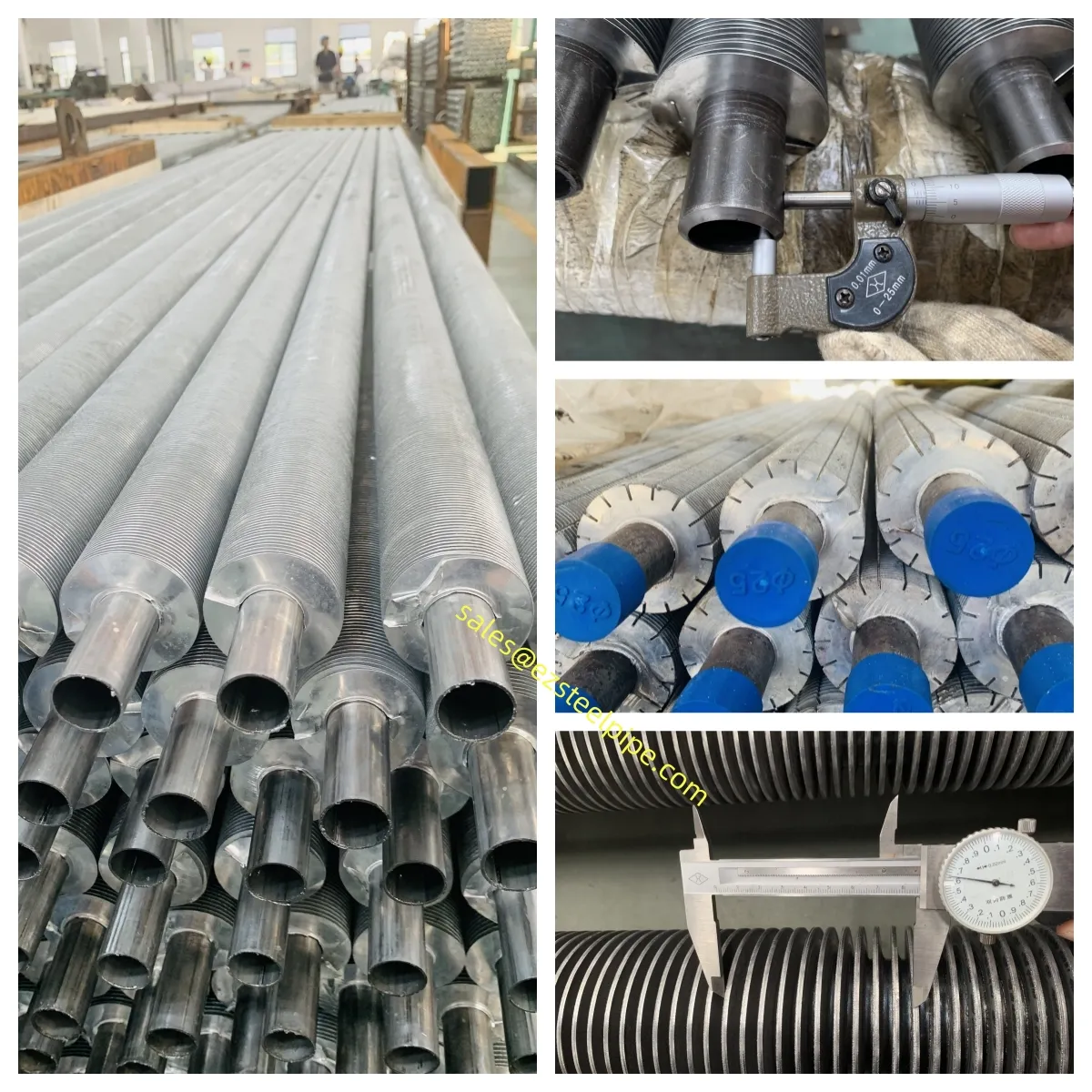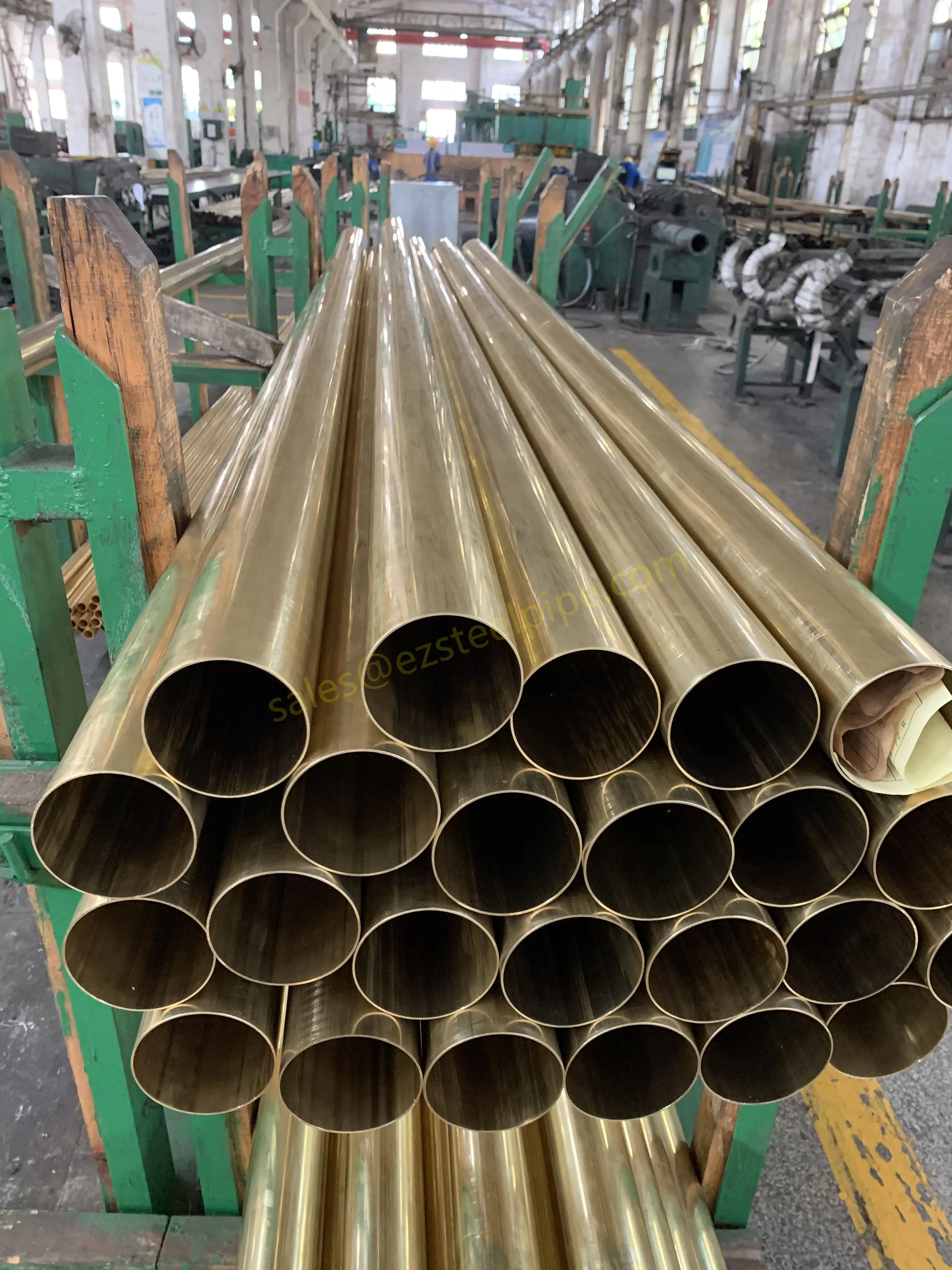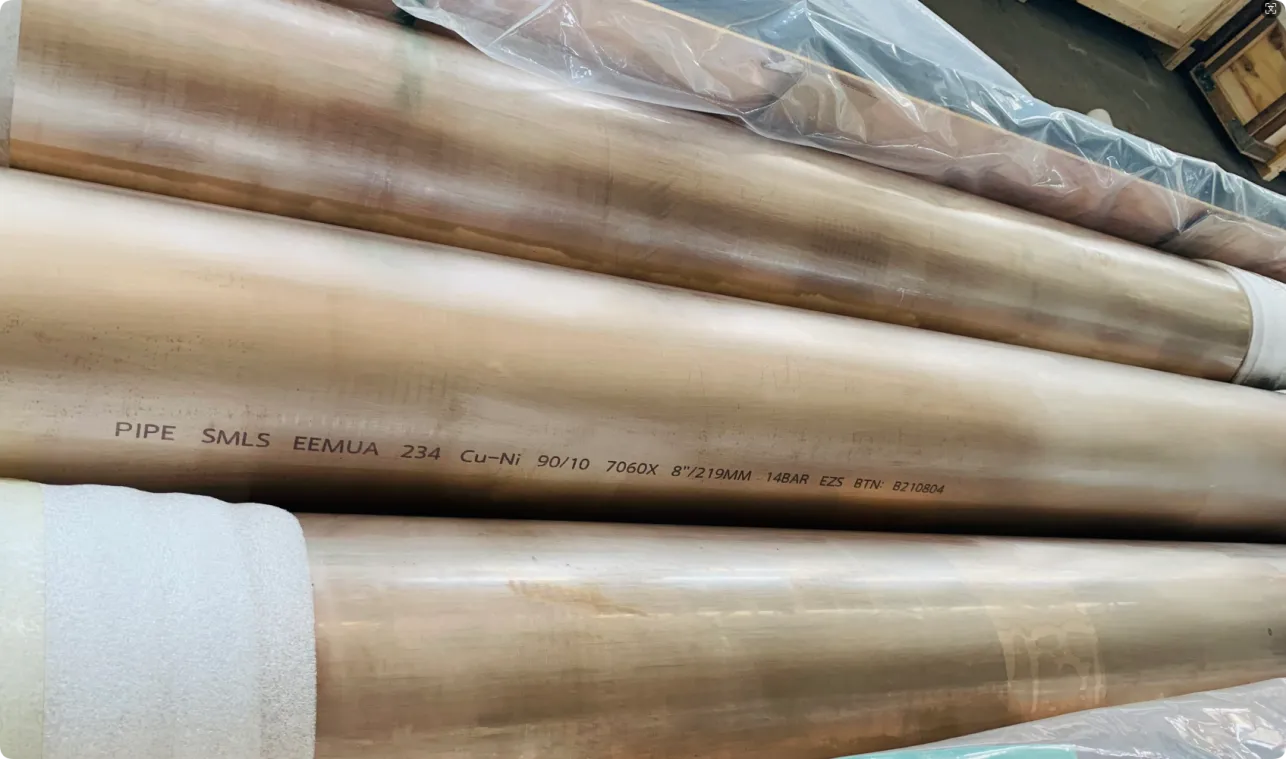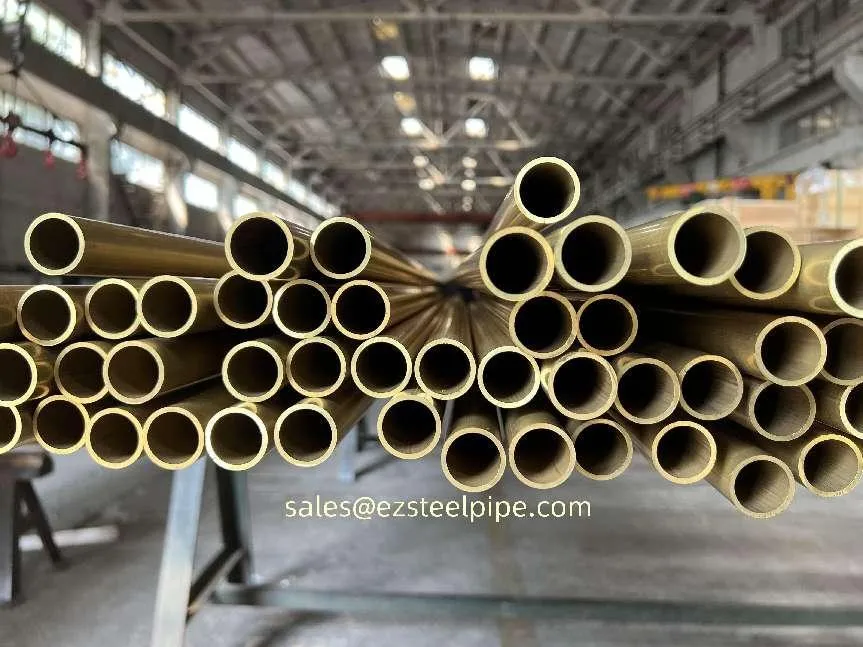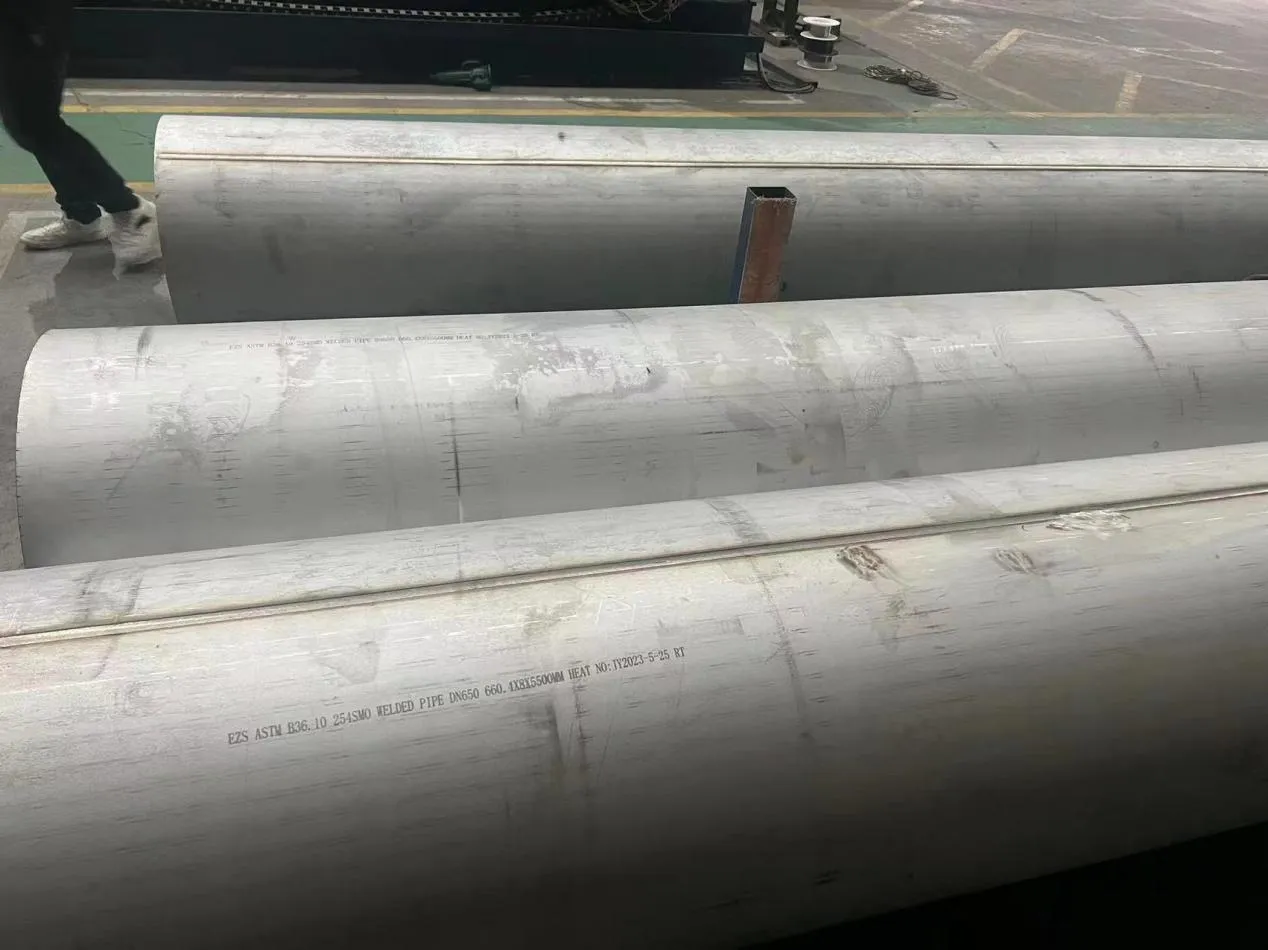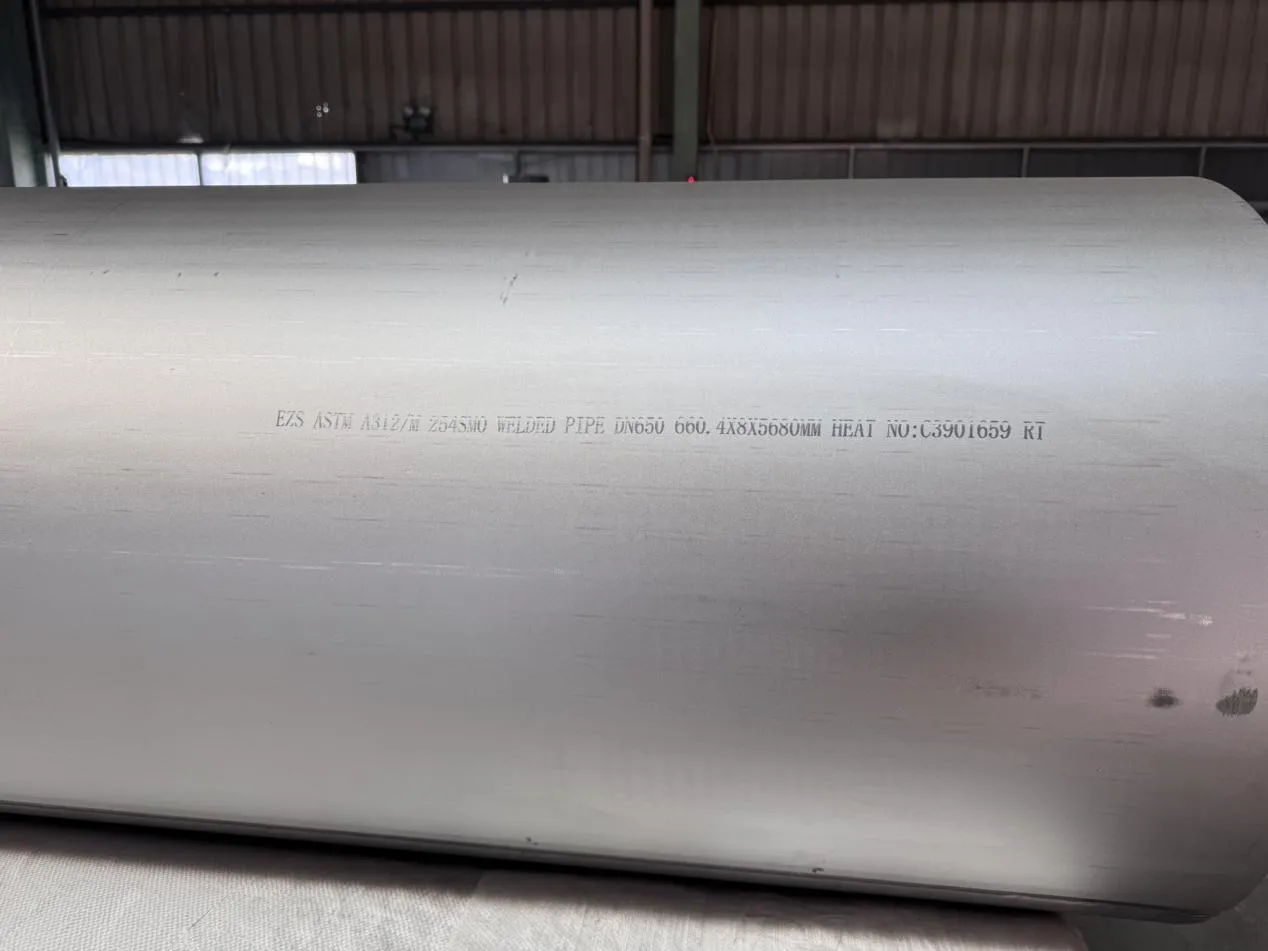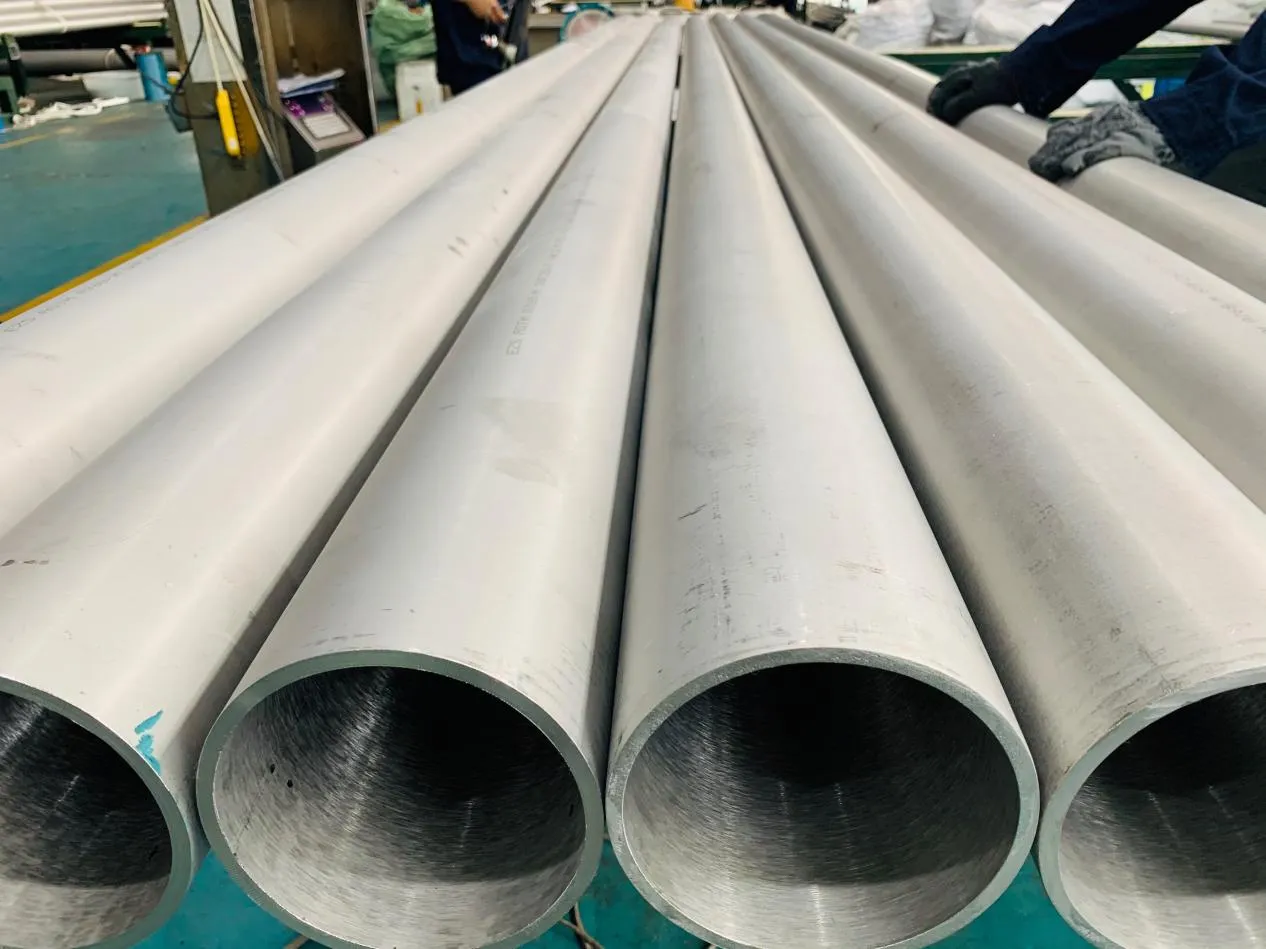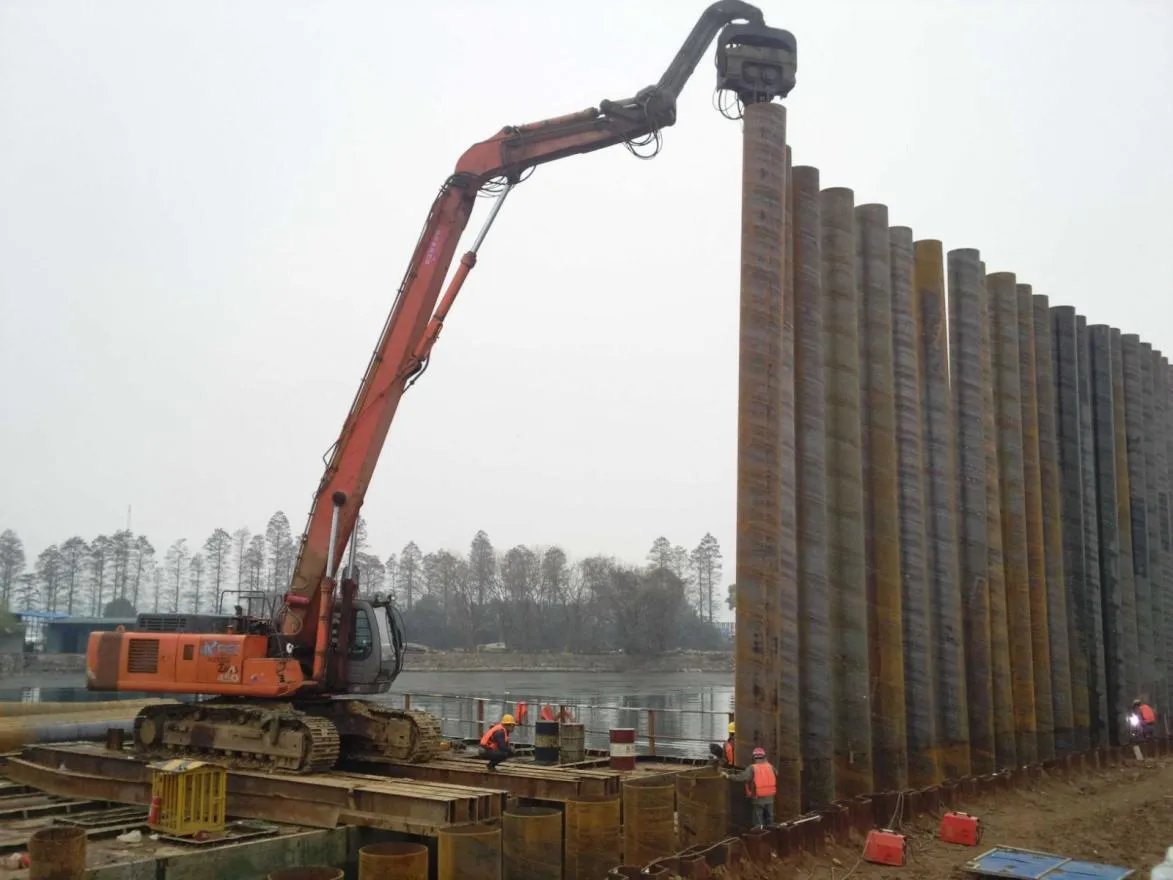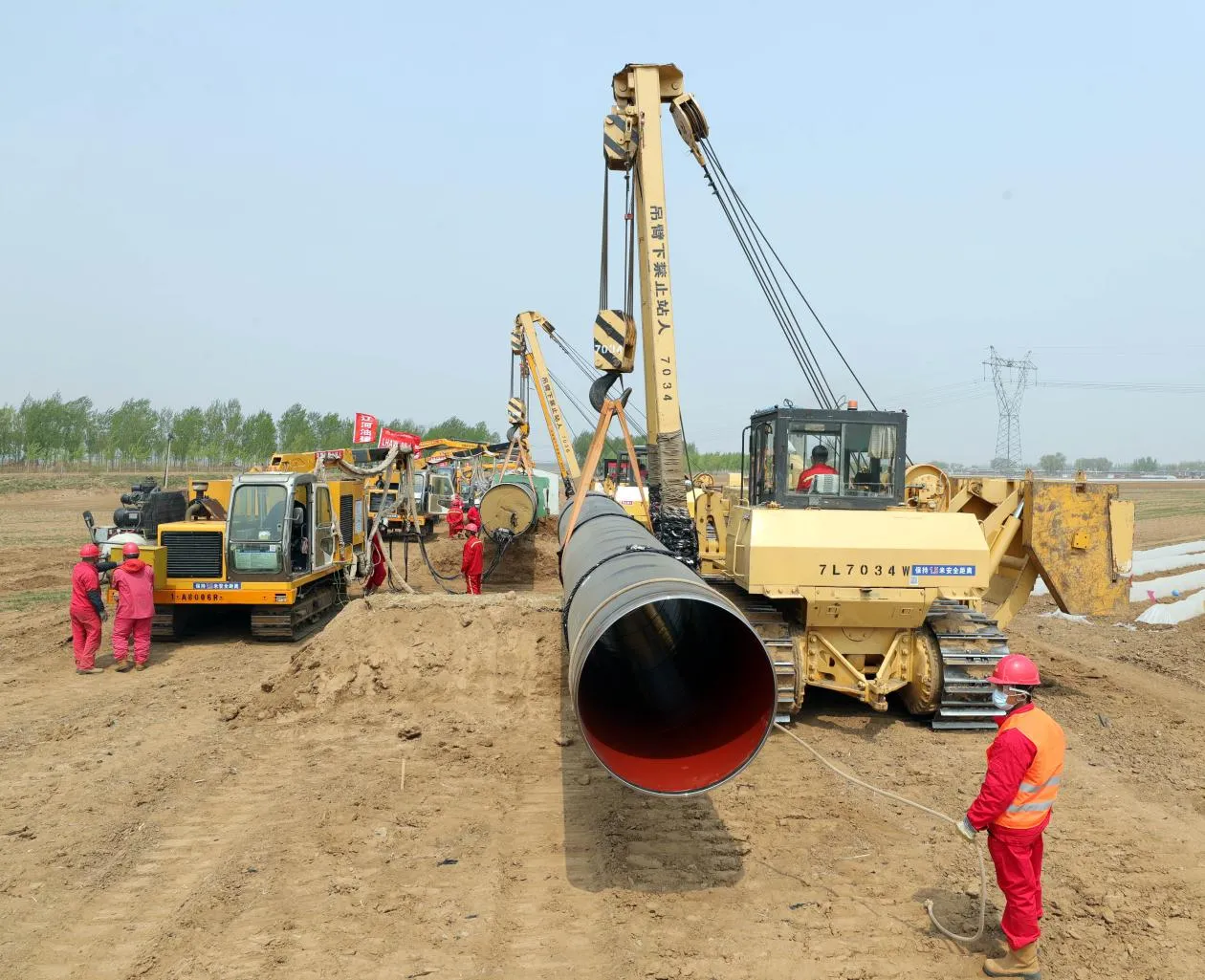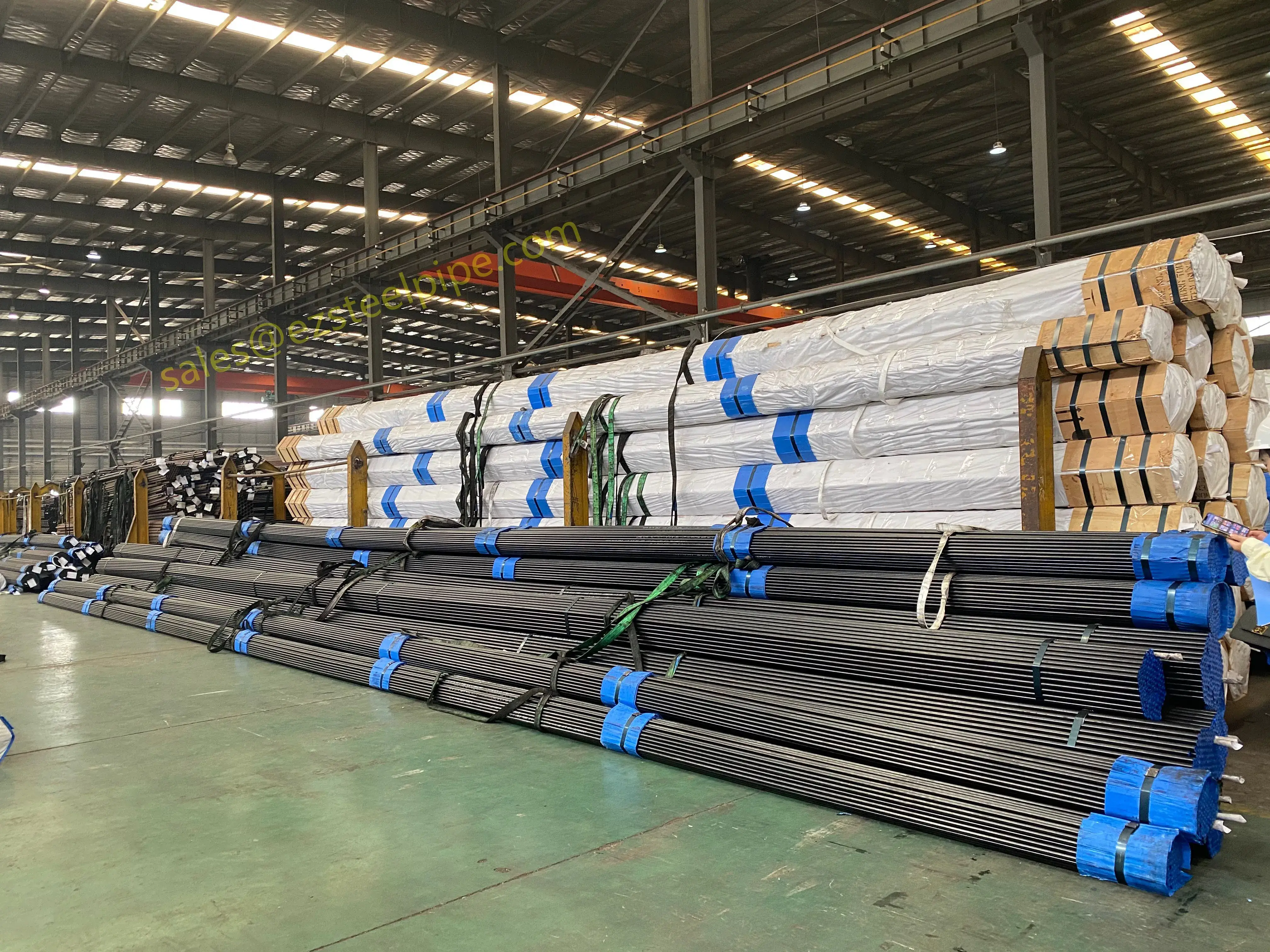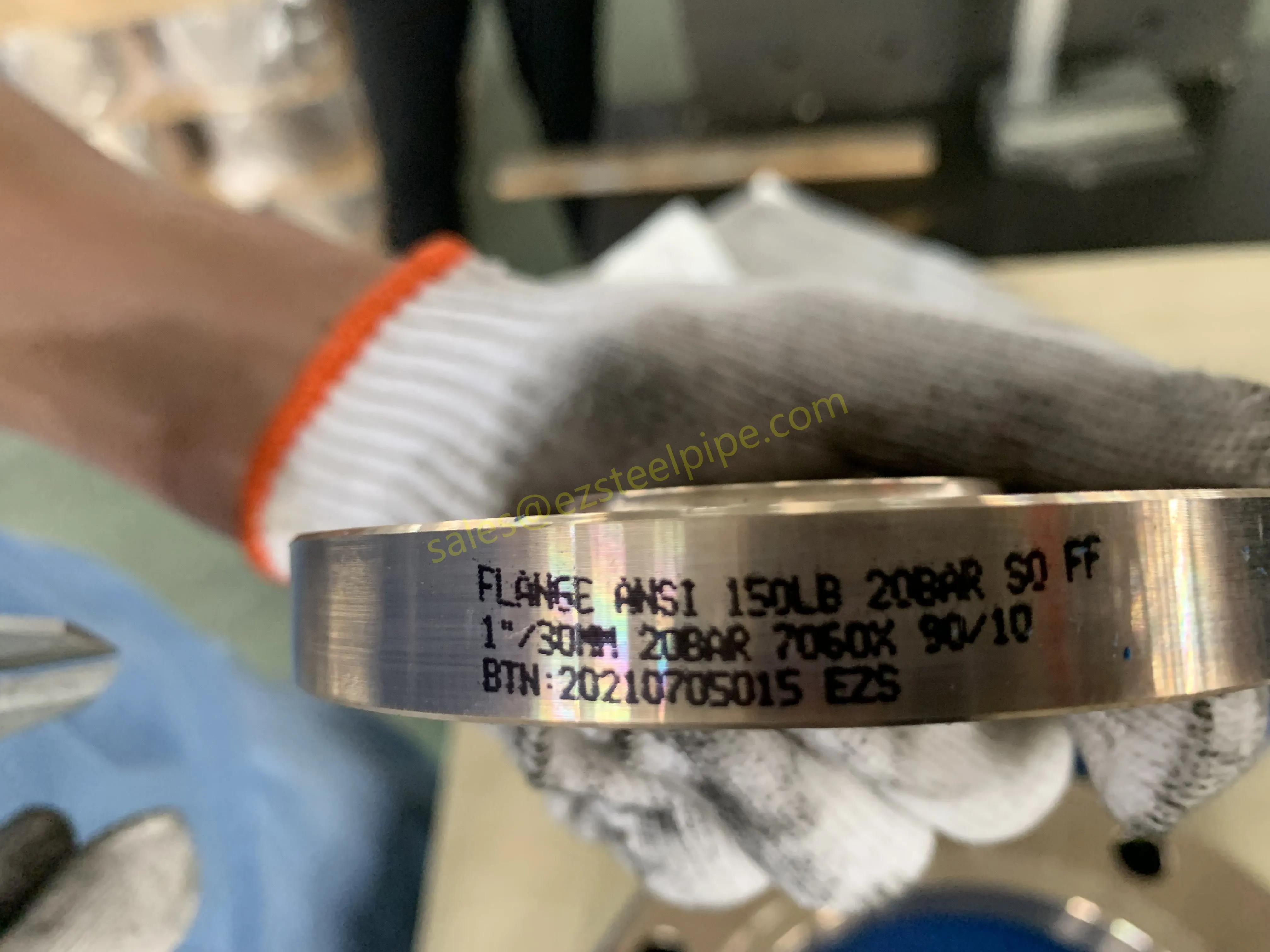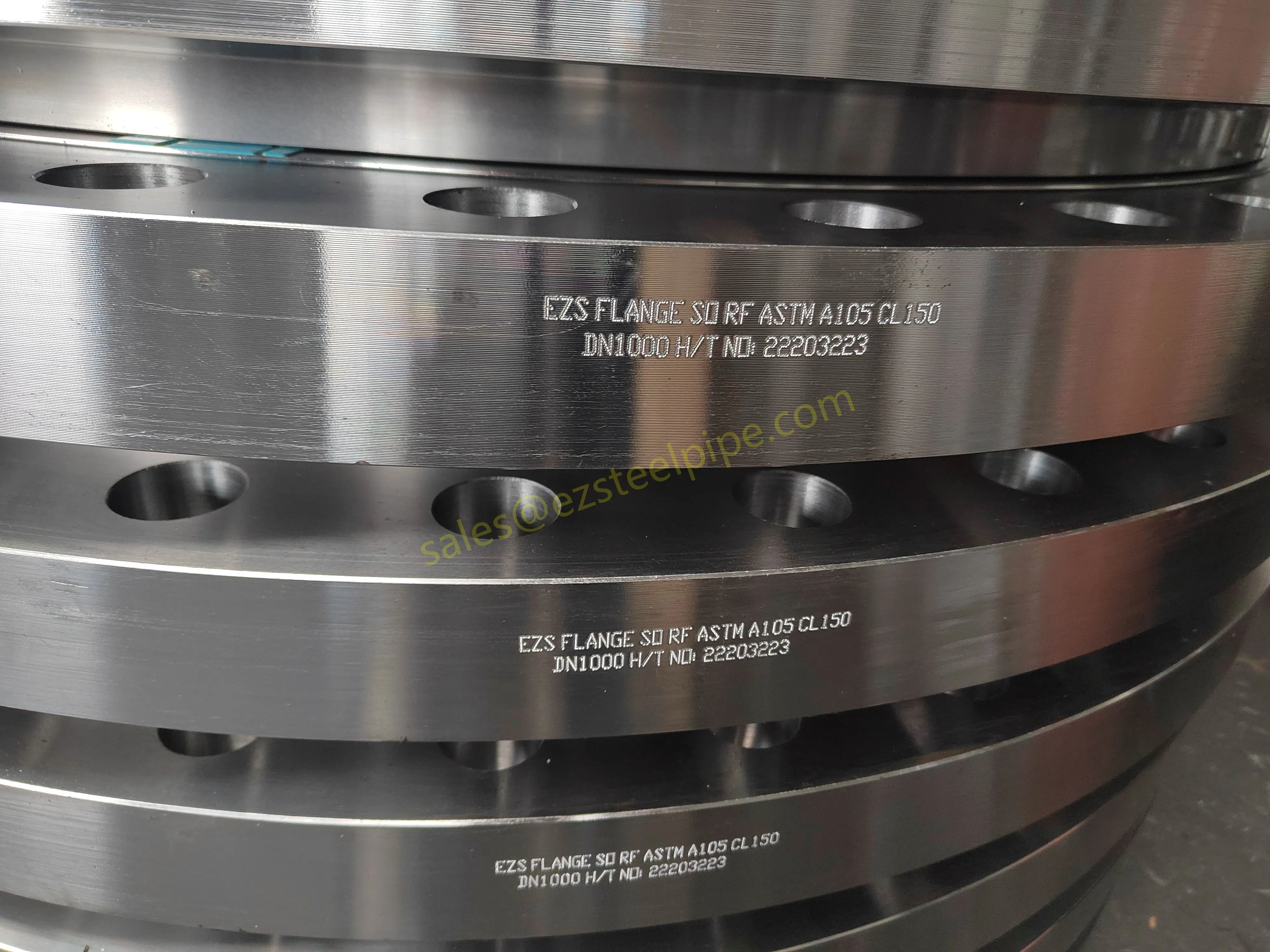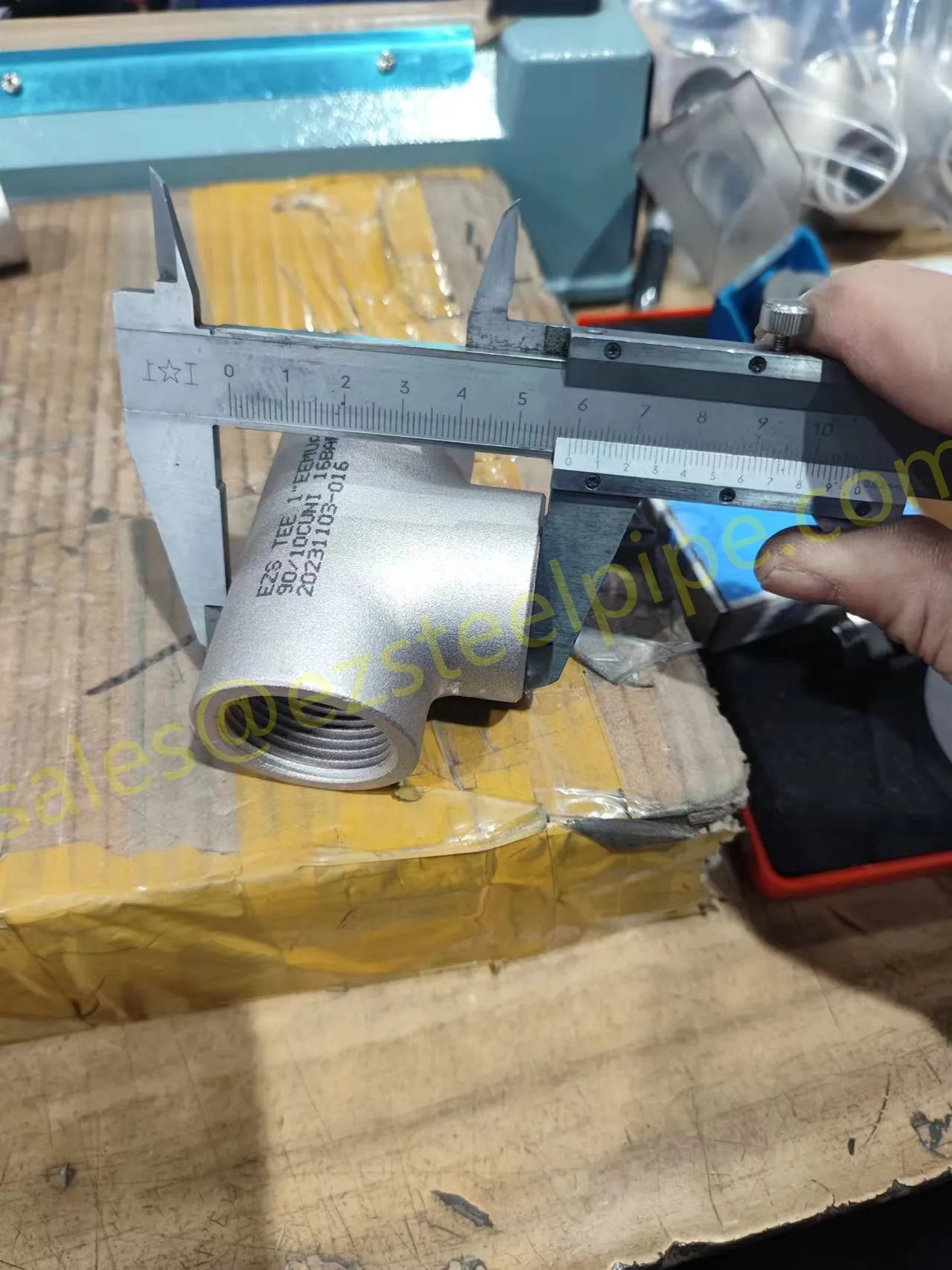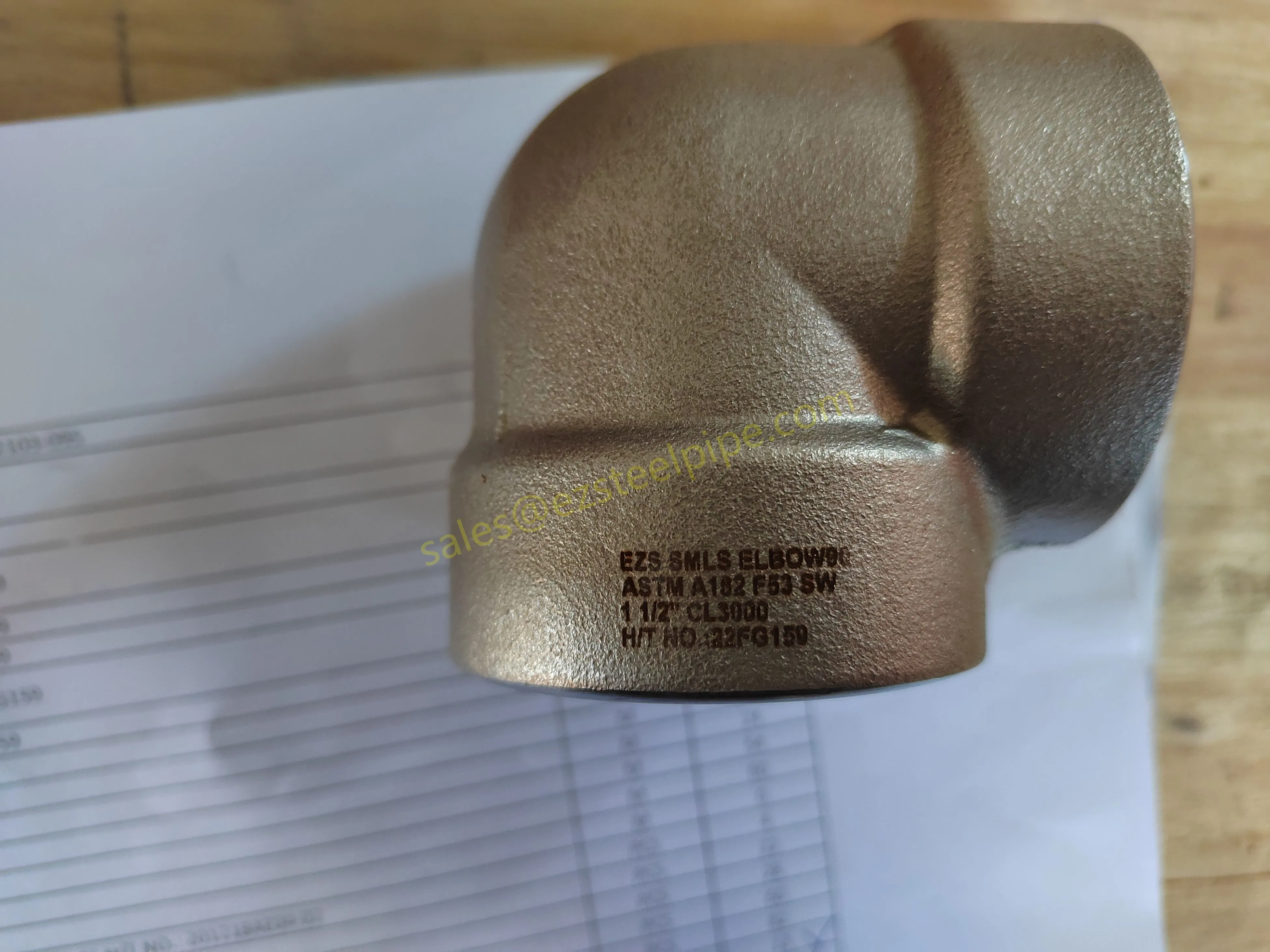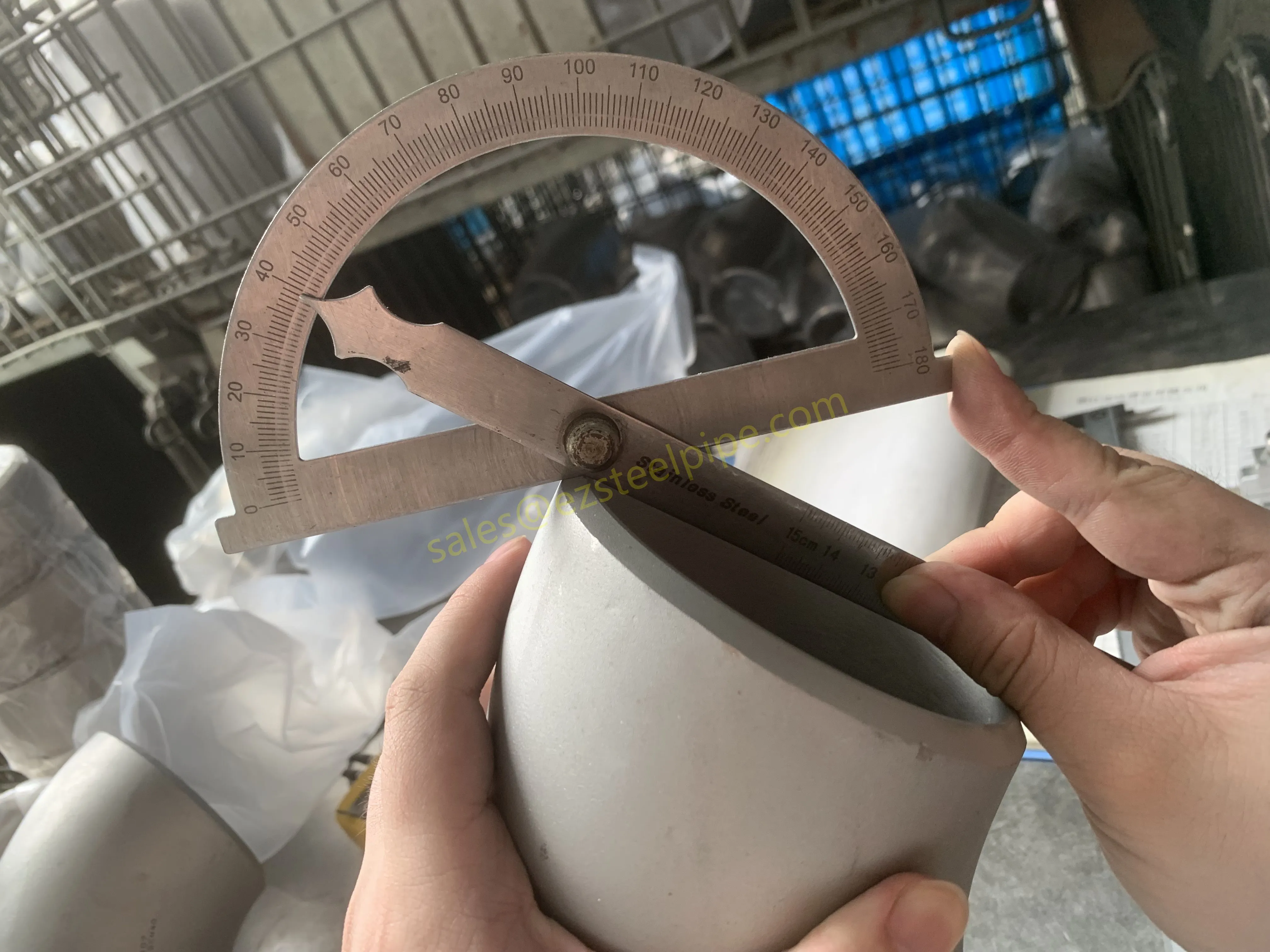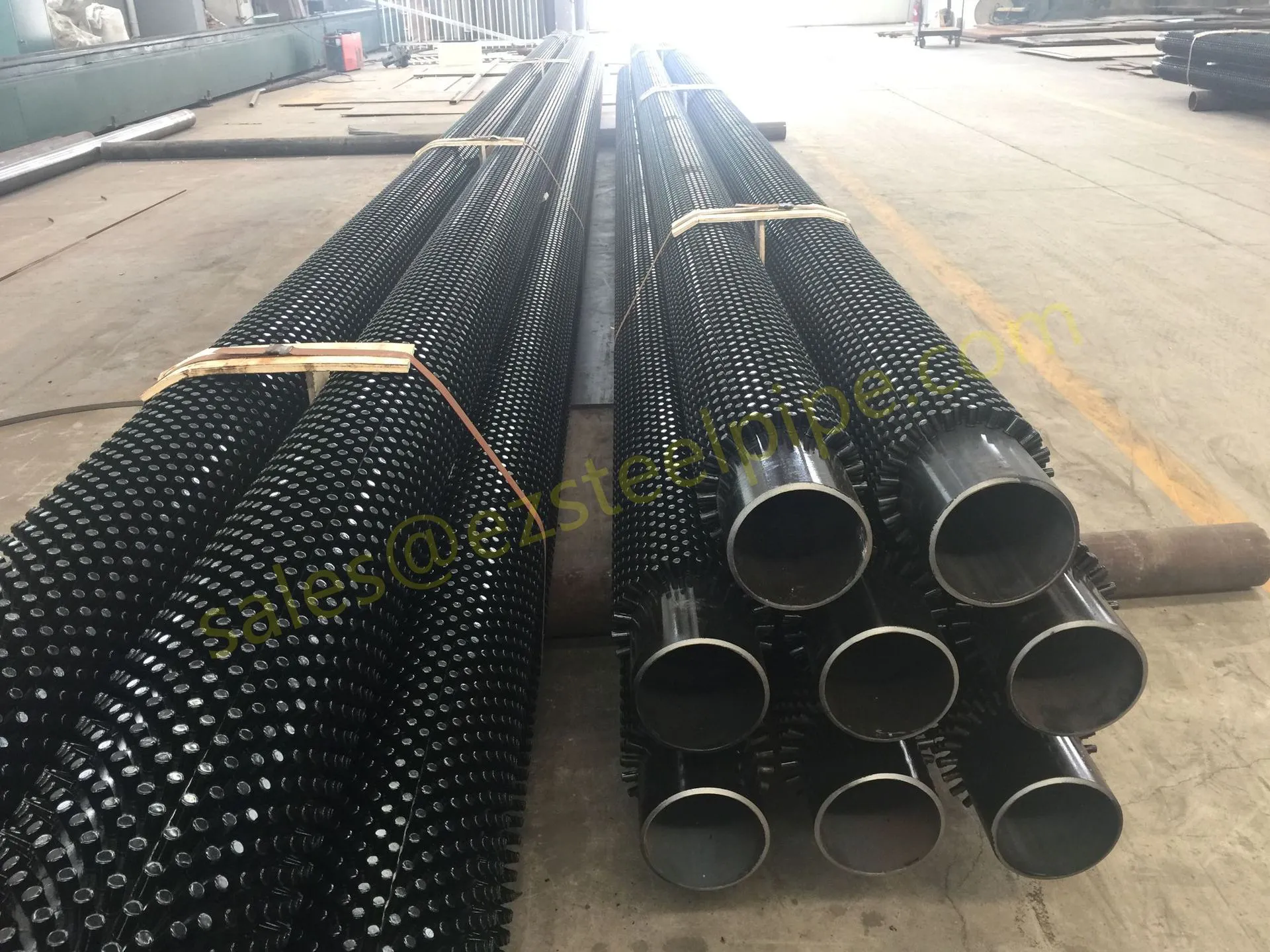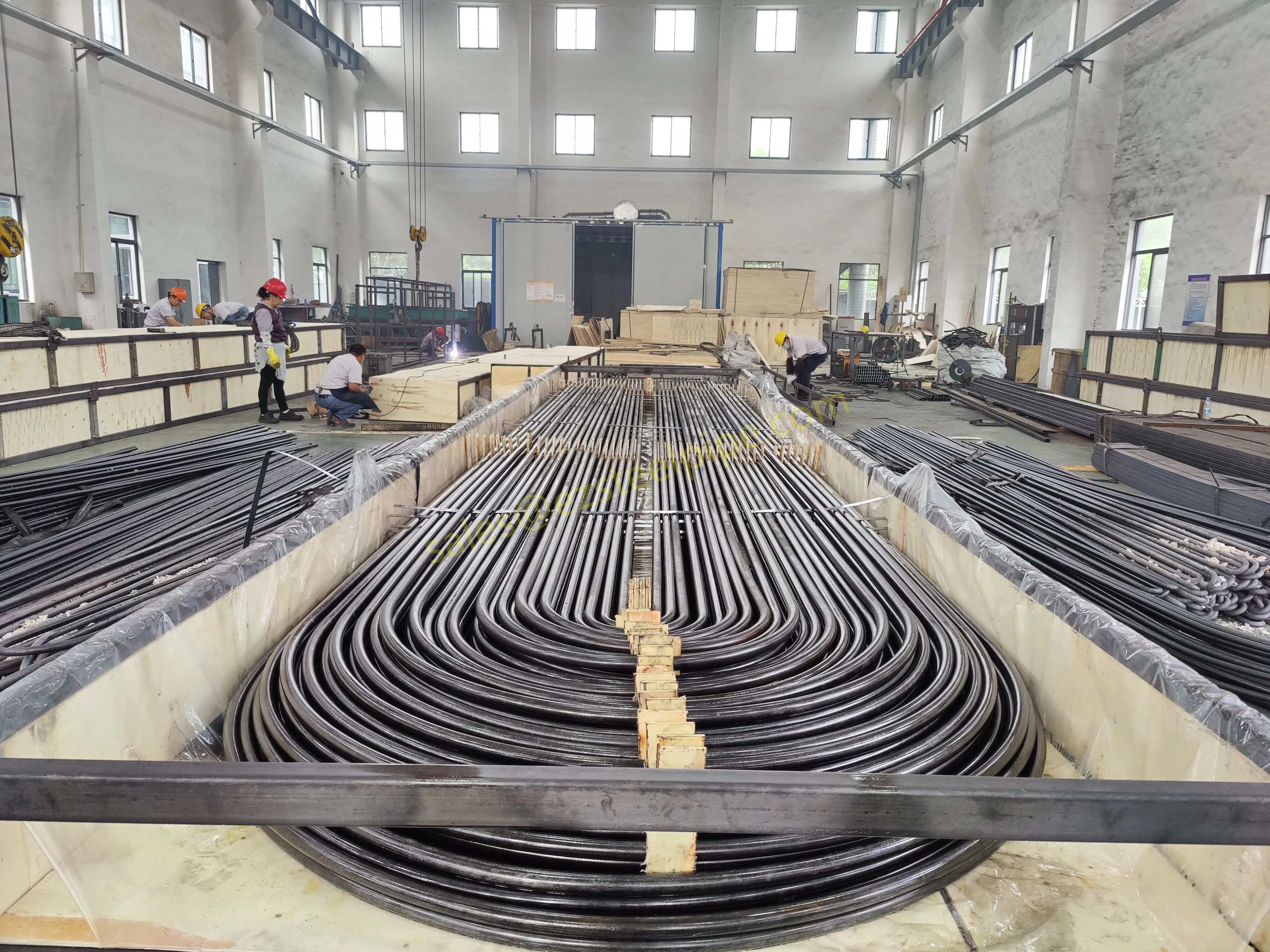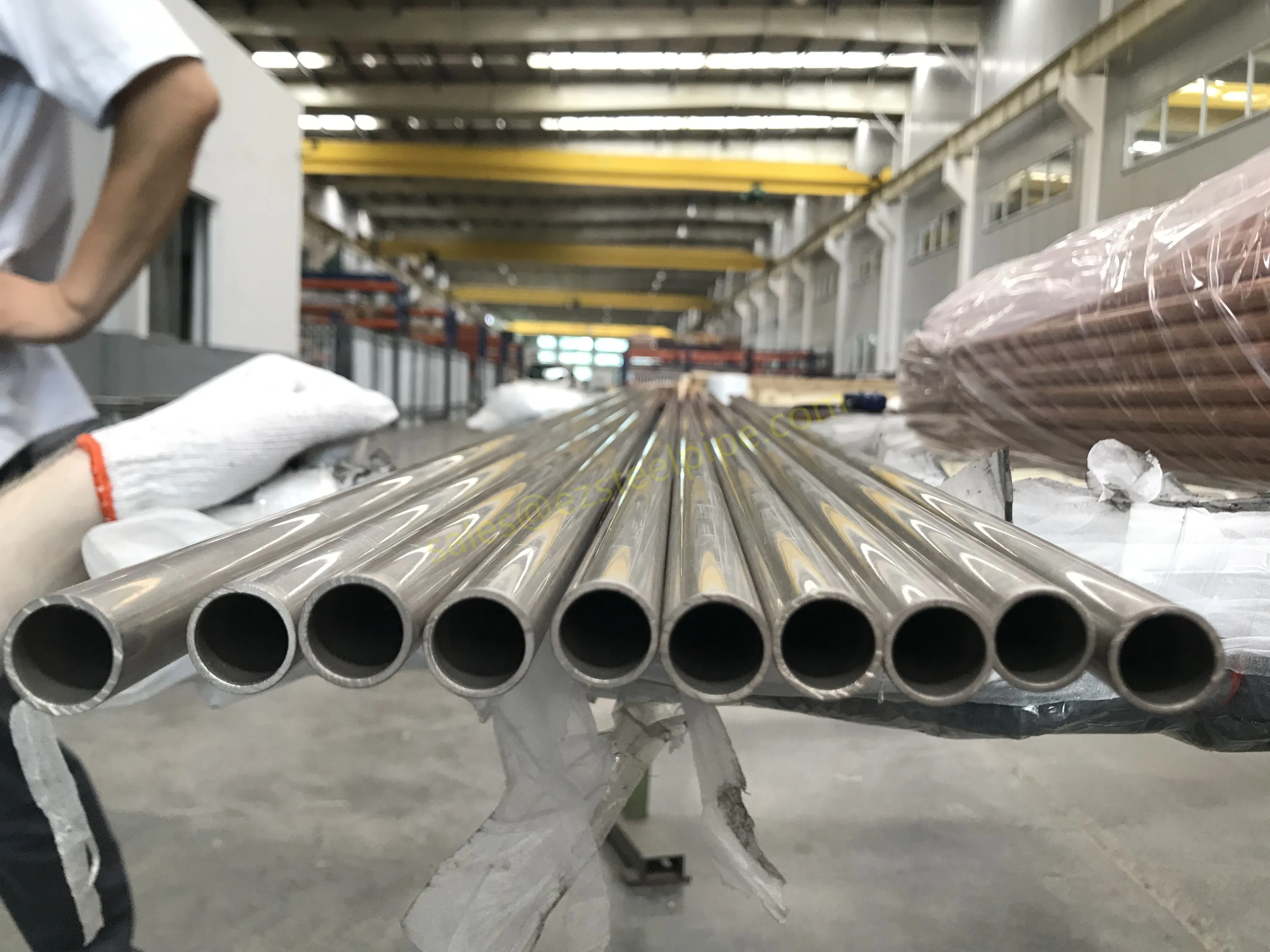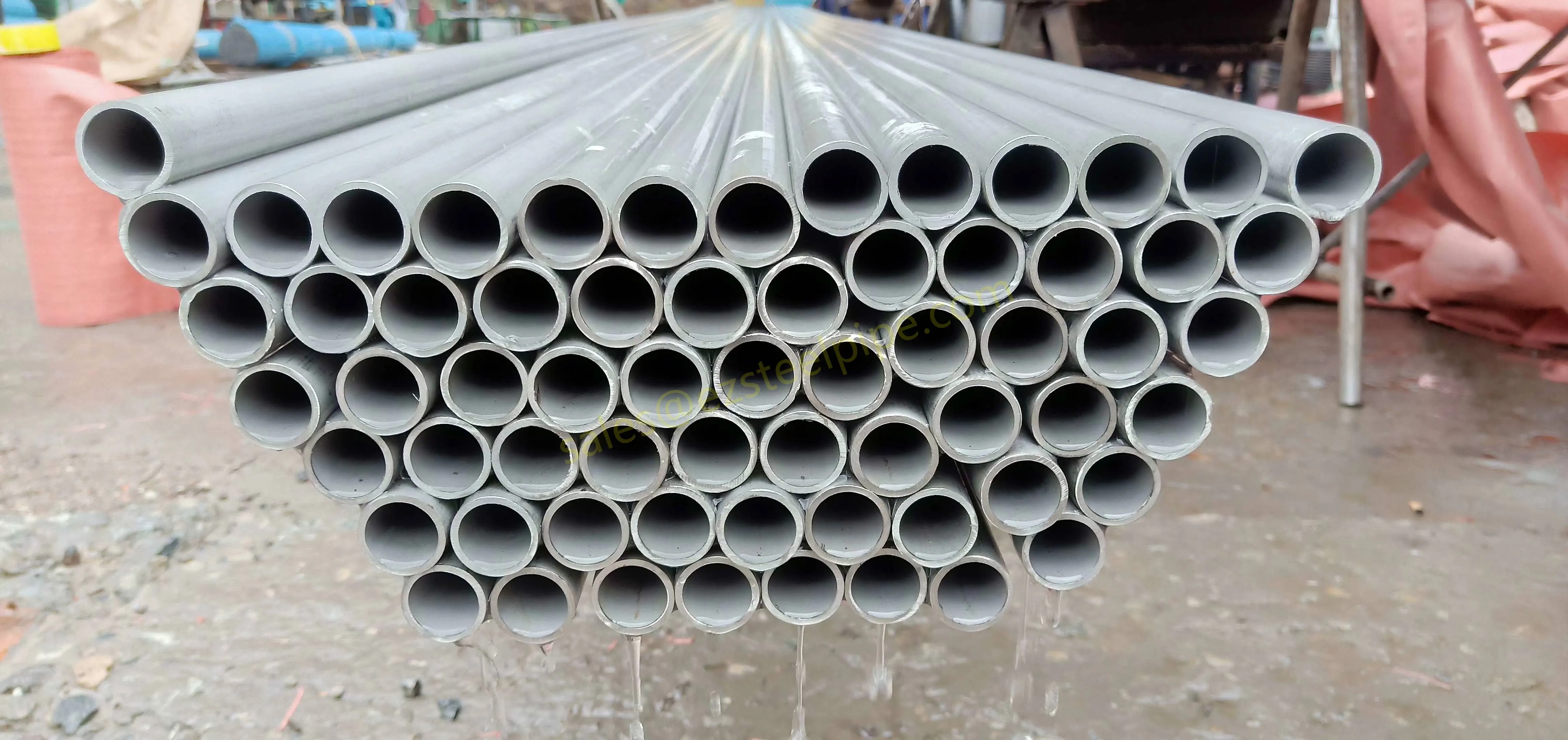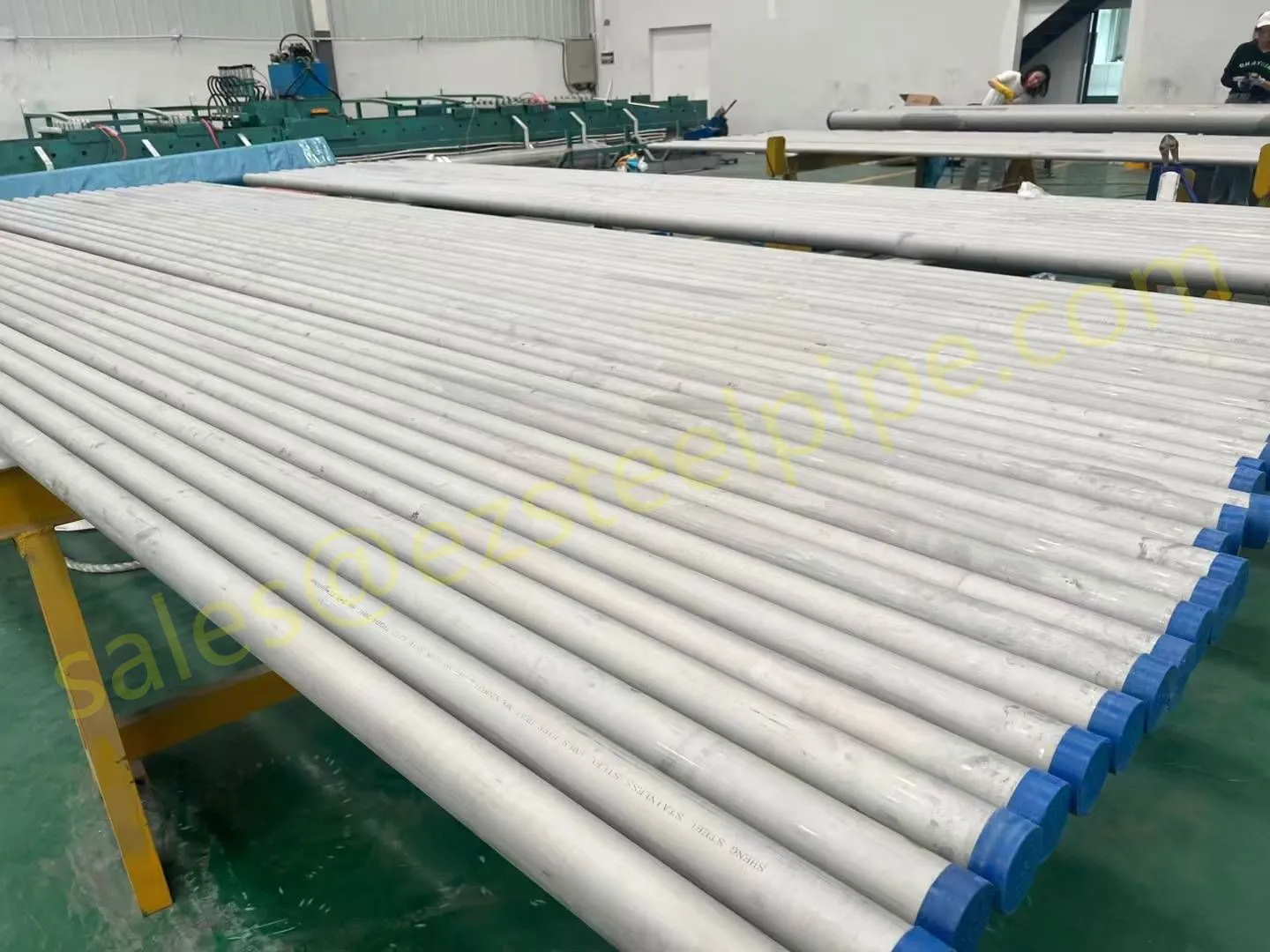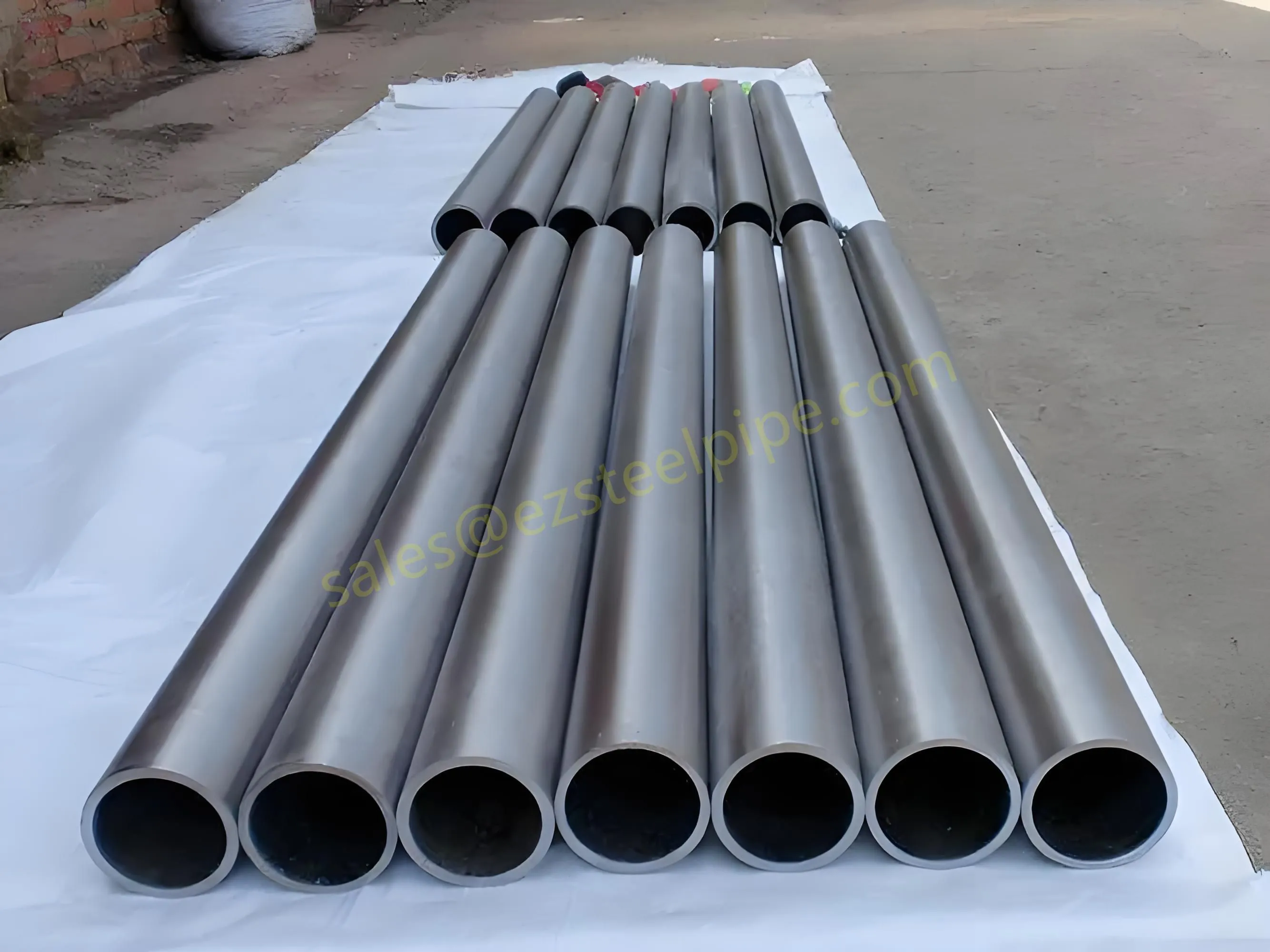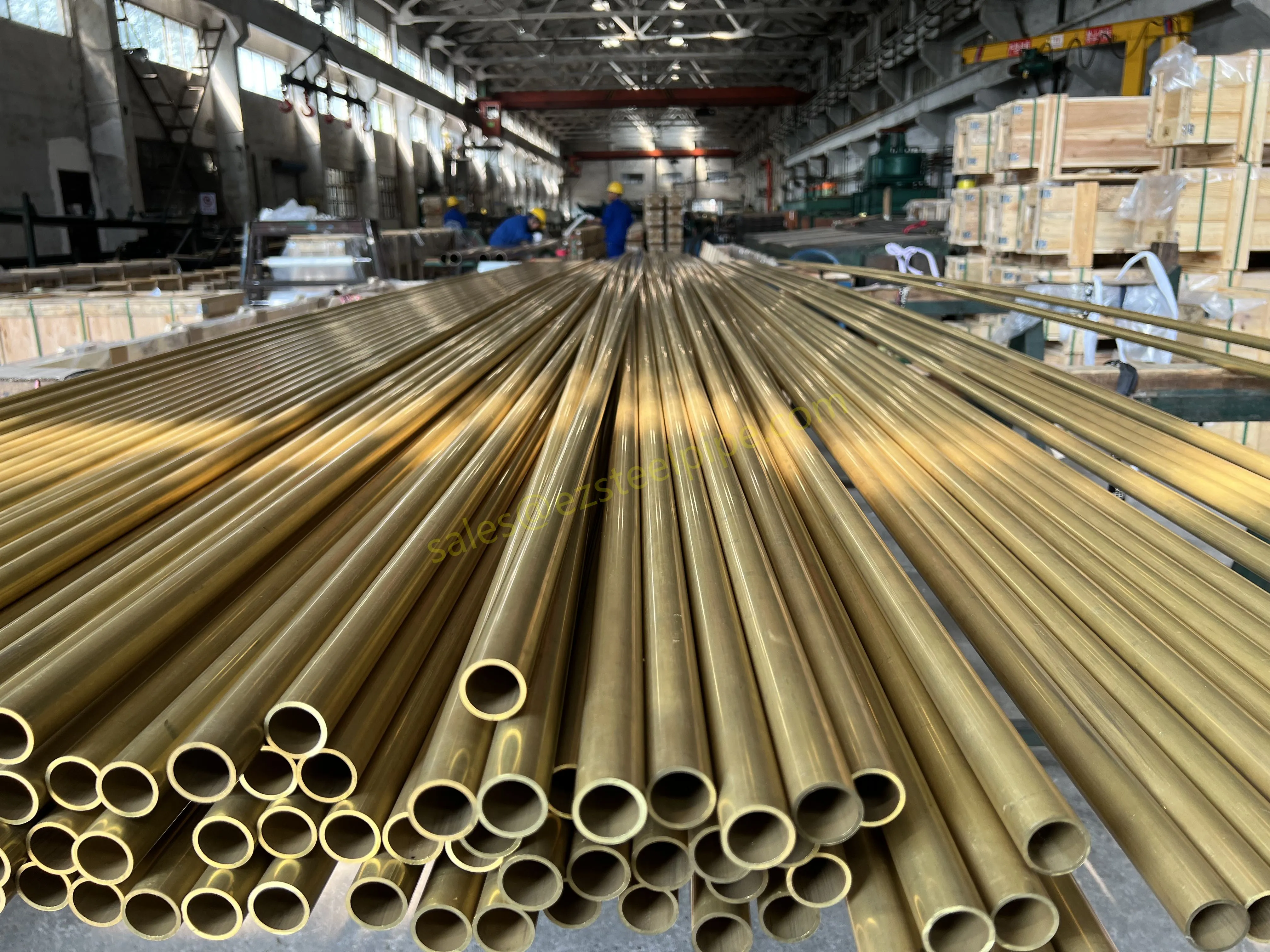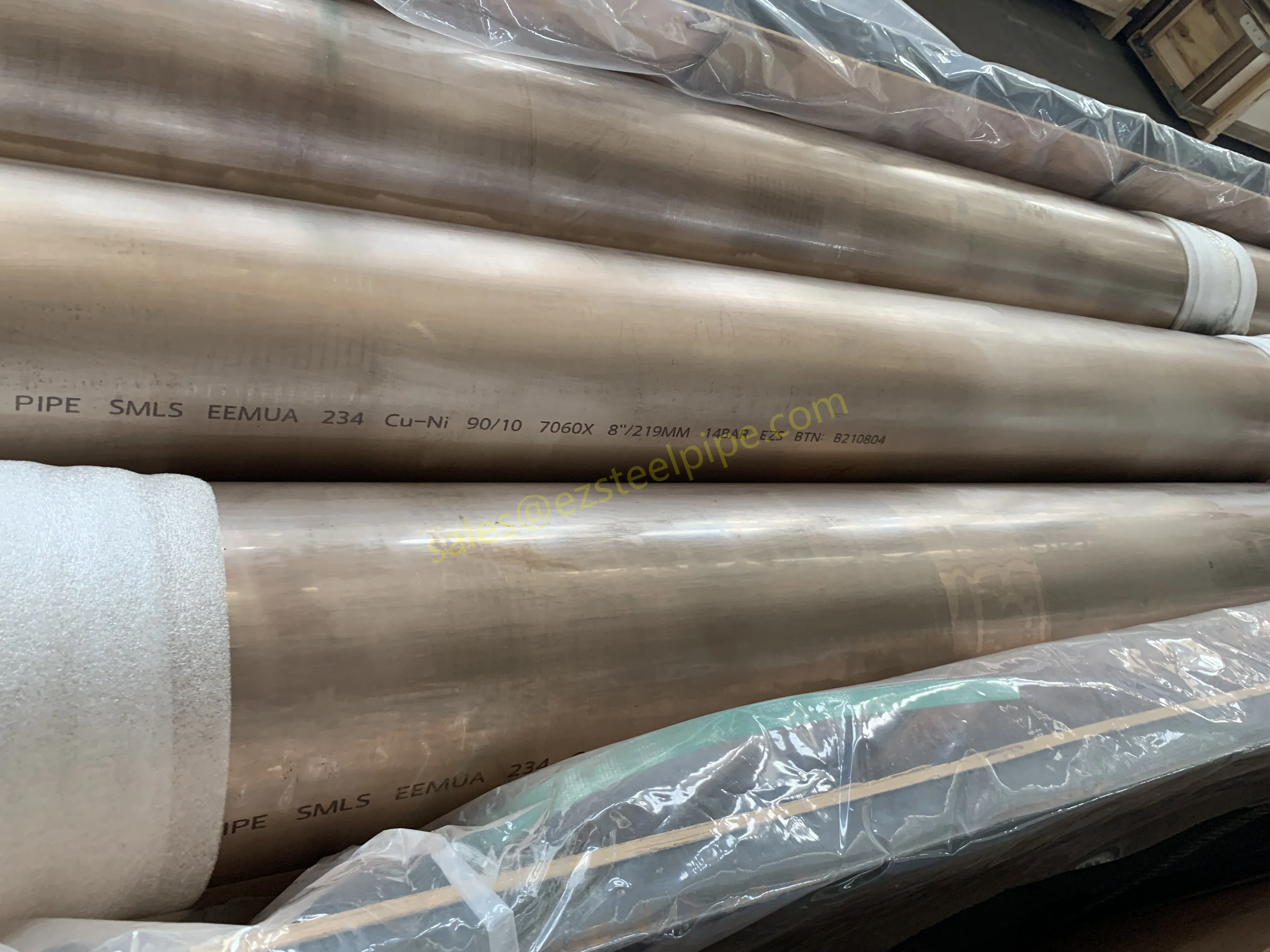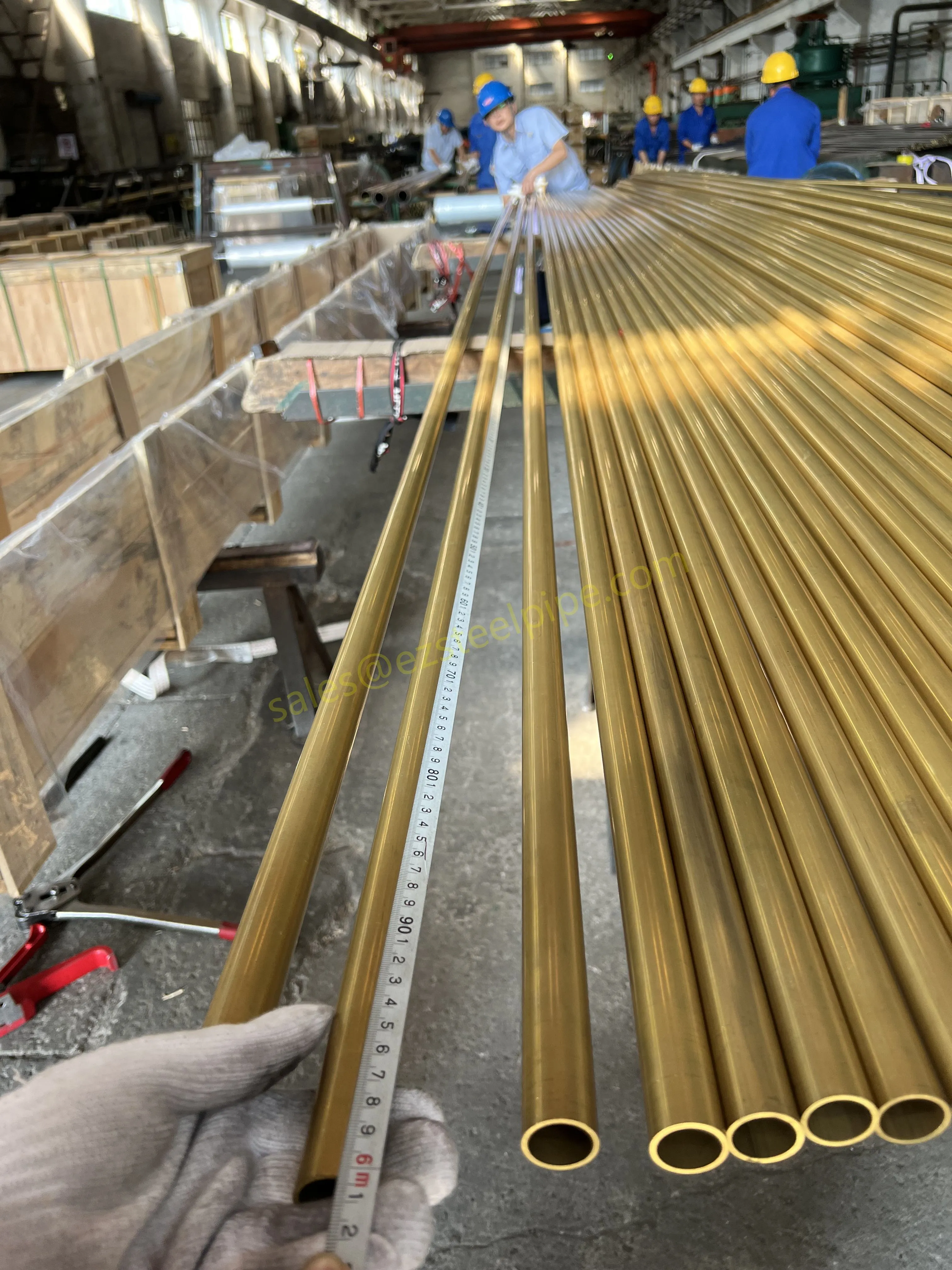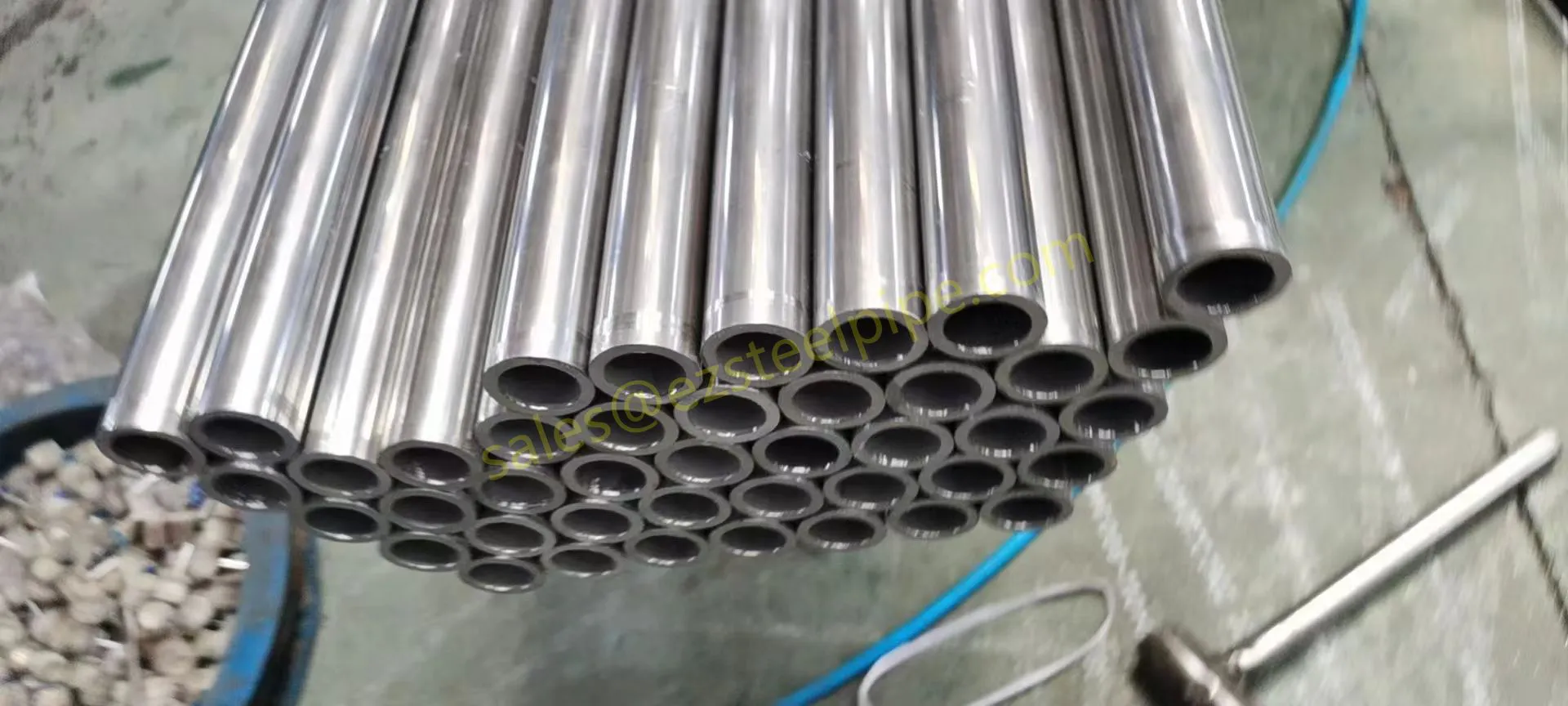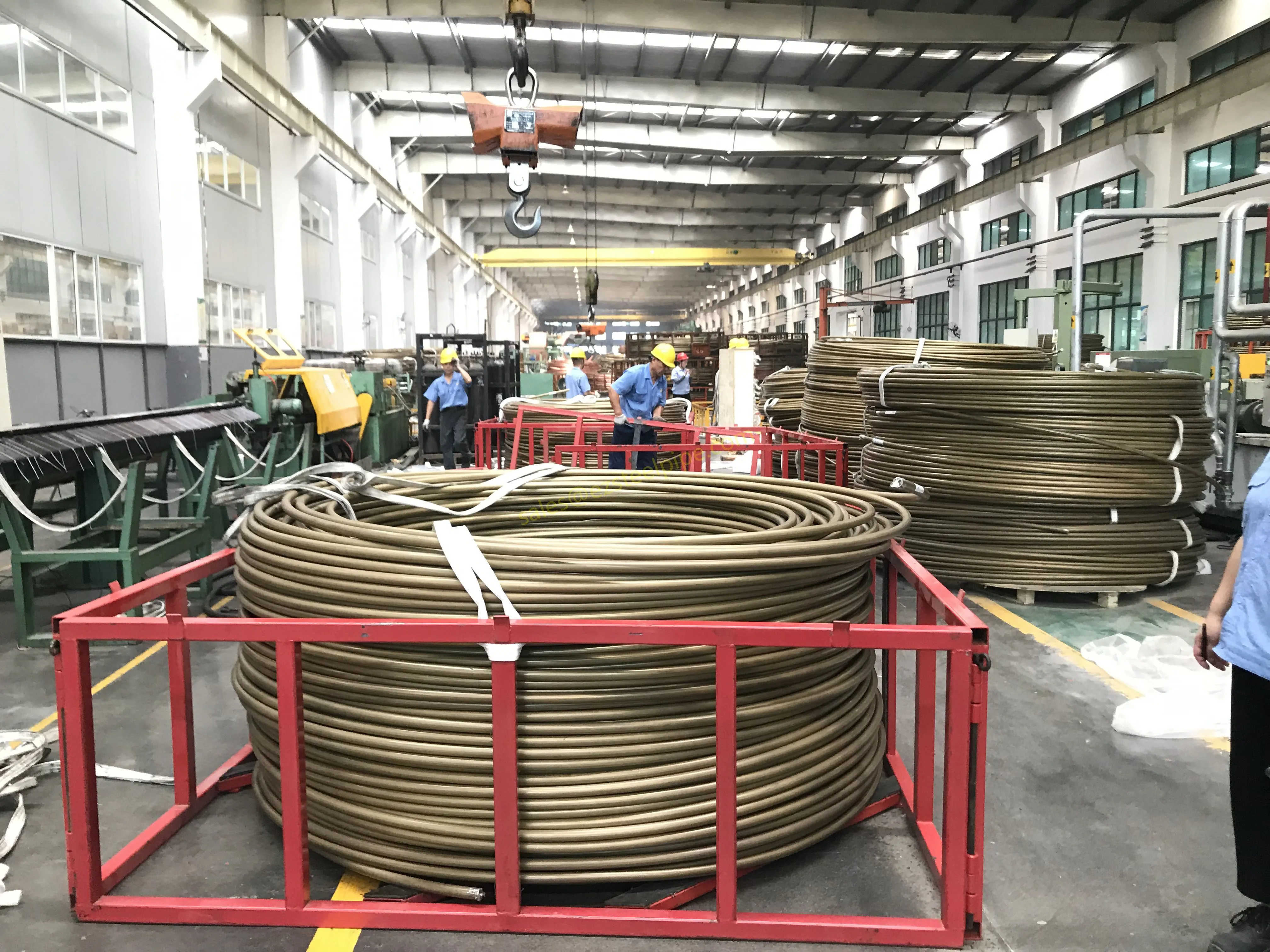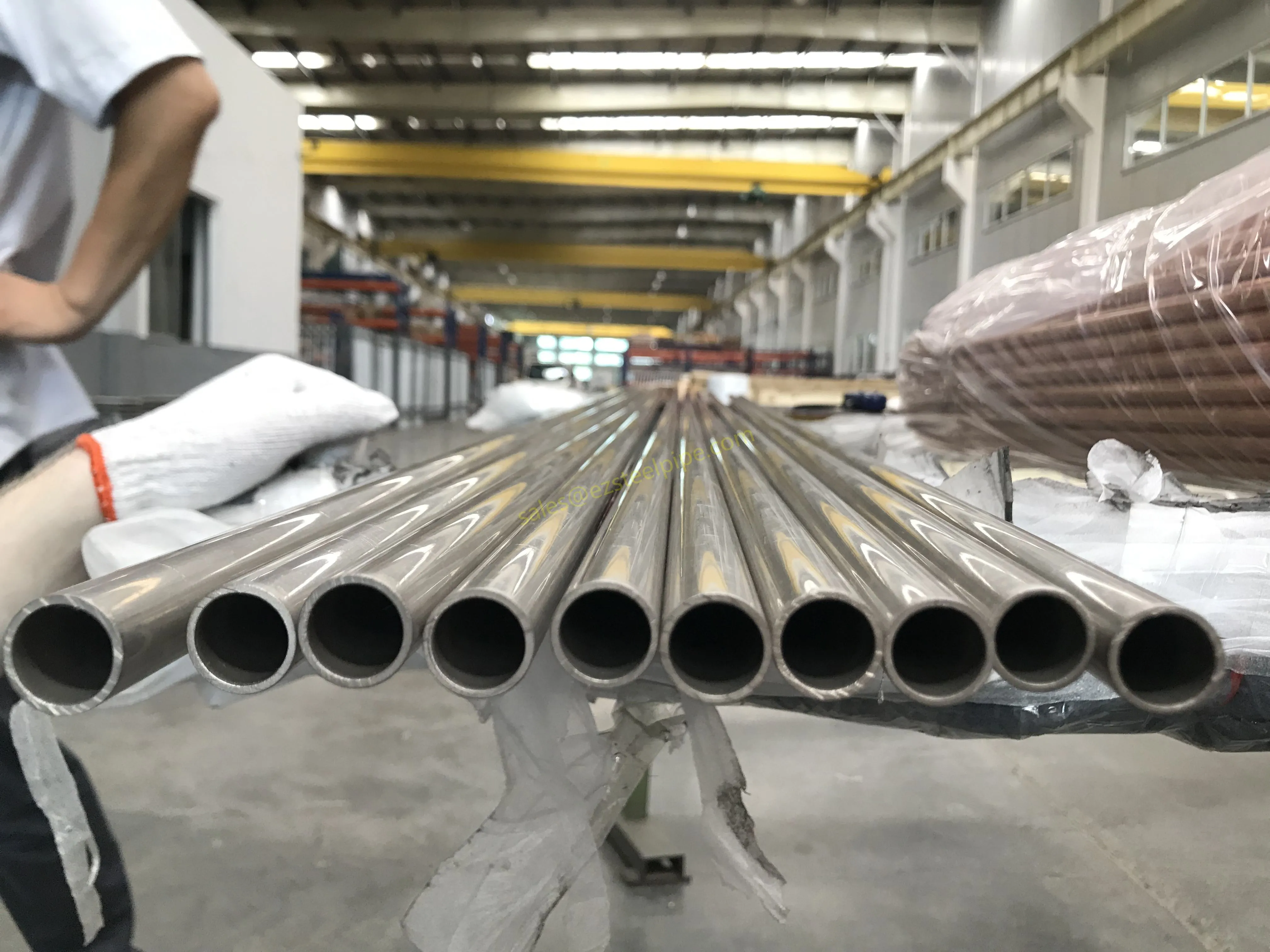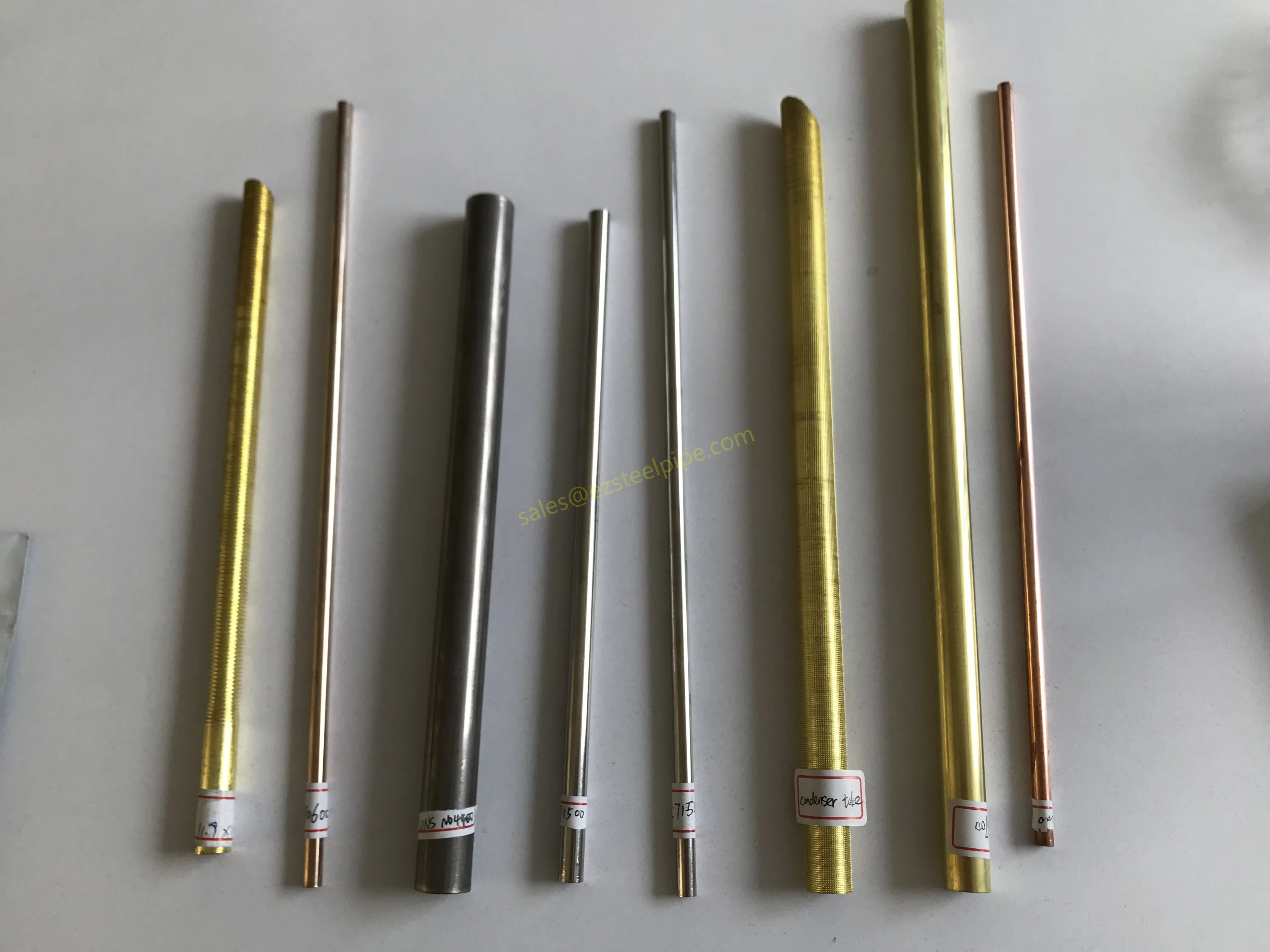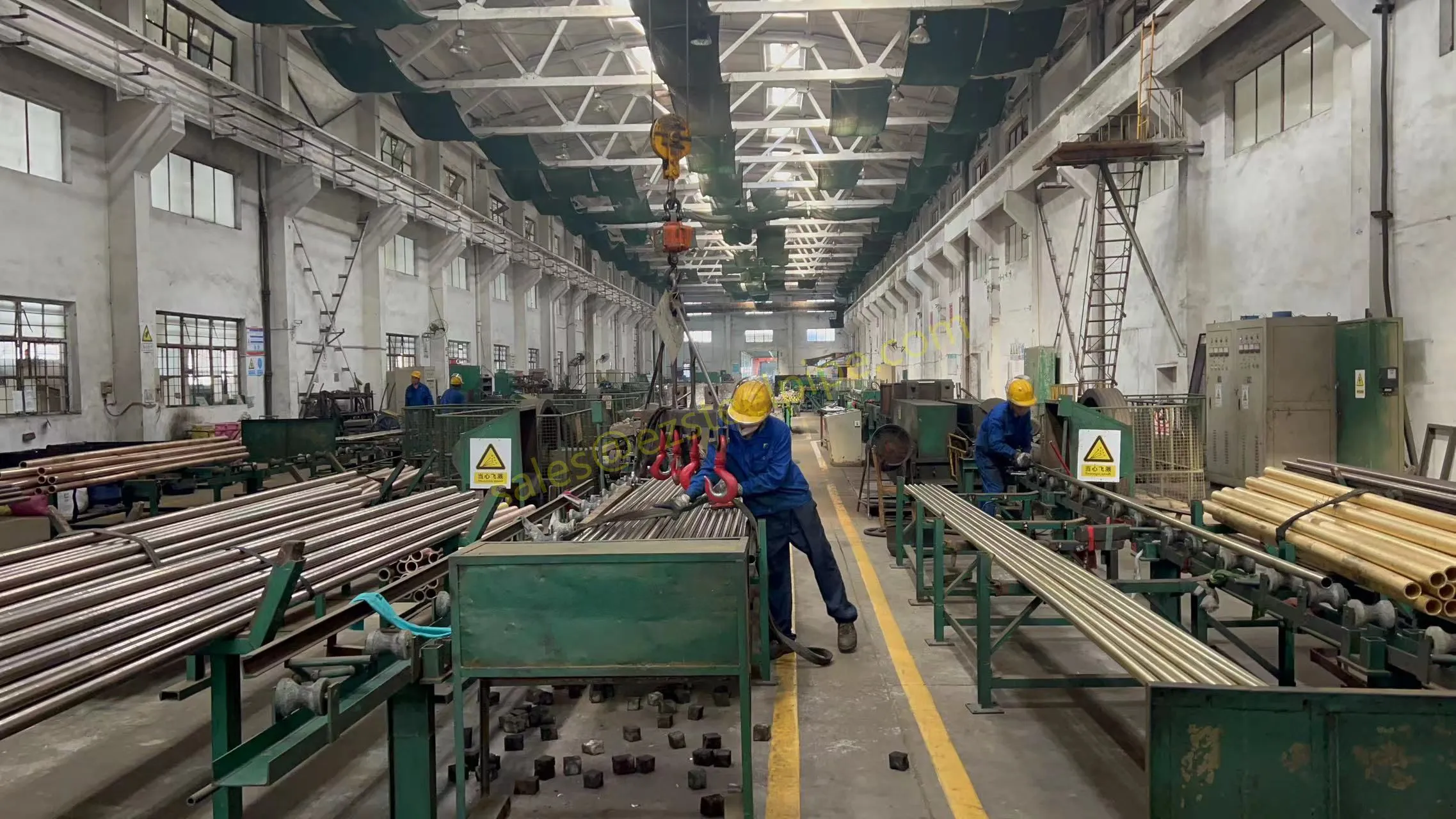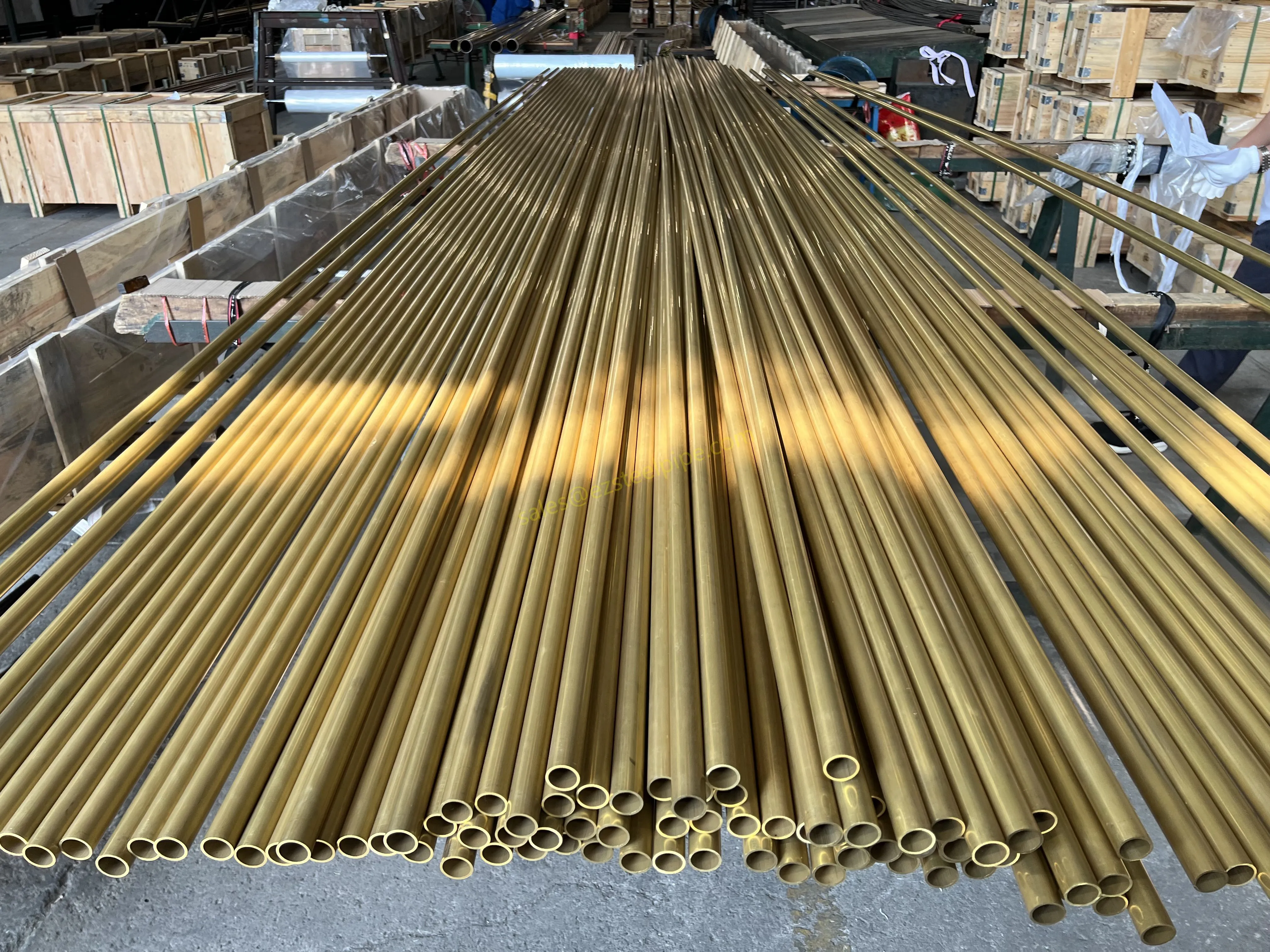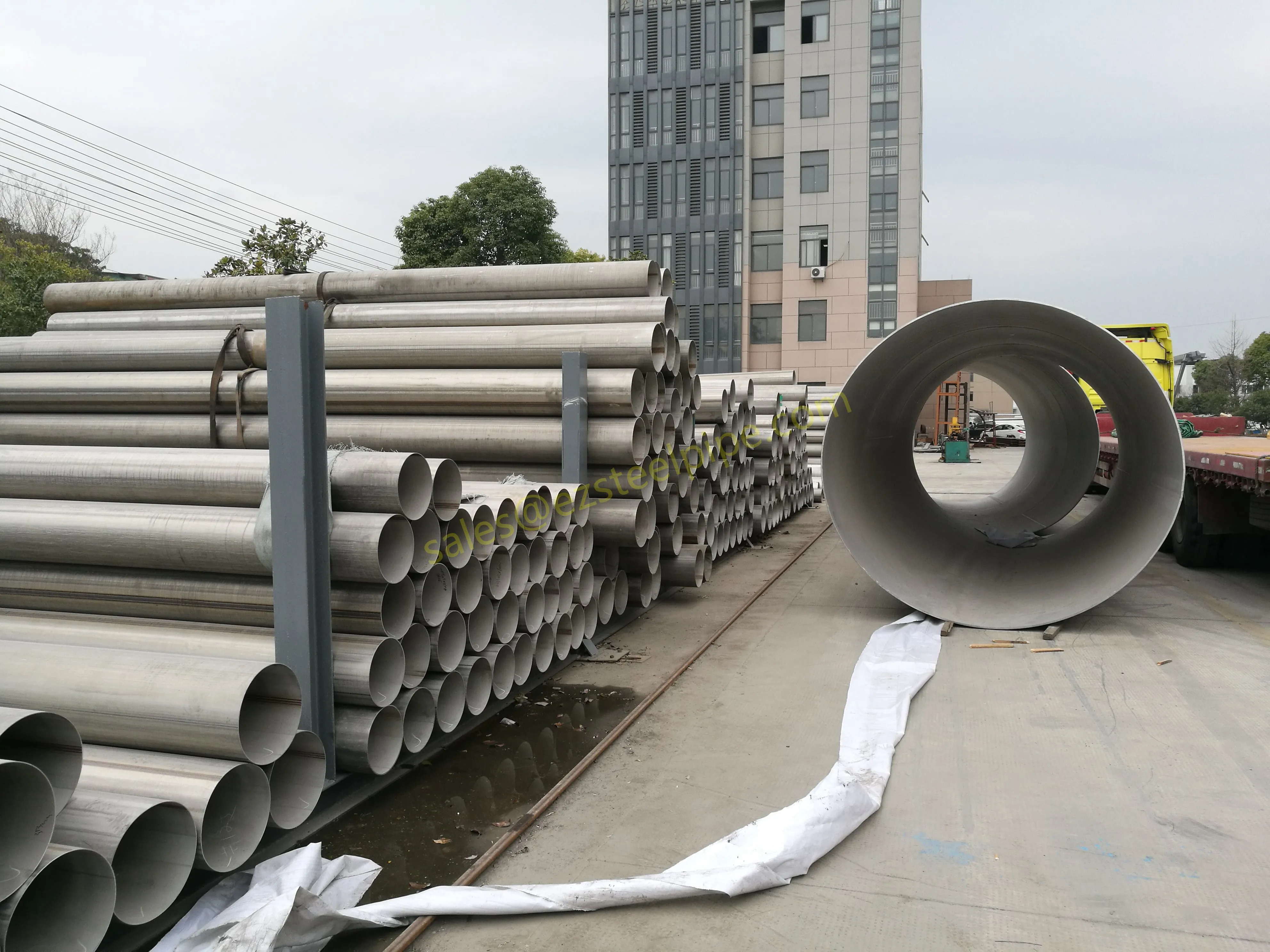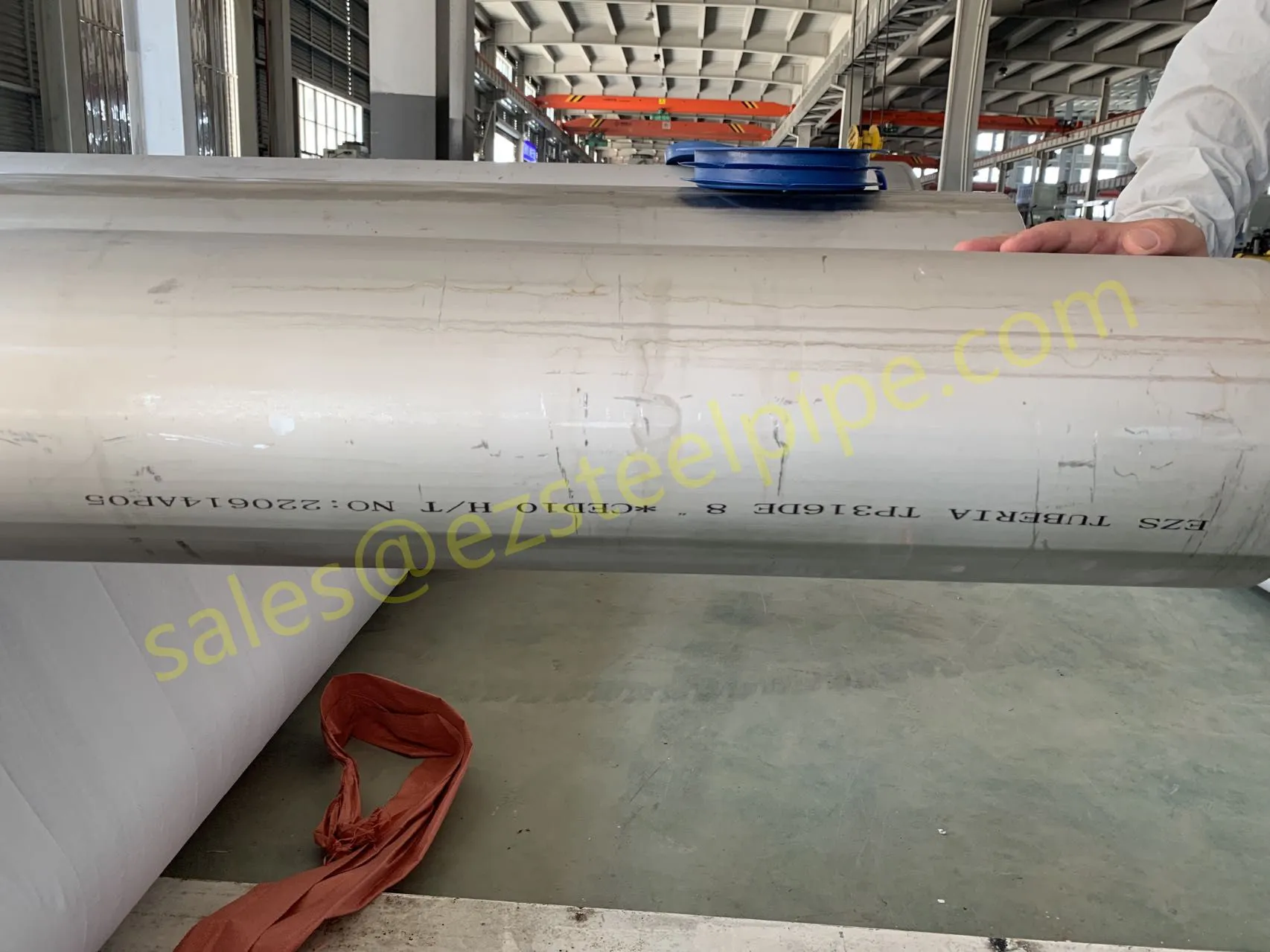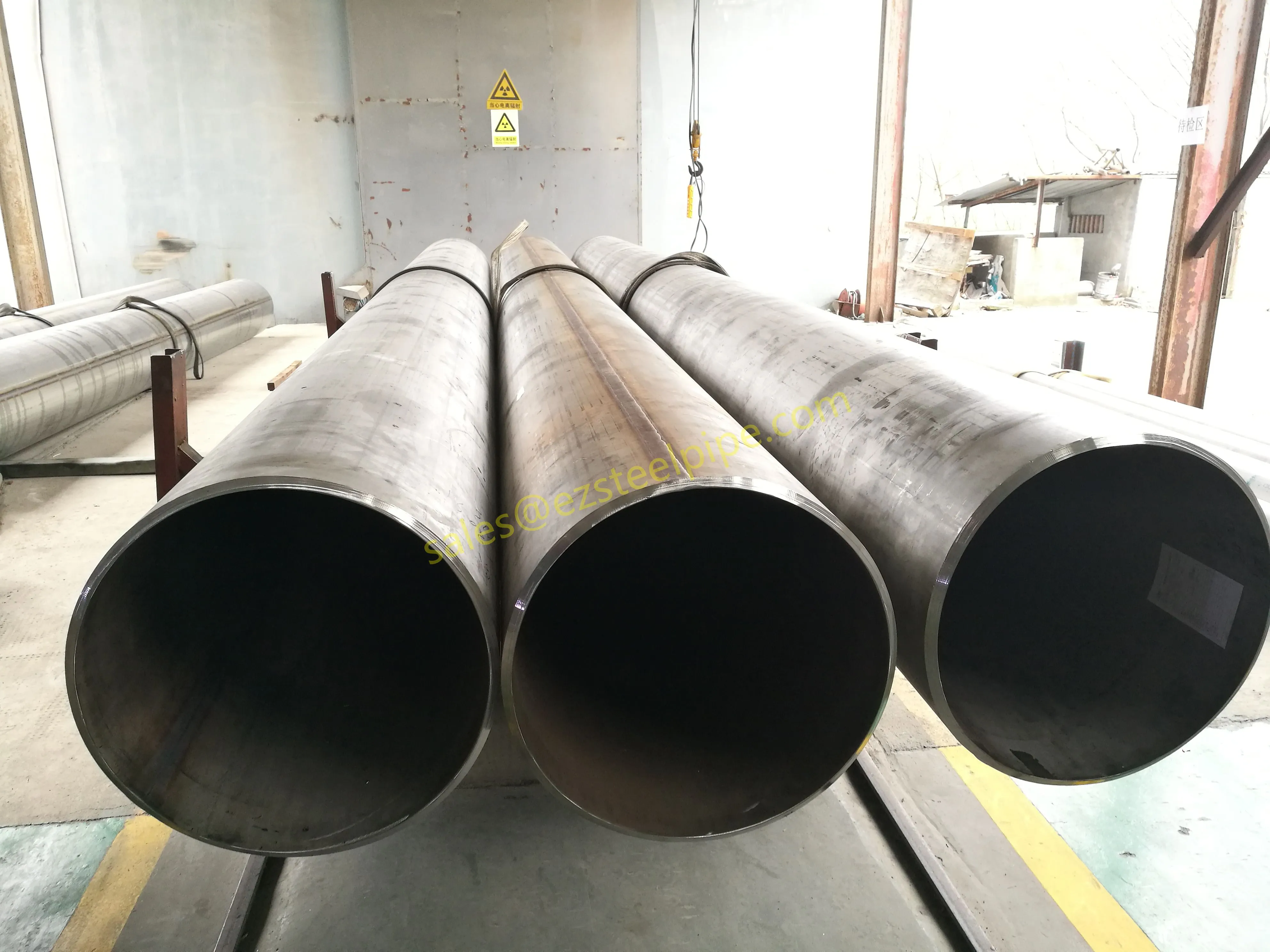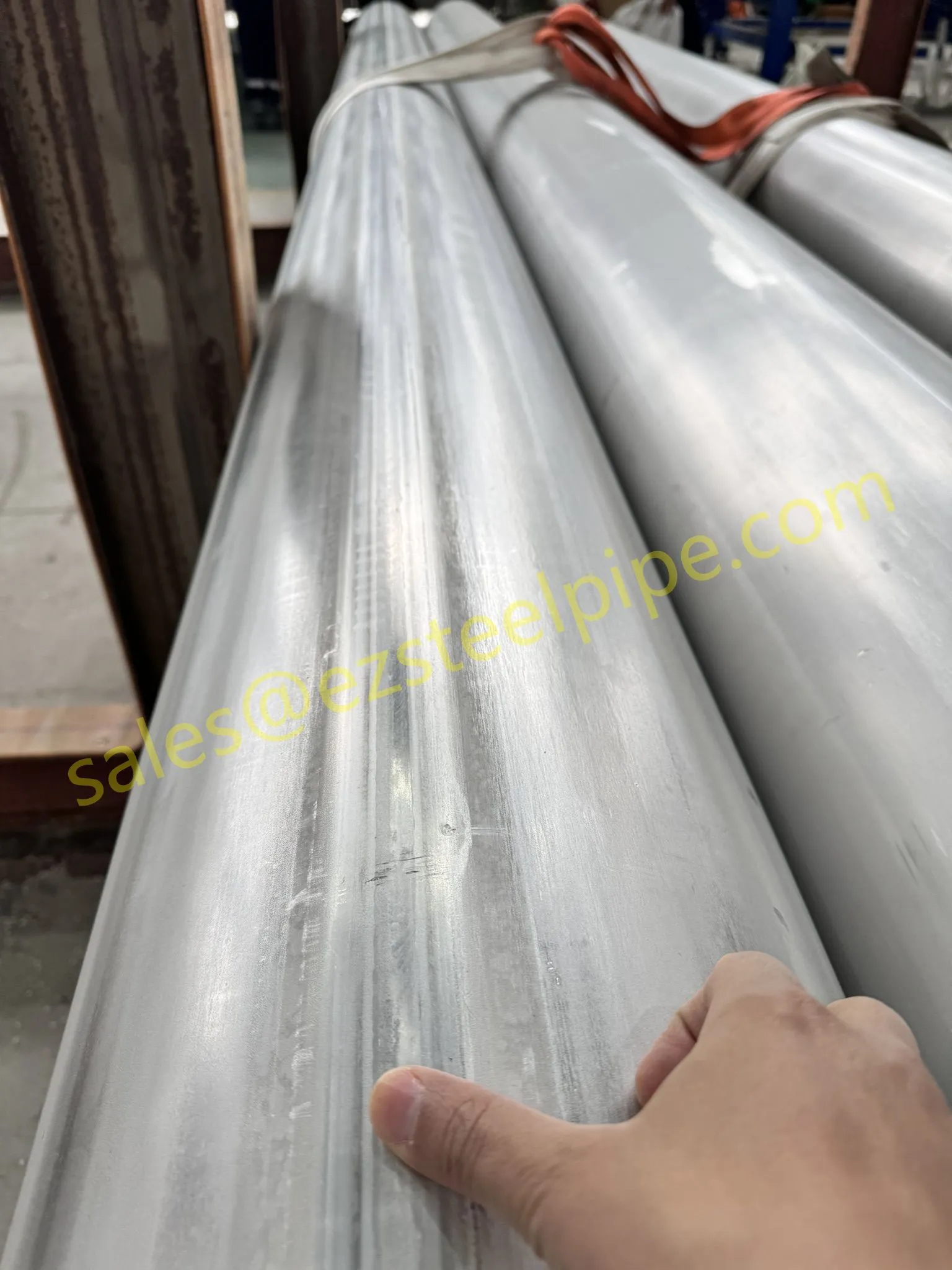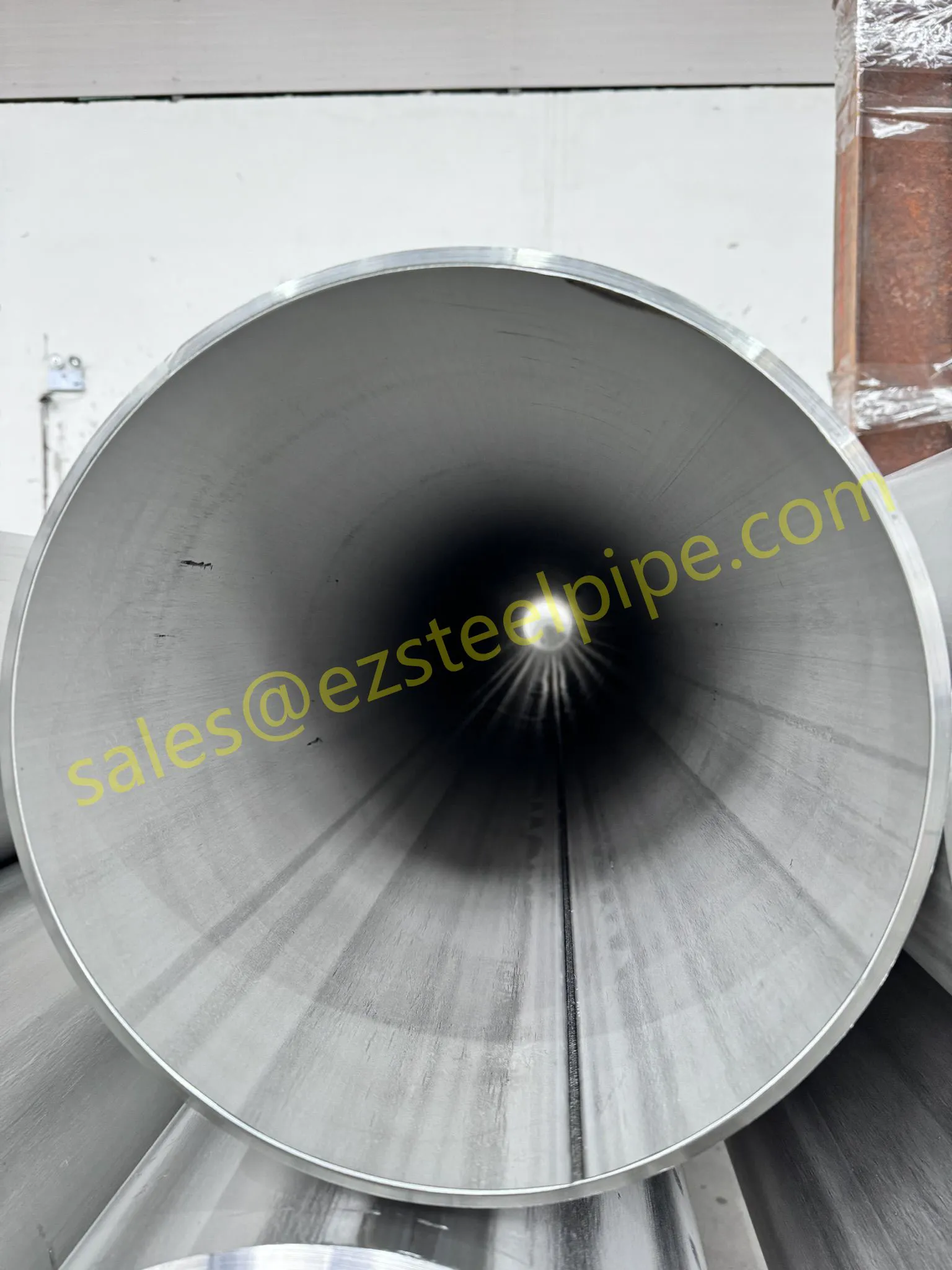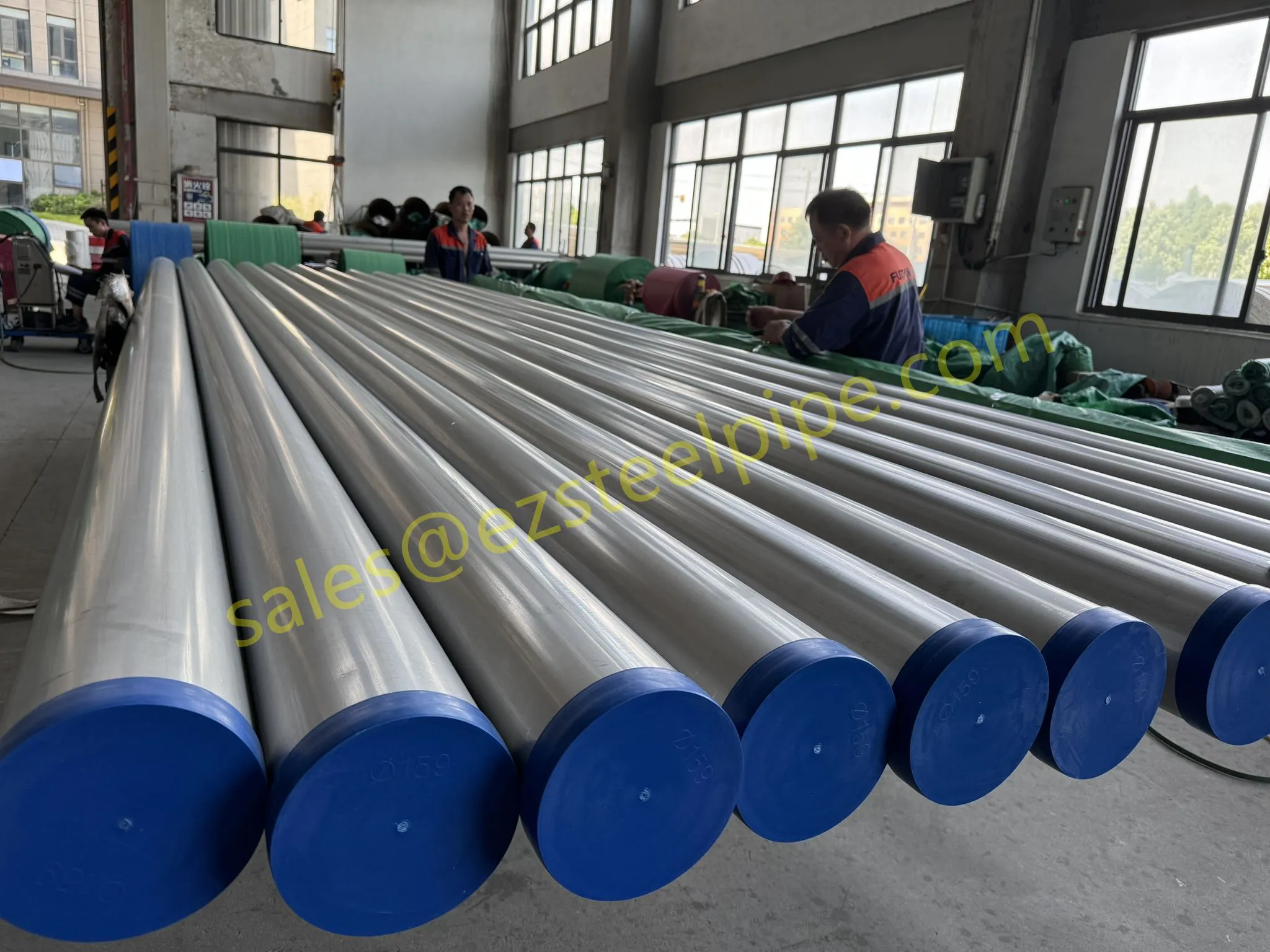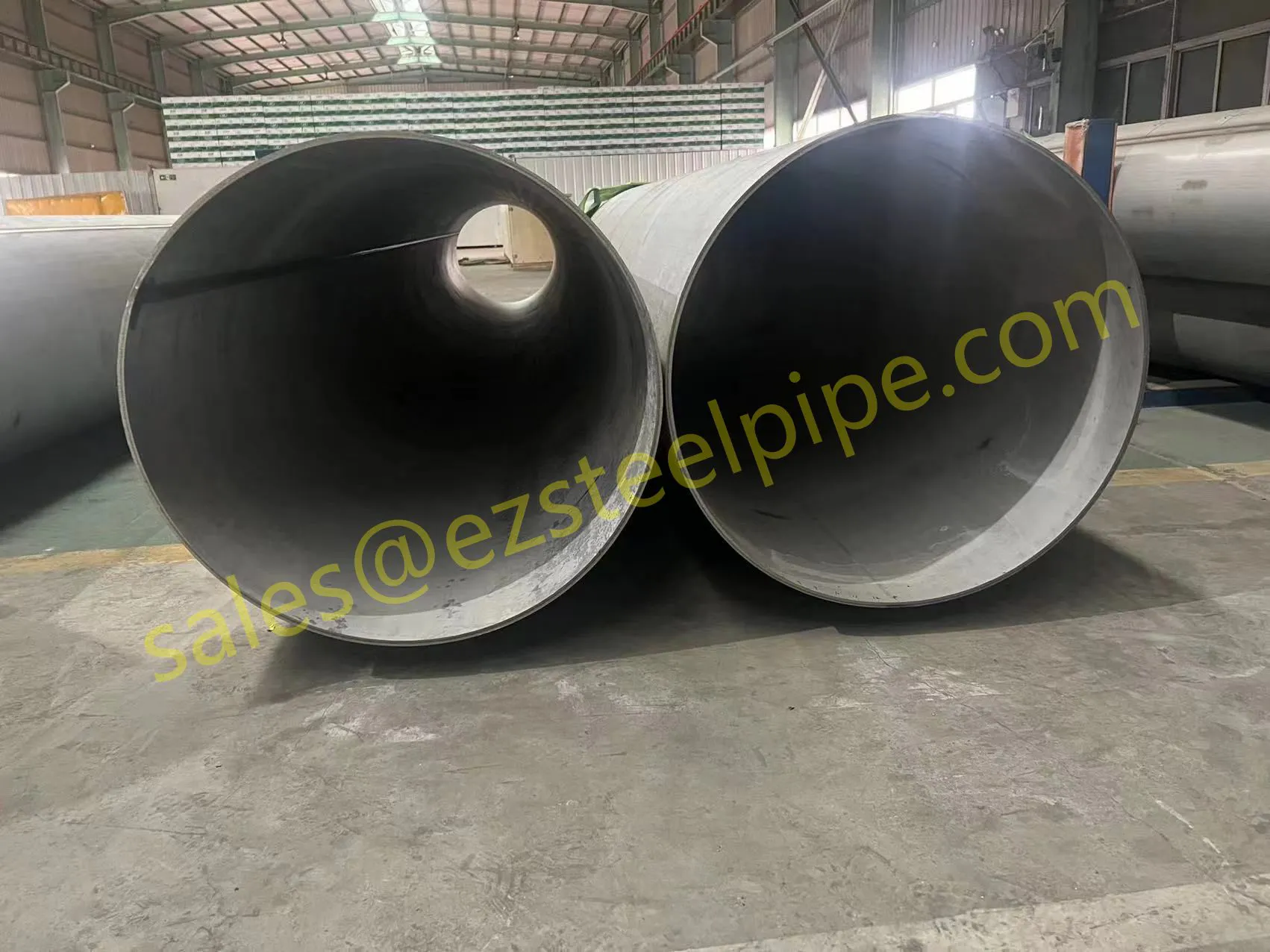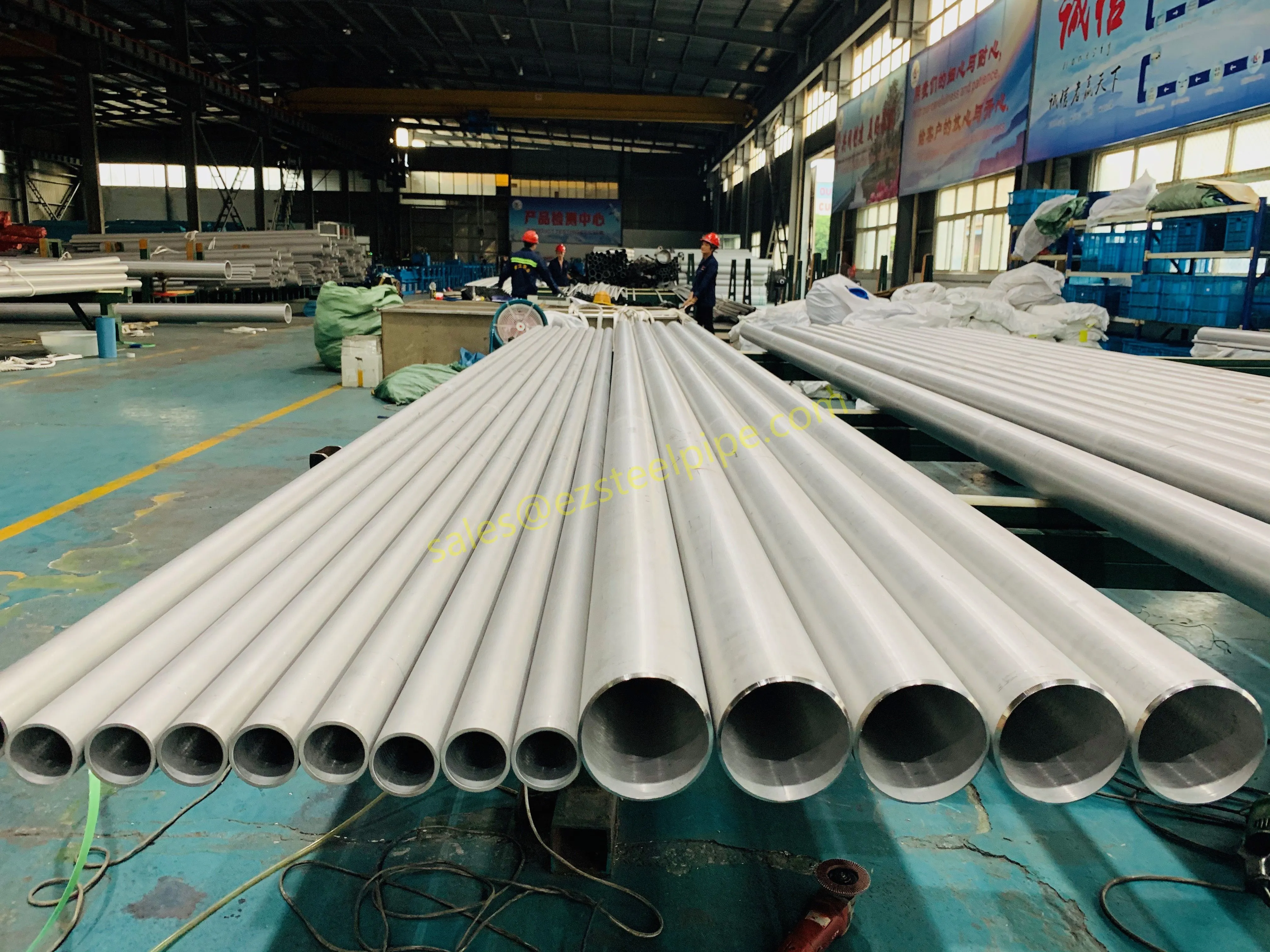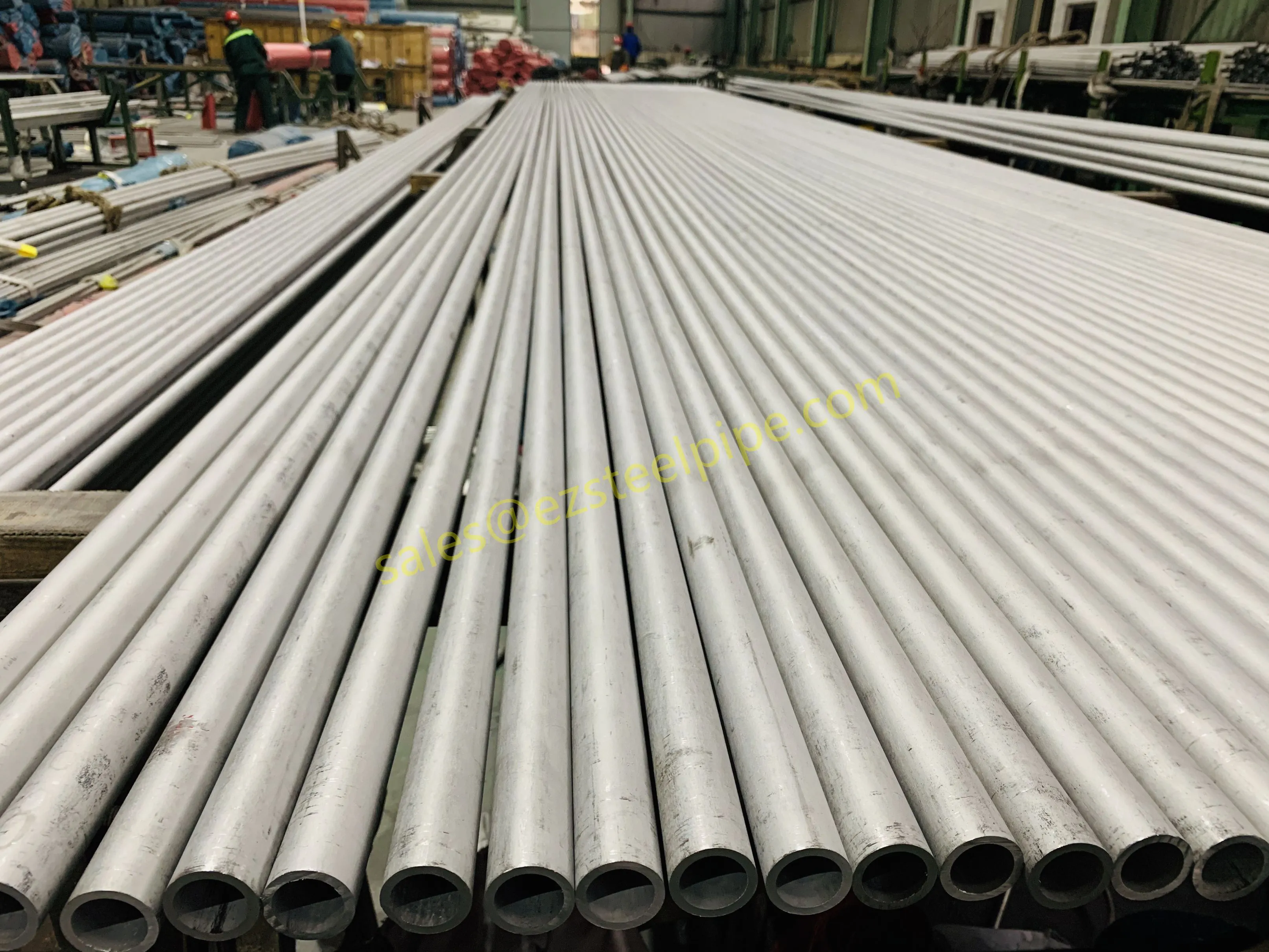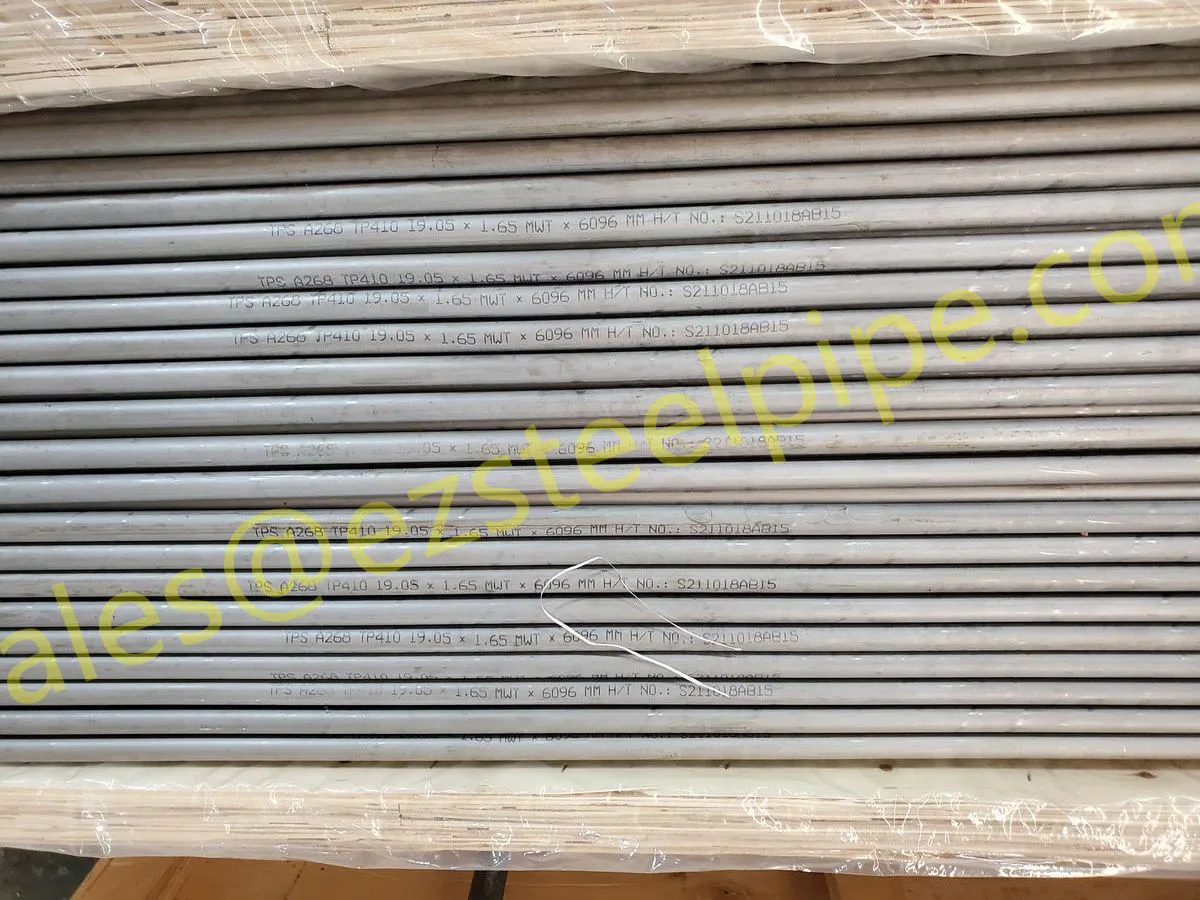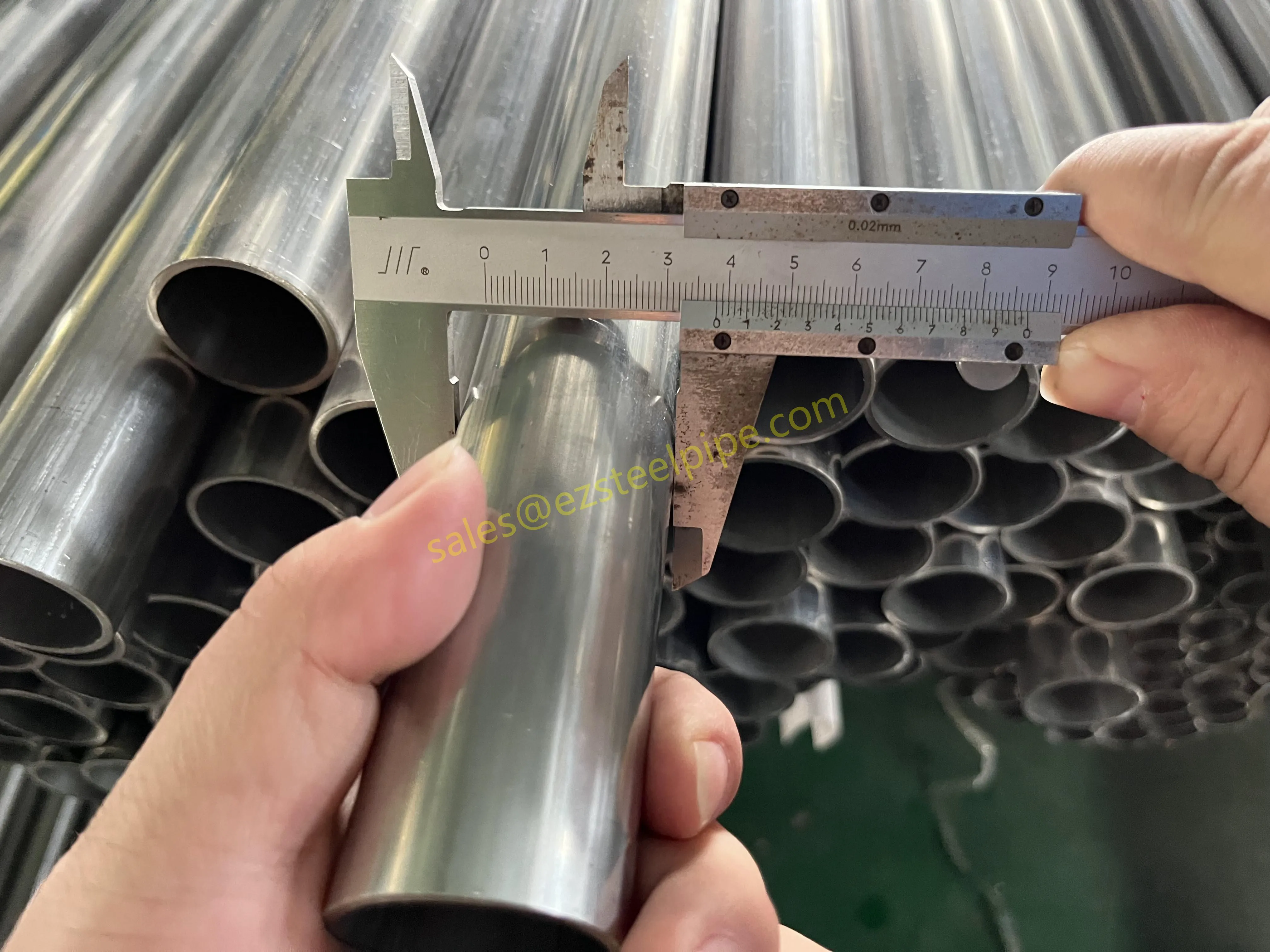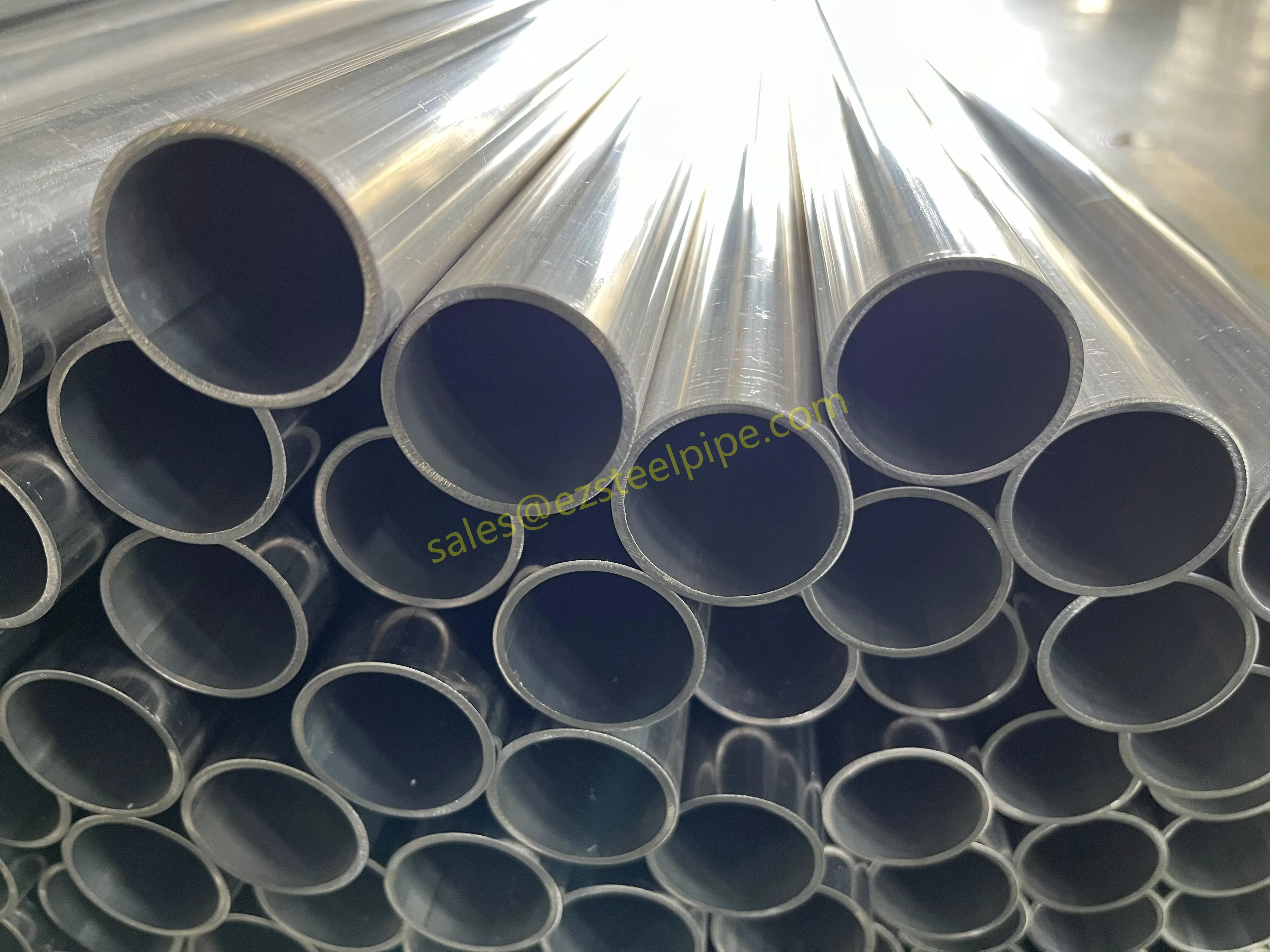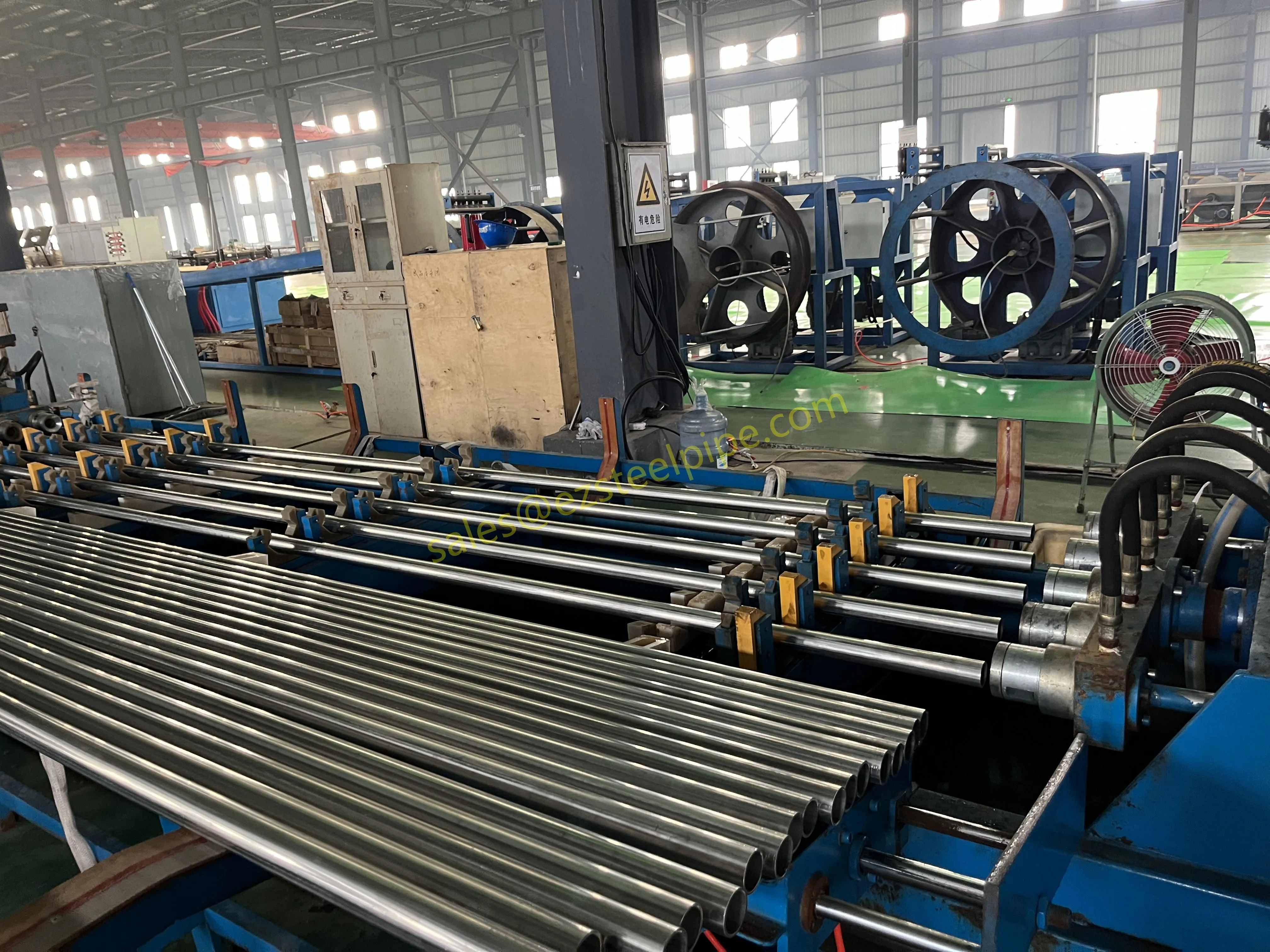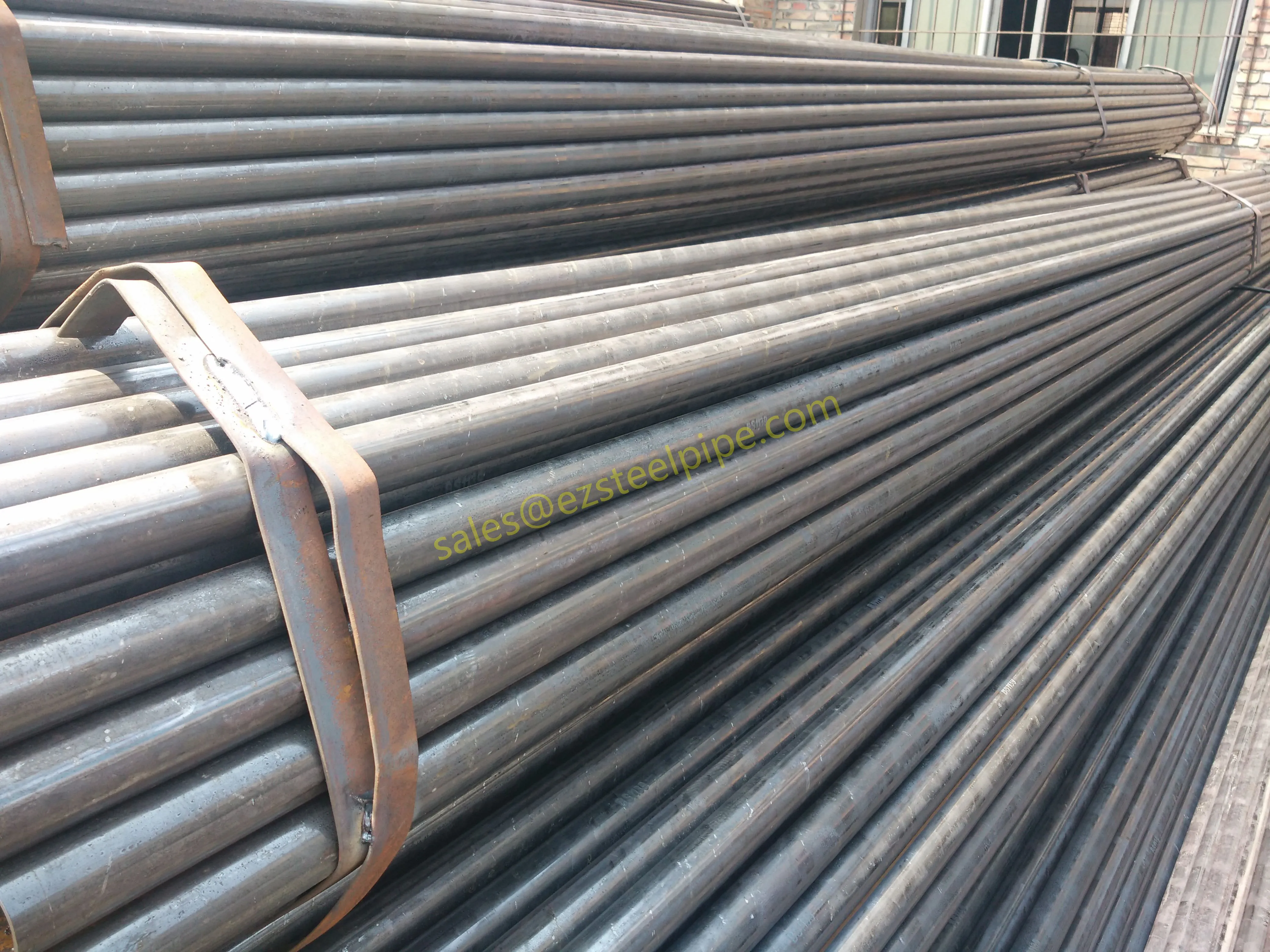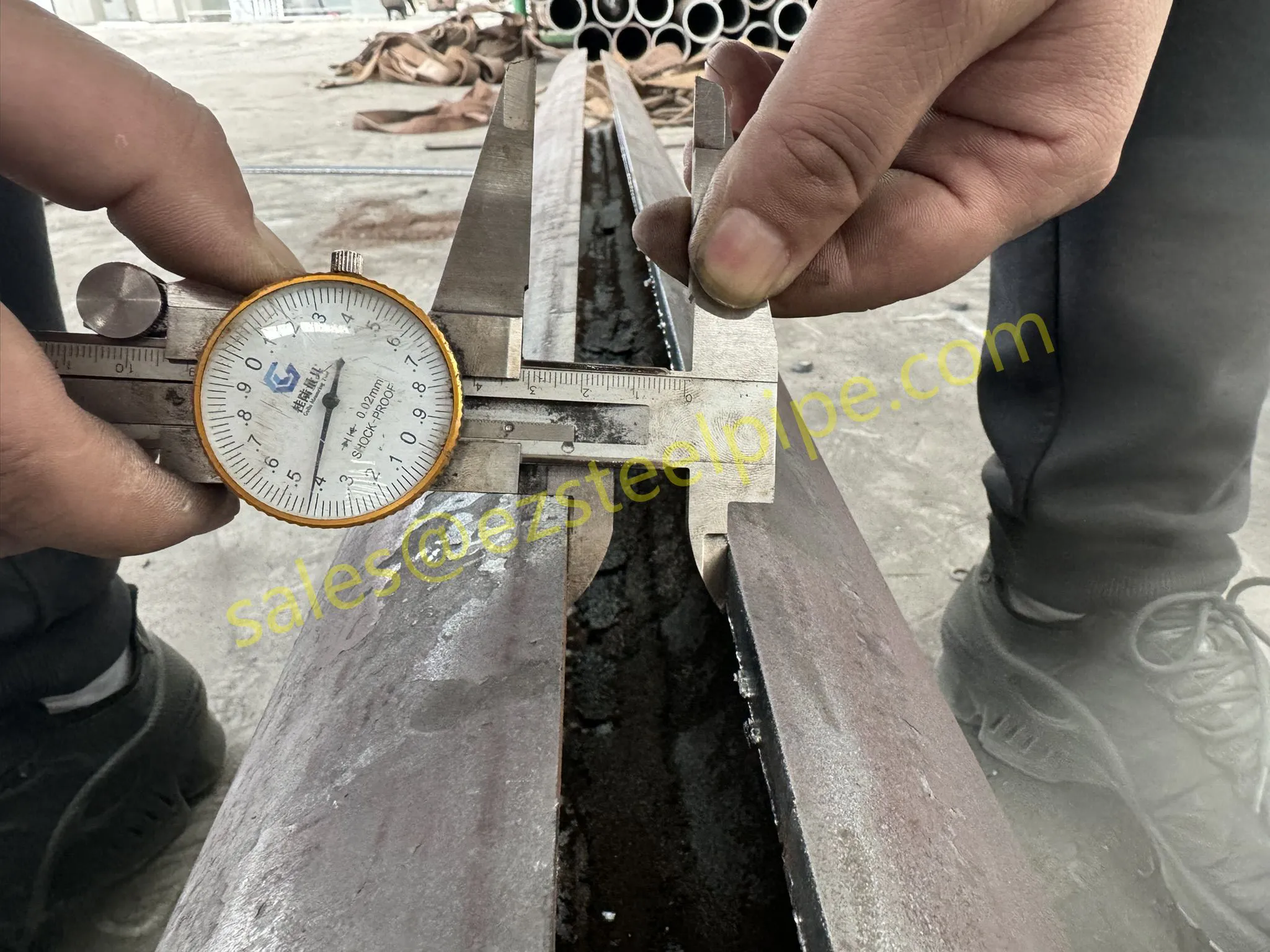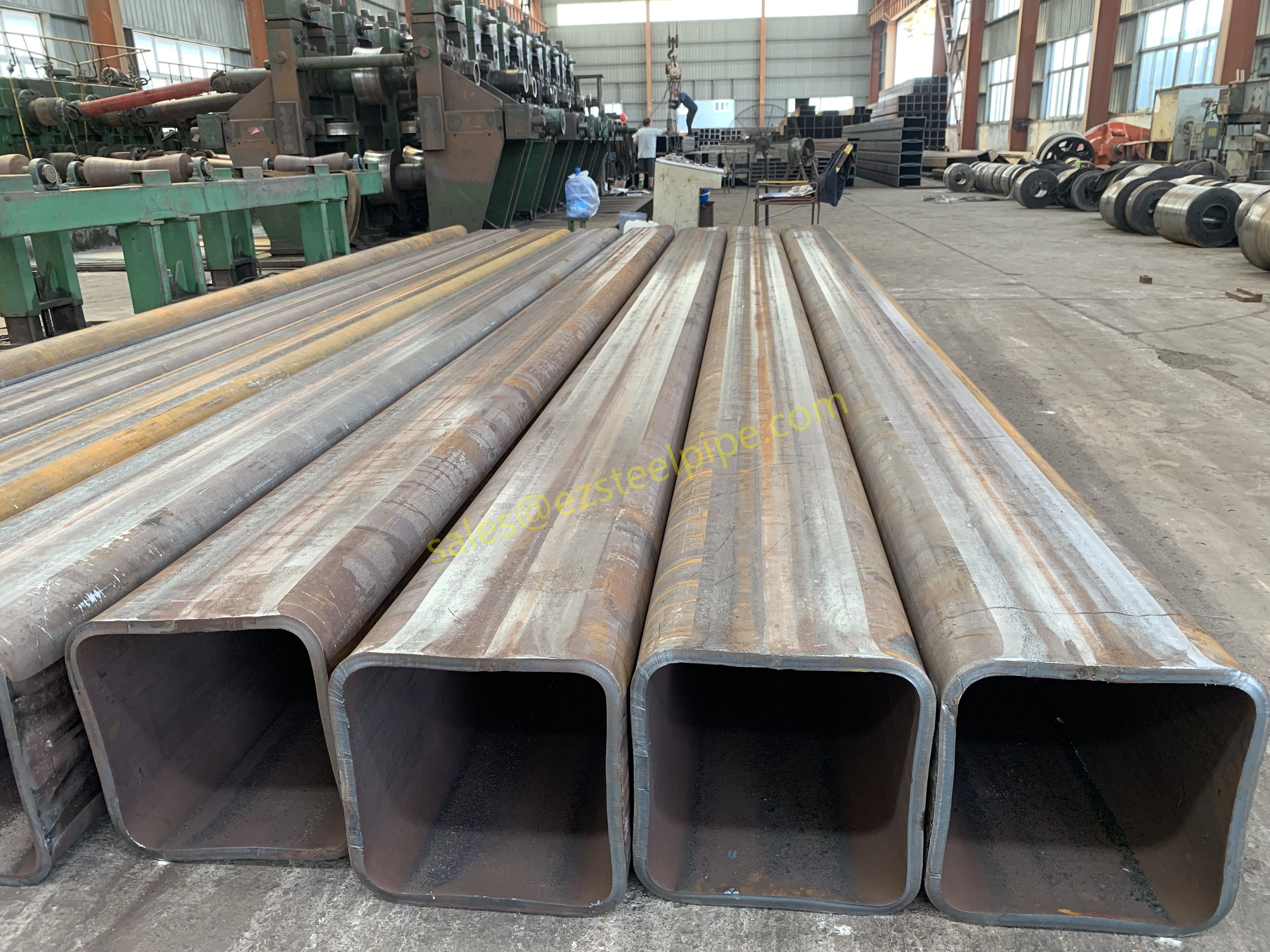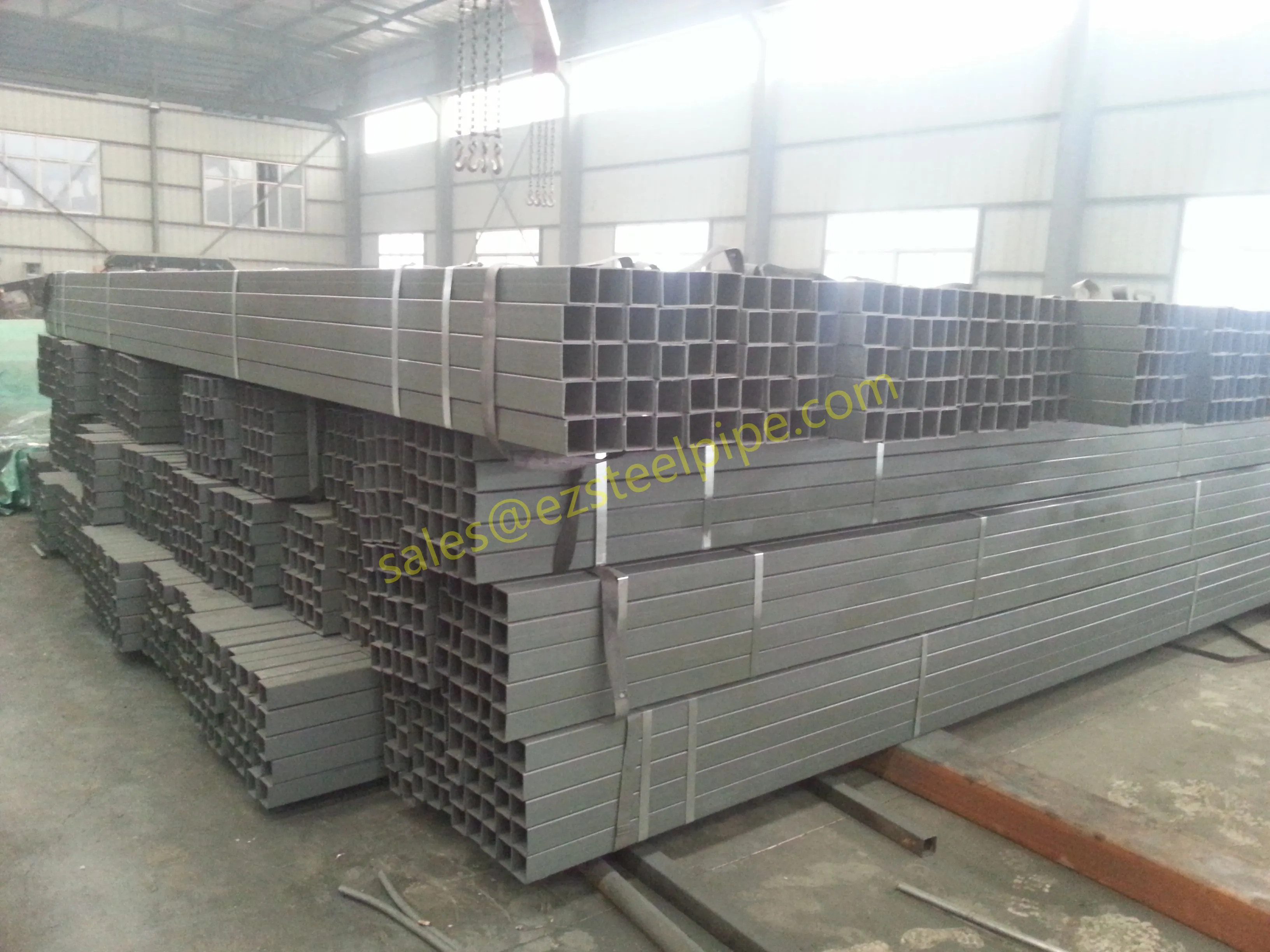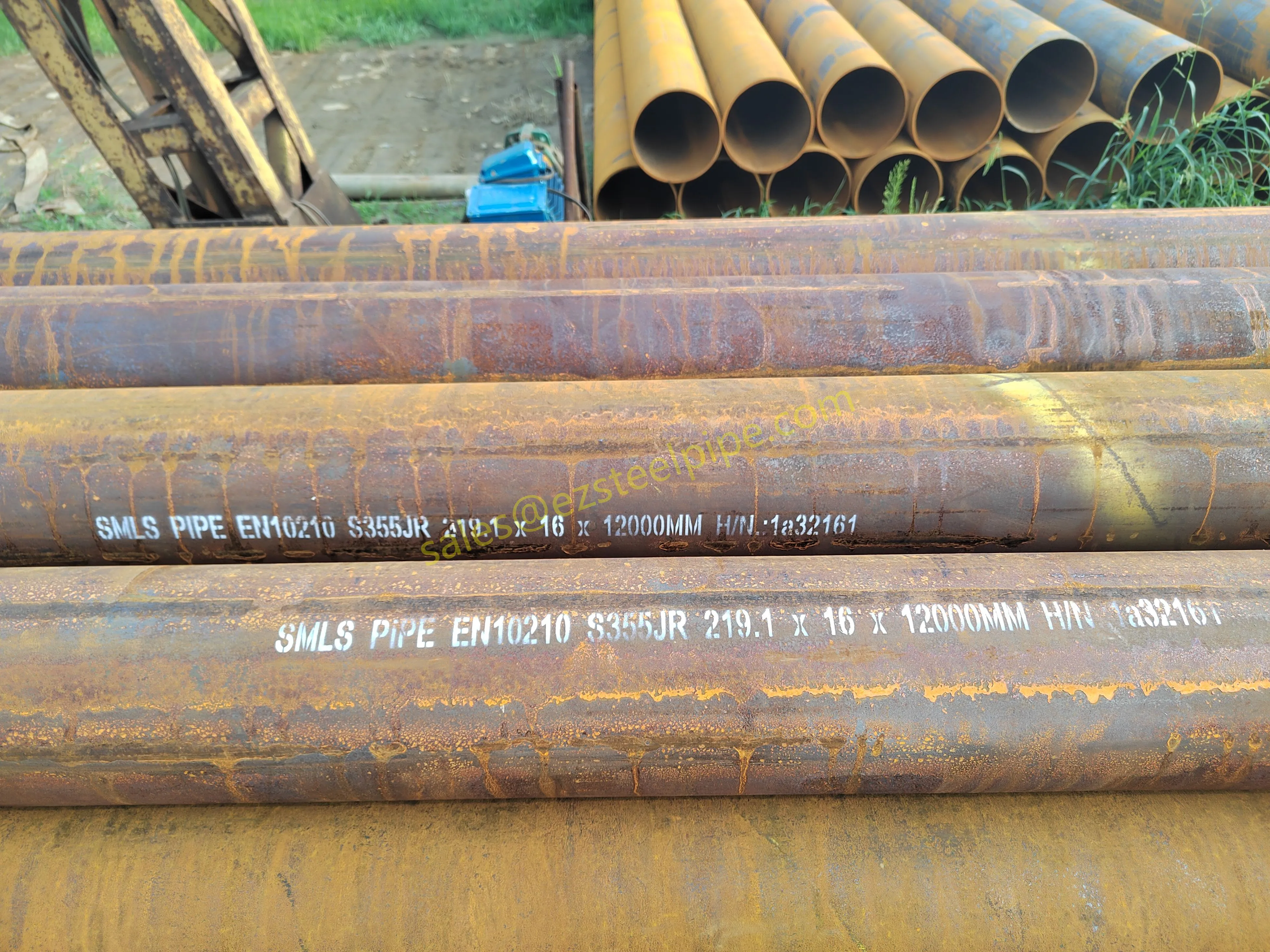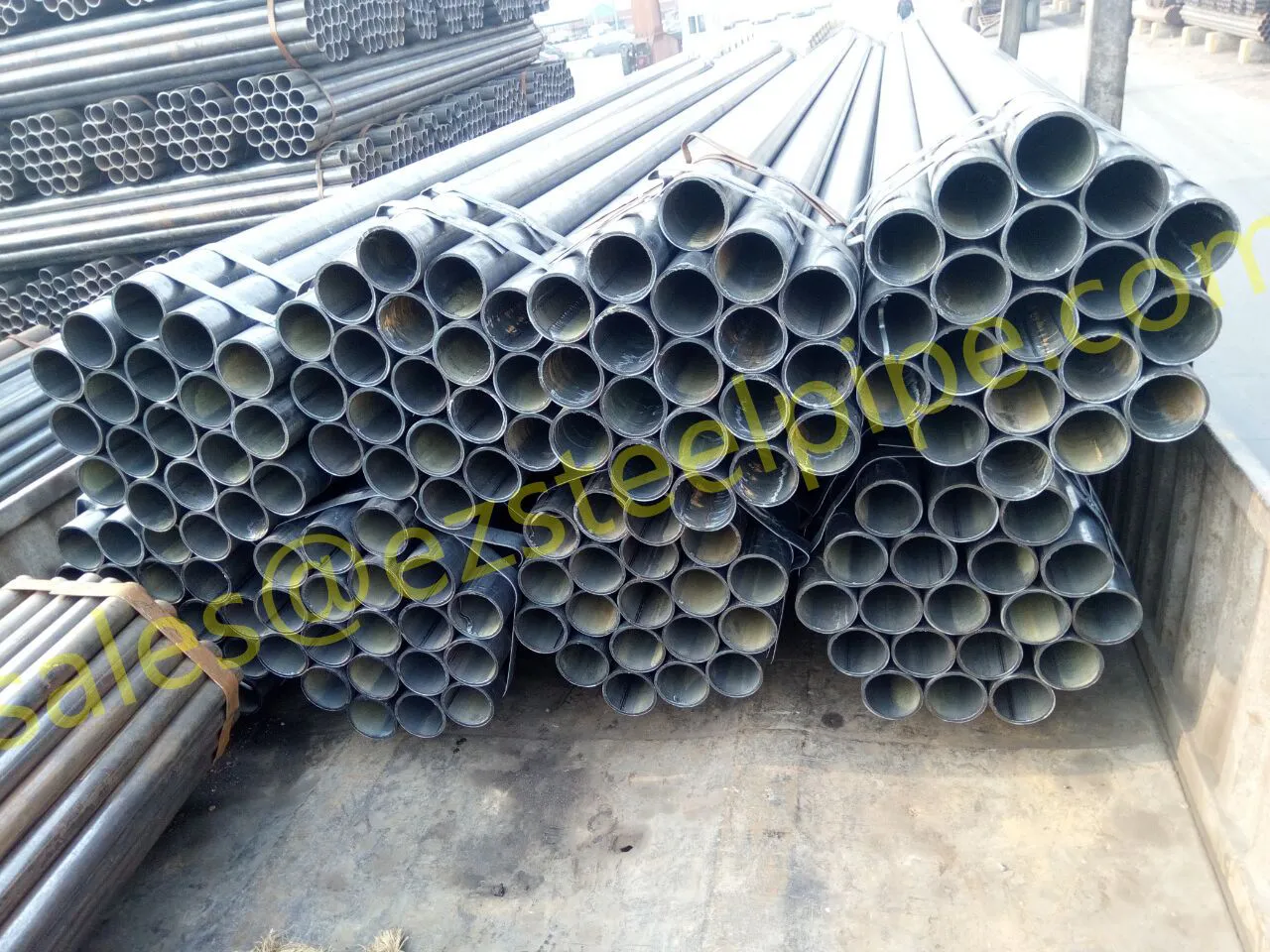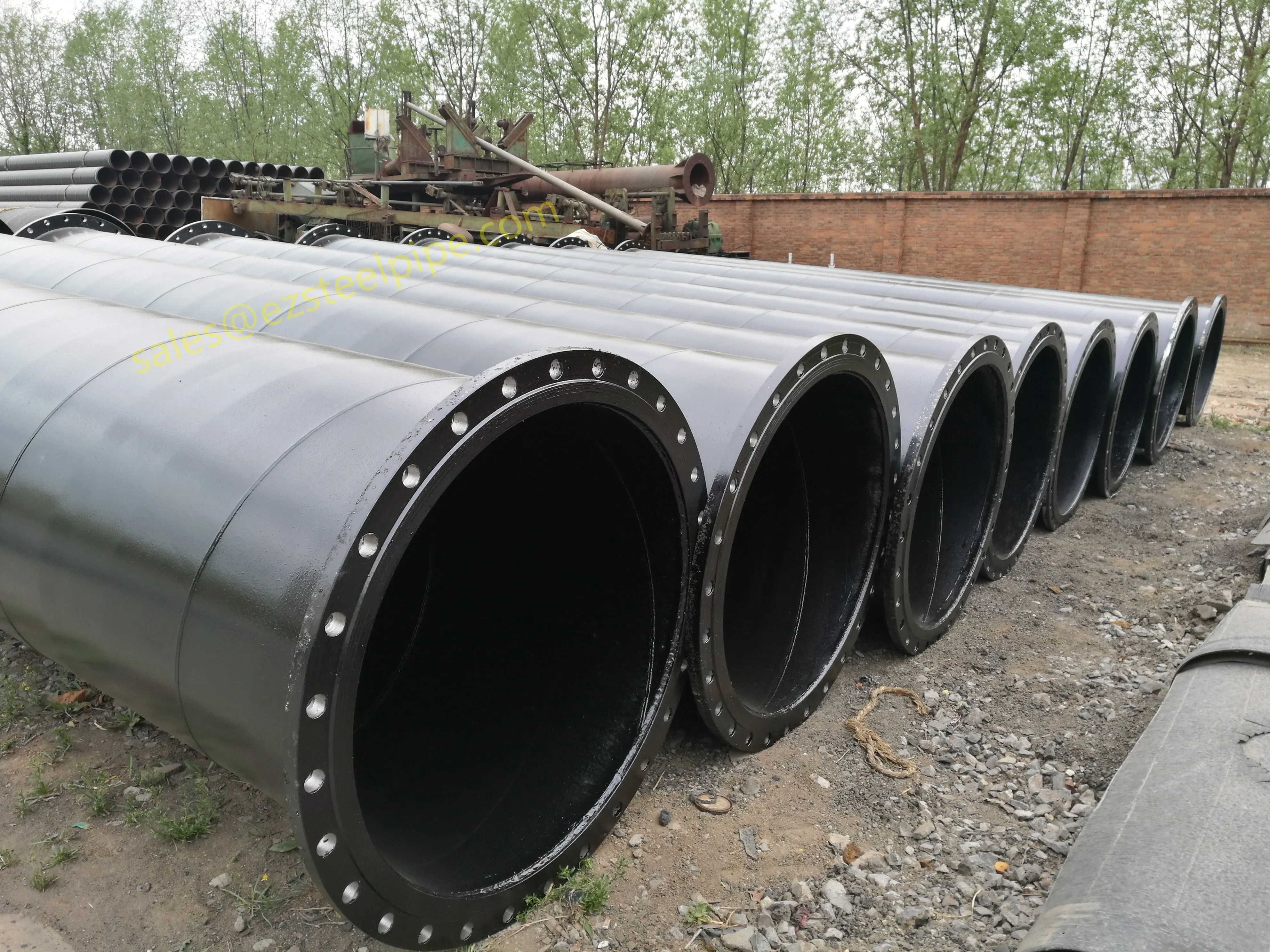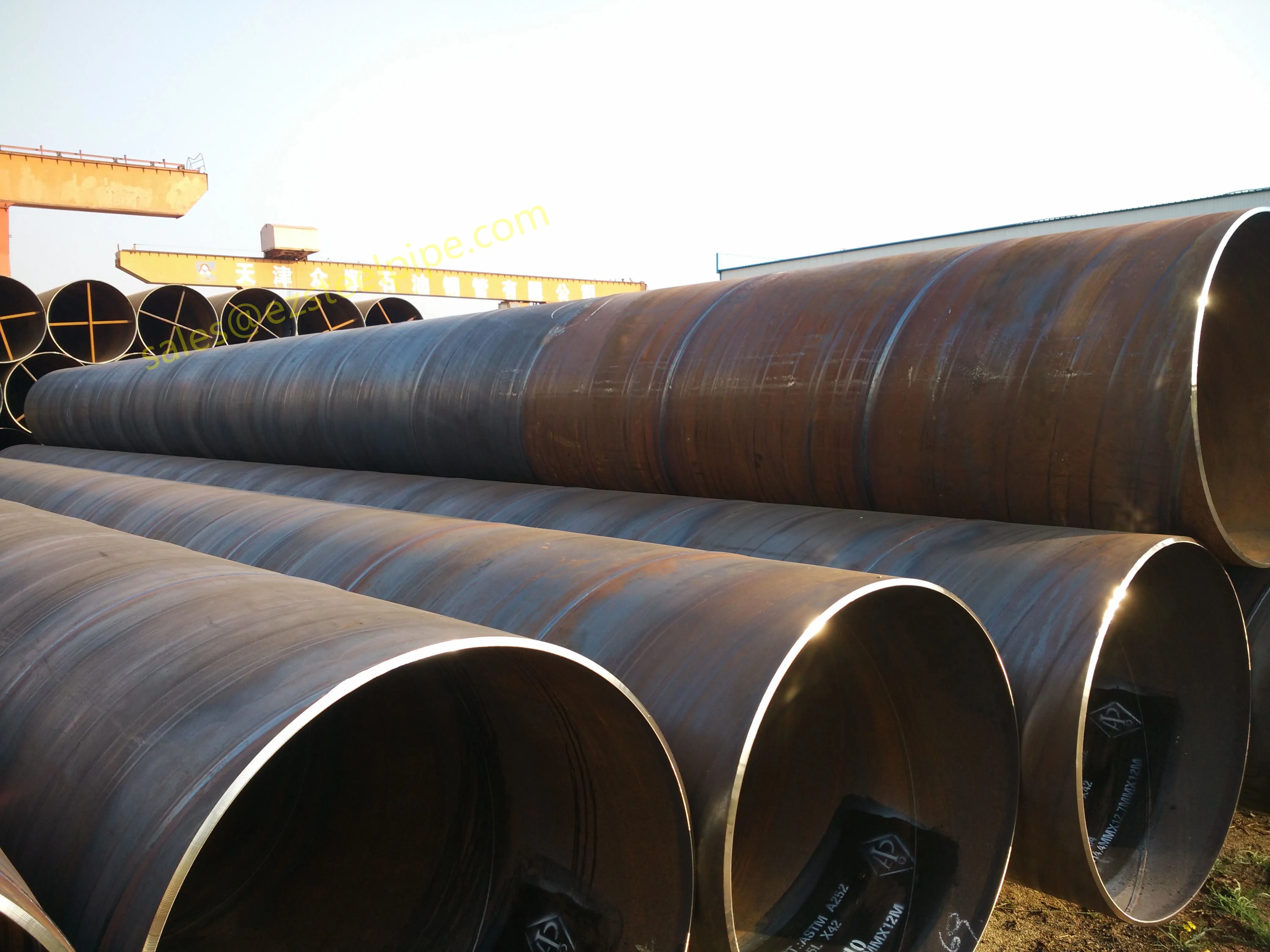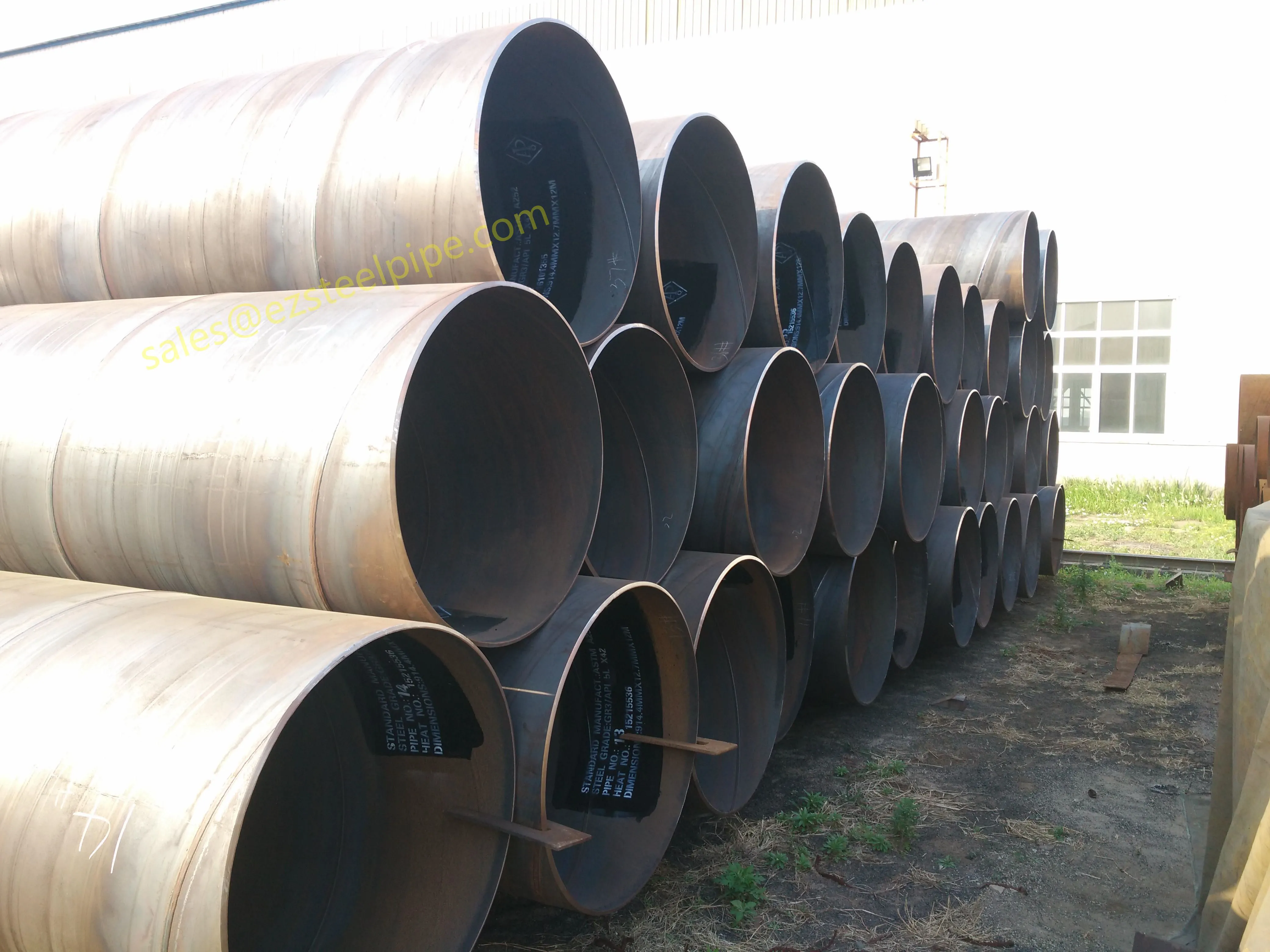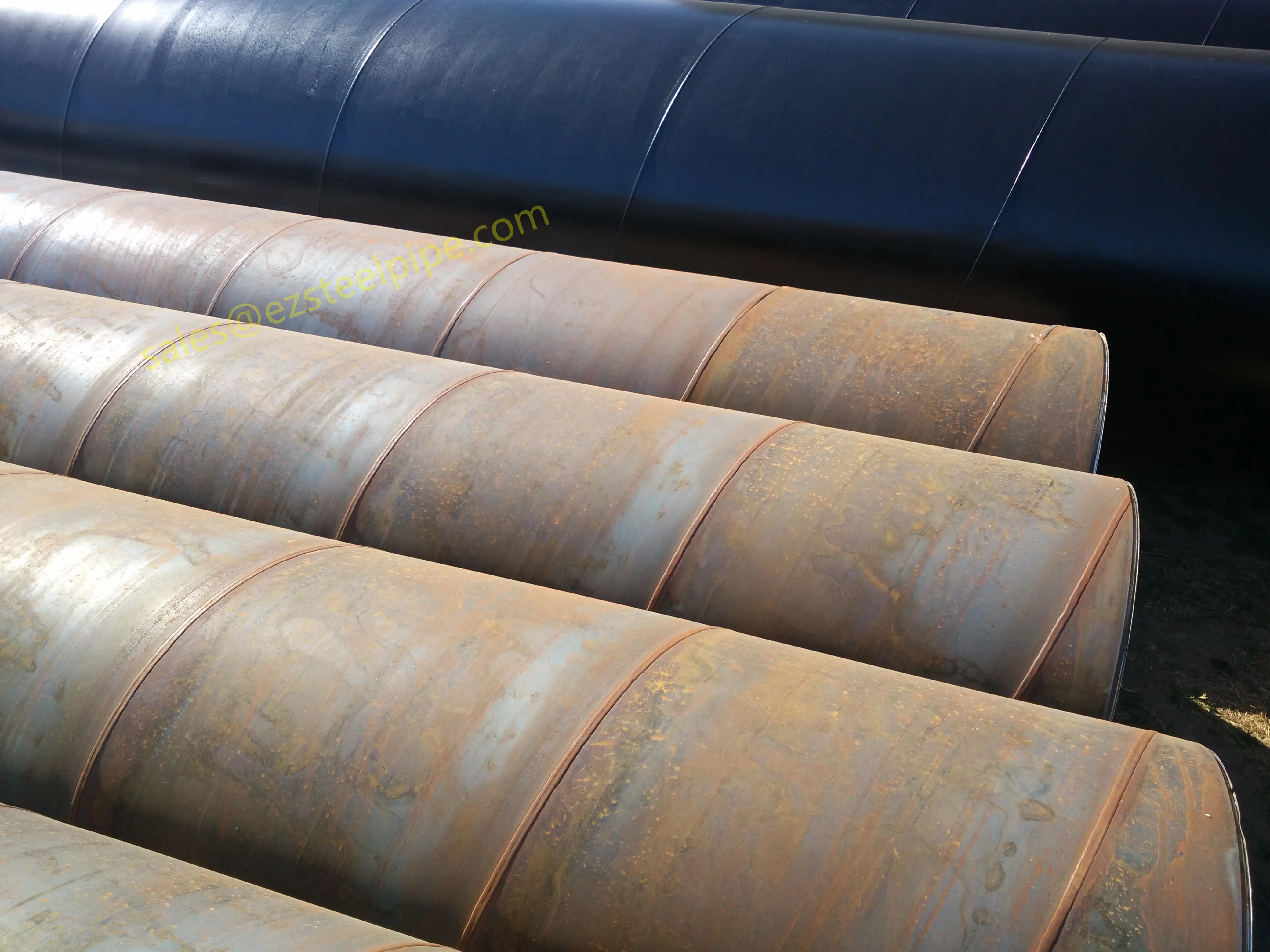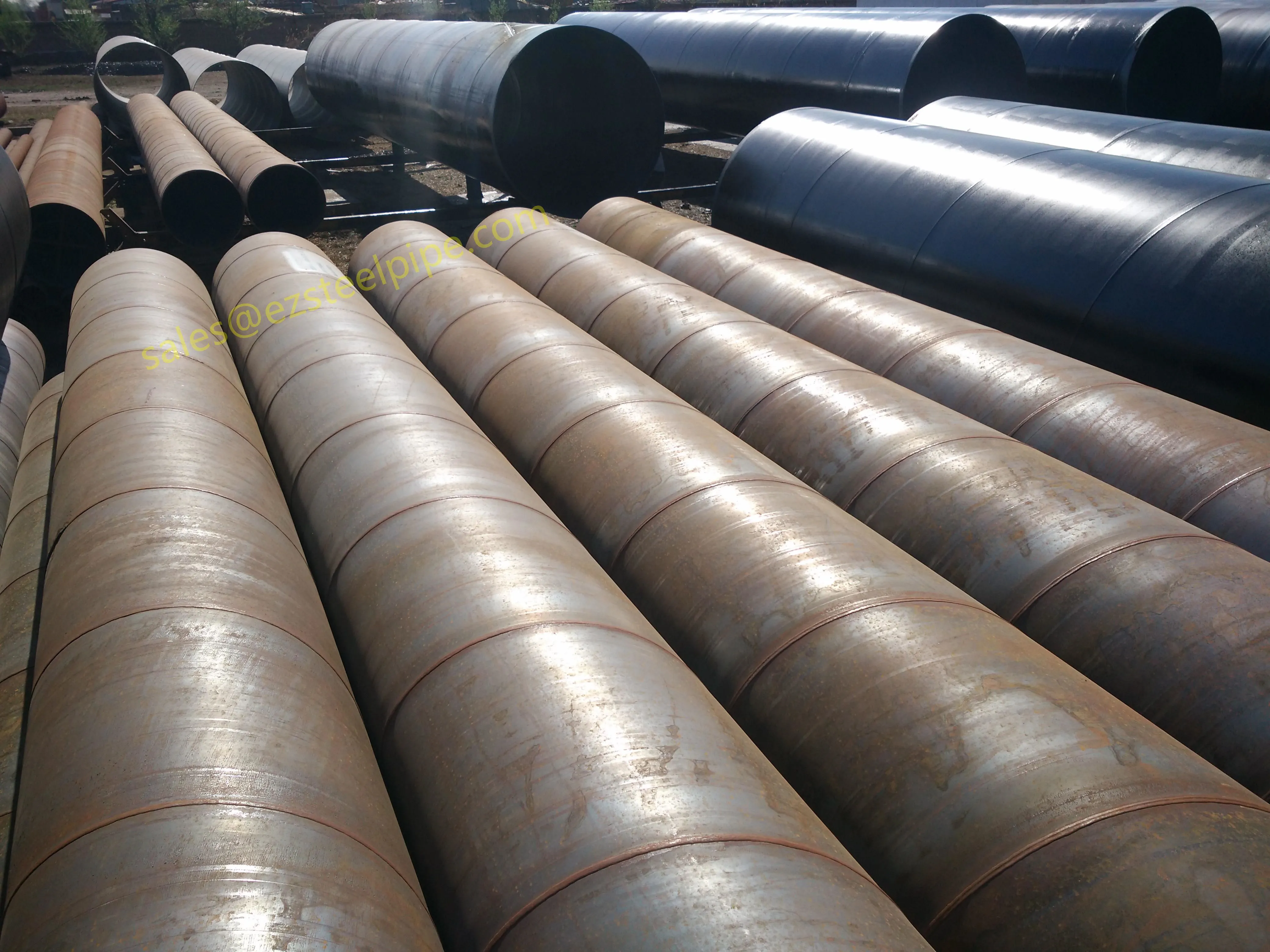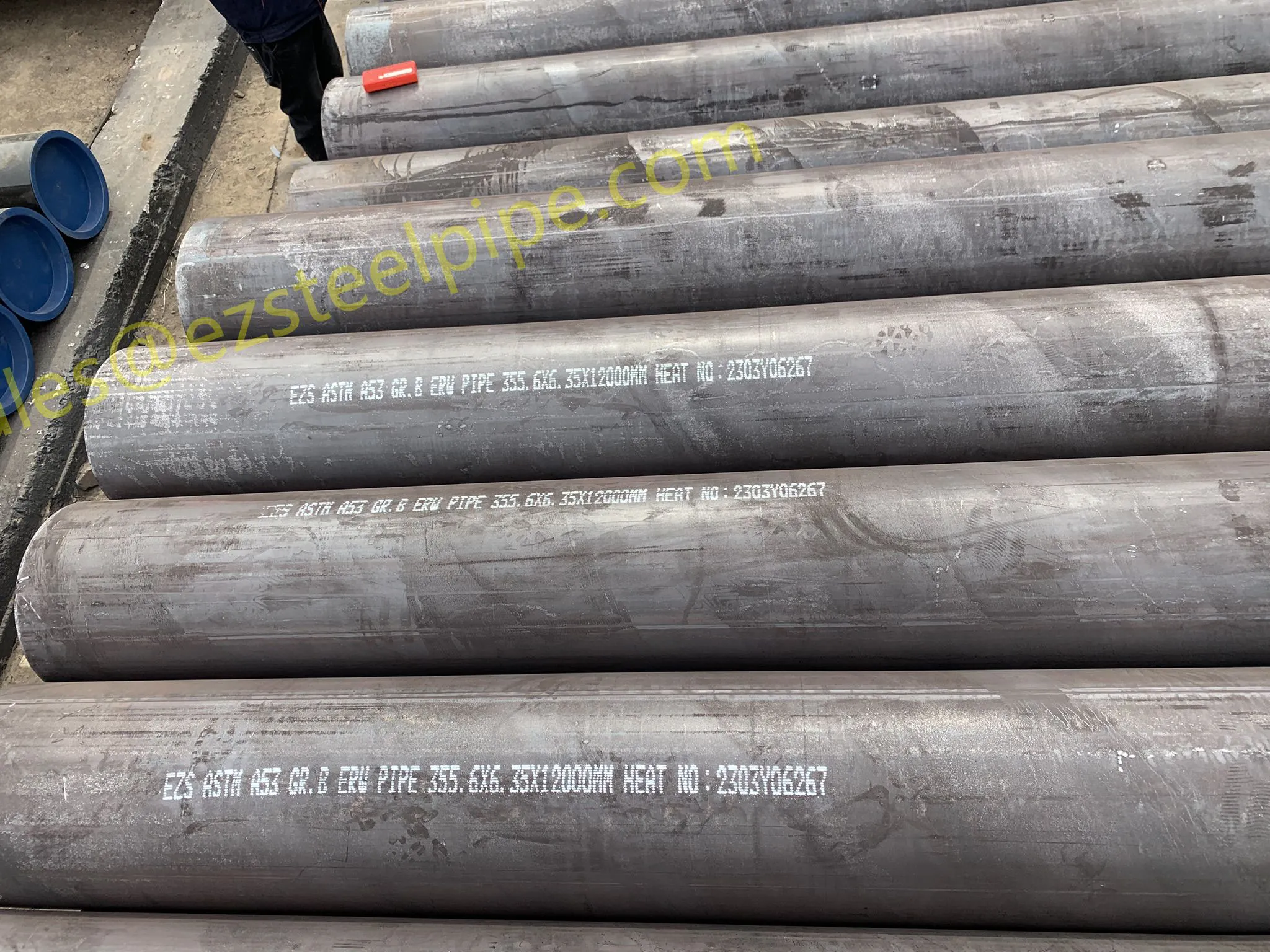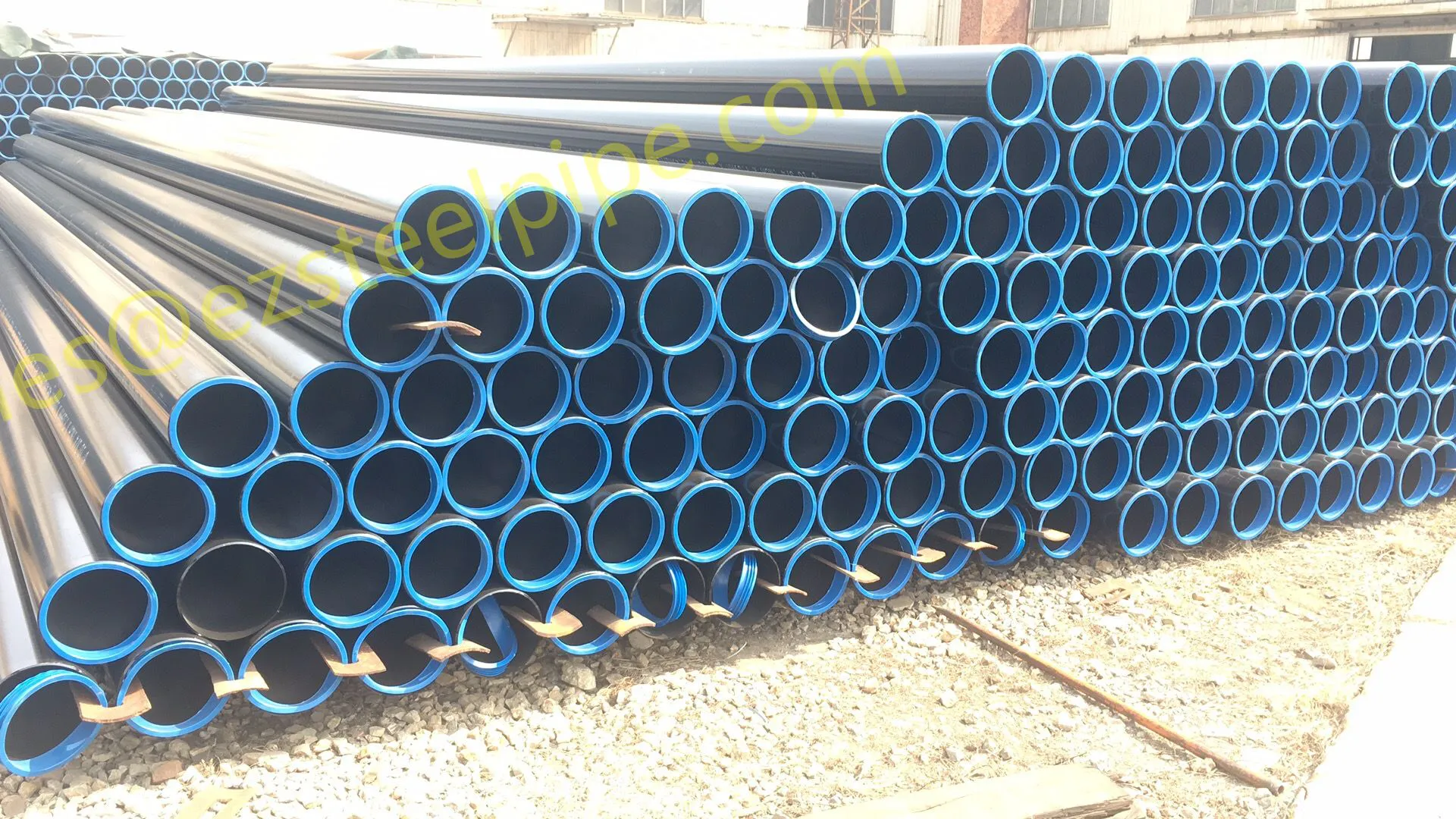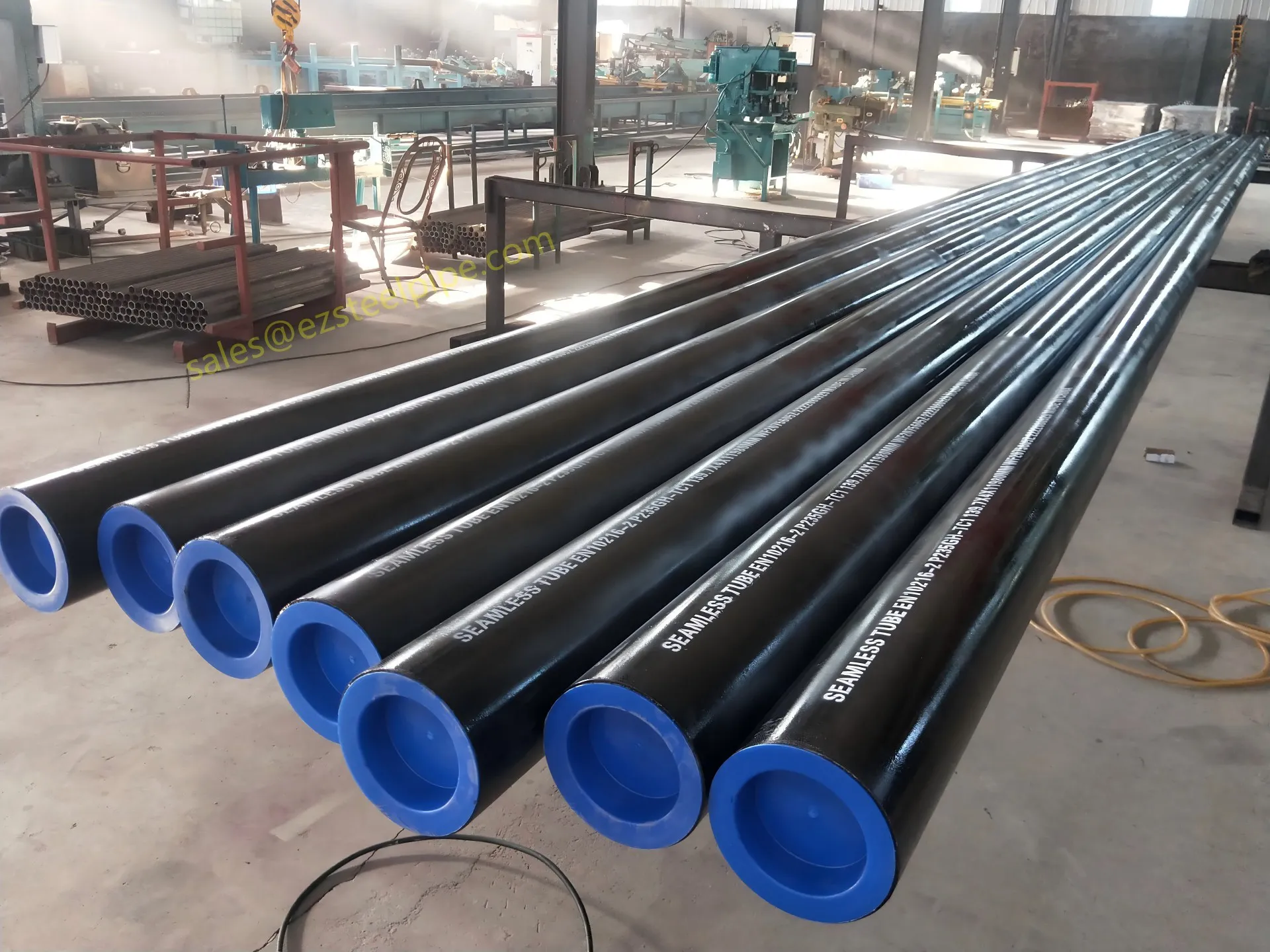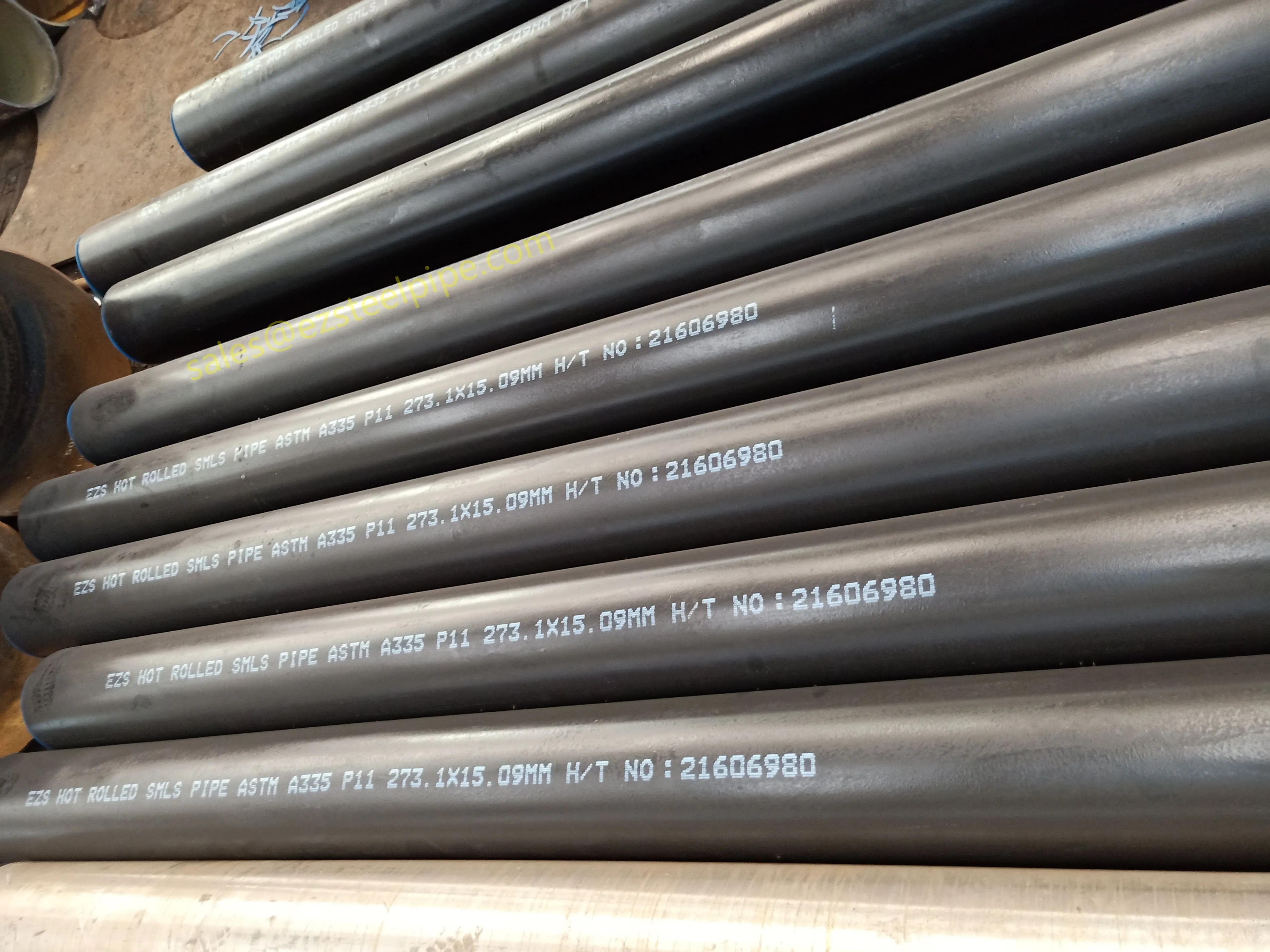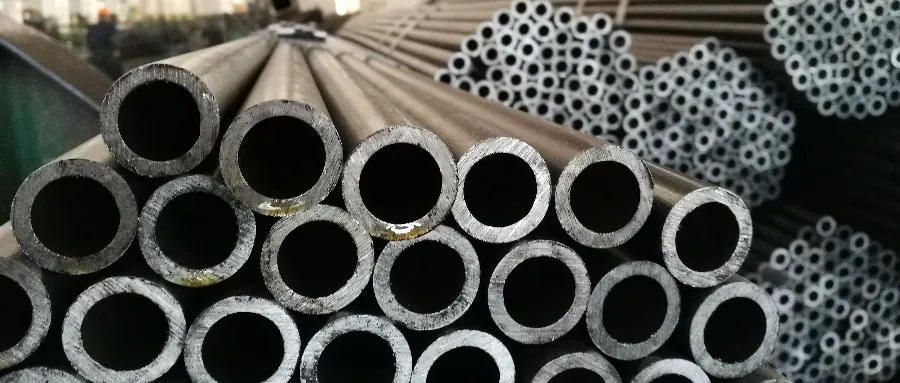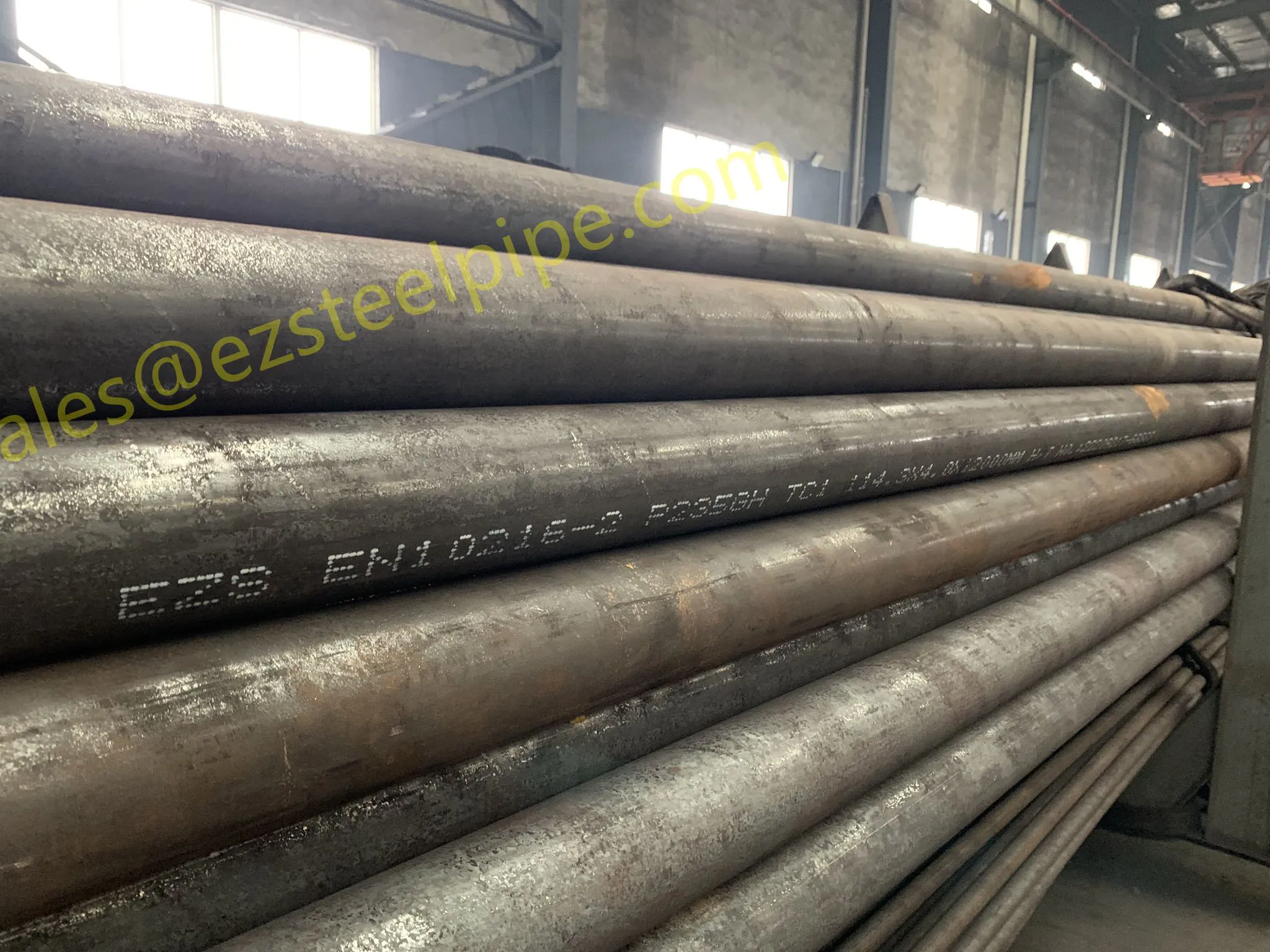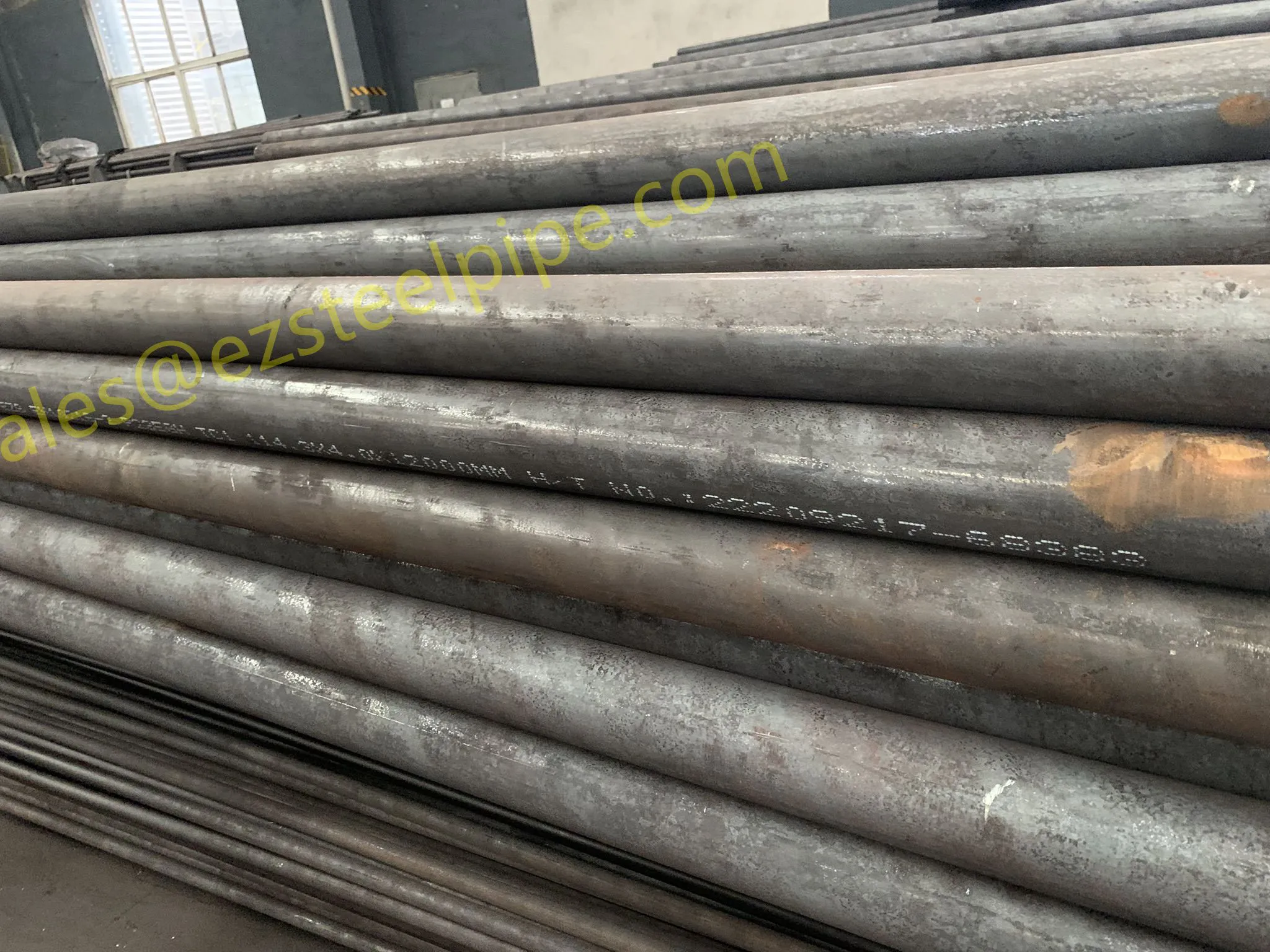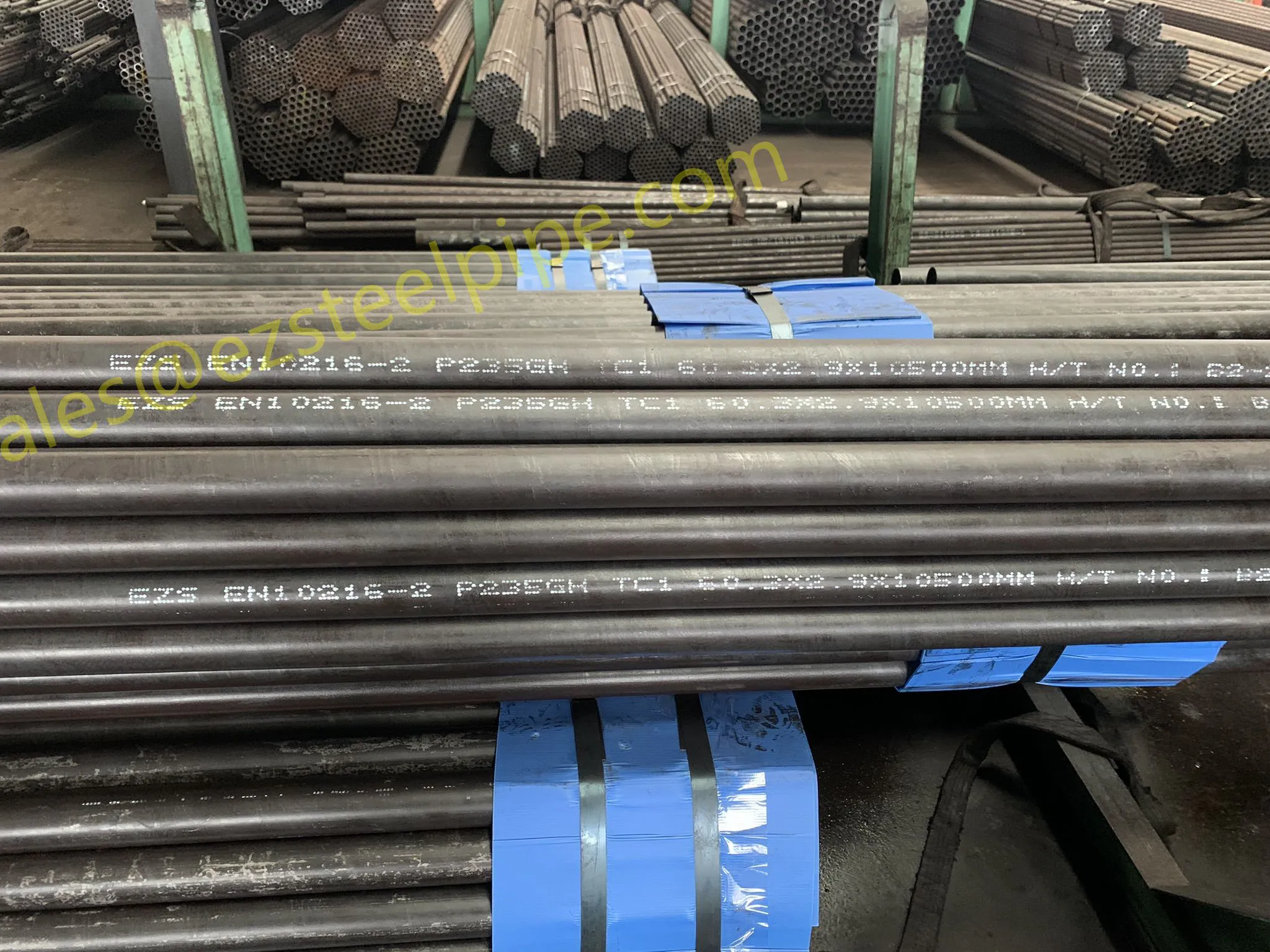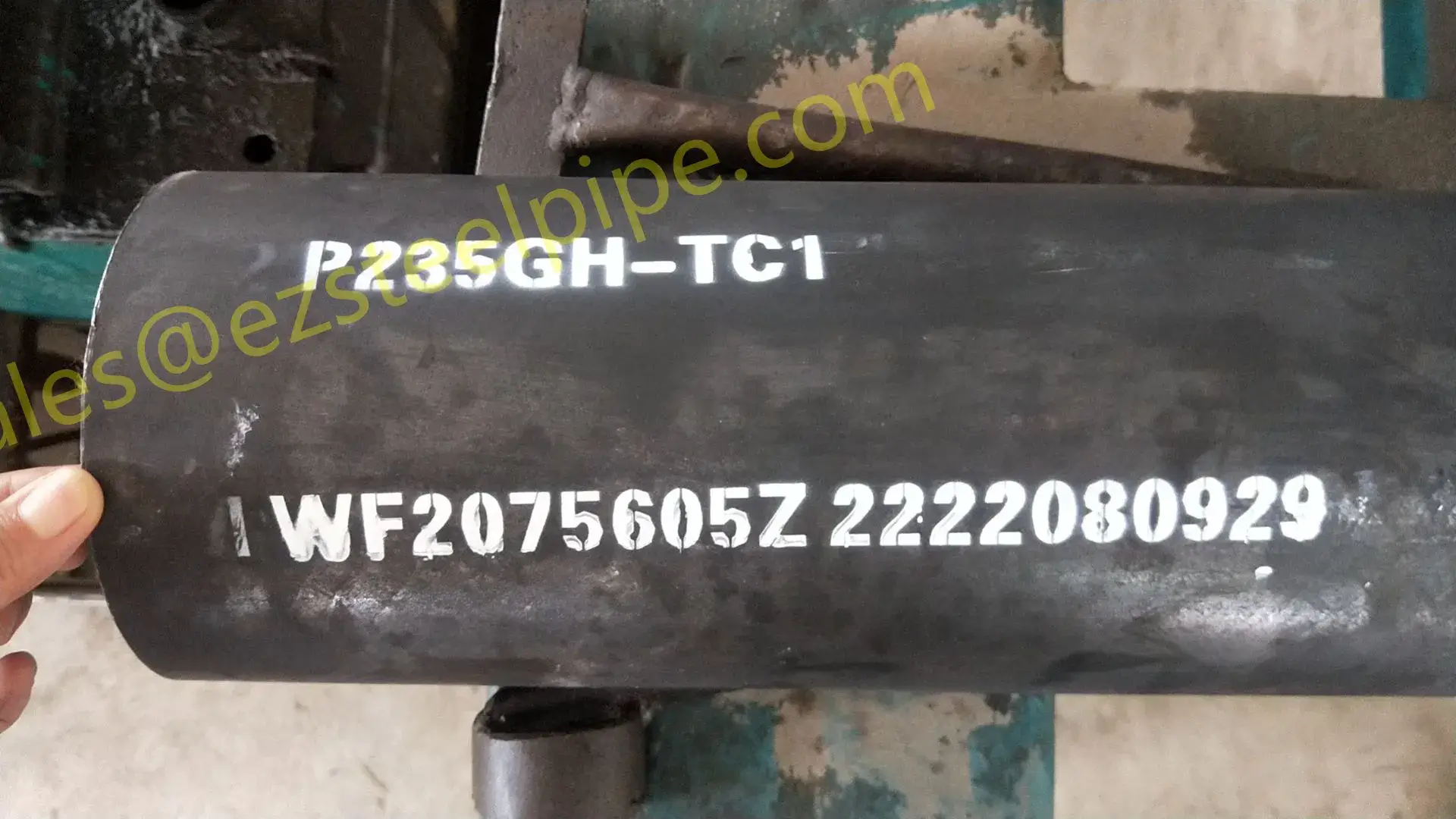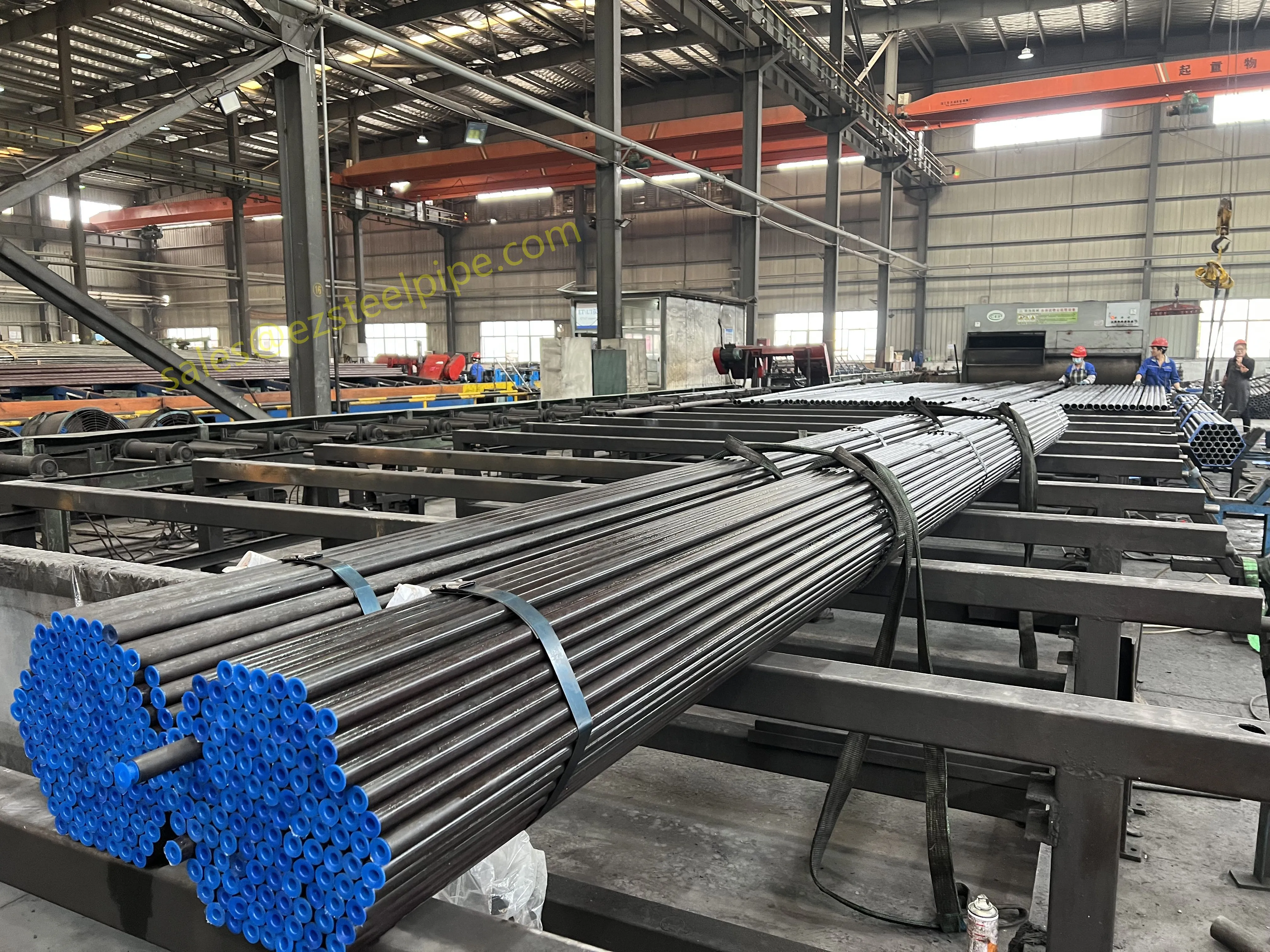Picture this: It's 2 a.m. at a coastal power plant, and the control room alarms blare. A critical heat exchanger tube has failed, sending steam billowing into the air. The plant grinds to a halt, leaving thousands without electricity. Later, the investigation reveals the culprit: a subpar steel tube that couldn't withstand the relentless pressure and temperature of the system. This isn't just a hypothetical scenario—it's a reminder of why alloy steel tubes aren't just metal; they're the unsung heroes keeping industries, communities, and even nations running.
For engineers, project managers, and procurement teams in sectors like energy, manufacturing, and aerospace, choosing the right tube for high-pressure applications isn't just about specs on a sheet. It's about trust—trust that the material will hold when the stakes are highest. That's where alloy steel tubes shine. Blending the strength of carbon steel with the resilience of alloying elements like nickel, chromium, and molybdenum, they're engineered to thrive in environments where "good enough" is never enough. In this guide, we'll break down what makes these tubes indispensable, how pressure ratings work, and how to choose between wholesale and custom options for your next project.
What Are Alloy Steel Tubes, Anyway?
Let's start with the basics. Alloy steel tubes are exactly what they sound like: steel tubes infused with other metals to boost performance. Unlike plain carbon steel, which relies mostly on iron and carbon, alloy steel adds elements like chromium (for corrosion resistance), molybdenum (for high-temperature strength), and nickel (for toughness). The result? A material that's not just strong, but smart—adaptable to the harsh conditions of power plants & aerospace facilities, petrochemical facilities , and marine vessels.
Think of it like a sports team: Carbon steel is the reliable captain, but alloy steel is the all-star lineup with specialists for every challenge. Need to handle corrosive chemicals in a refinery? Add some chromium. Working with extreme heat in a jet engine? Molybdenum's your MVP. This versatility is why alloy steel tubes are the go-to for pressure tubes —applications where the tube must contain fluids or gases under intense pressure without buckling, cracking, or leaking.
Decoding Pressure Ratings: It's Not Just a Number
When you see a pressure rating listed as "6,000 psi" on a tube spec sheet, what does that really mean? In short, it's the maximum pressure the tube can safely handle under specific conditions. But here's the catch: That number isn't set in stone. It's a moving target influenced by four key factors, and ignoring any of them could lead to disaster.
1. Material Strength: The Alloy Advantage
Alloying elements are the secret sauce here. For example, a tube made from ASTM A335 P91 (a chromium-molybdenum alloy) can handle pressures up to 10,000 psi at 1,000°F, while a standard carbon steel tube might max out at 5,000 psi under the same conditions. Why? The chromium forms a protective oxide layer, and molybdenum stabilizes the steel's structure at high temperatures, preventing it from weakening when the heat turns up.
2. Temperature: Heat Kills Pressure Resistance
Steel, like most materials, gets weaker as it heats up. A tube rated for 8,000 psi at room temperature might only handle 5,000 psi at 800°F. This is why pressure ratings are almost always paired with temperature limits. For petrochemical facilities —where fluids often reach 1,200°F or more—choosing an alloy that retains strength under heat is non-negotiable.
3. Wall Thickness: Thicker Isn't Always Better (But It Helps)
It makes sense: A thicker wall can withstand more pressure. But there's a trade-off. Heavier tubes add weight (a problem in aerospace) and cost. Engineers use formulas like Barlow's Law to balance thickness and pressure: the maximum pressure a tube can handle is proportional to its wall thickness and material strength, and inversely proportional to its diameter. For example, a 2-inch diameter tube with a 0.25-inch wall will handle more pressure than a 4-inch tube with the same wall thickness, all else equal.
4. Diameter: Size Matters (But Not How You Think)
Larger diameter tubes face more stress because pressure acts on a bigger surface area. That's why big diameter steel pipe used in pipeline works often has thicker walls or higher-grade alloys to compensate. A 12-inch diameter alloy steel tube for a natural gas pipeline might need a wall thickness of 0.5 inches to hit a 1,500 psi rating, while a 2-inch tube for a hydraulic system could get by with 0.125 inches.
Wholesale vs. Custom: Which Is Right for You?
Now that you know what to look for in pressure ratings, the next question is: Should you buy wholesale or custom? The answer depends on your project's unique needs—and there's no one-size-fits-all solution.
Wholesale: Speed, Savings, and Standardization
Wholesale alloy steel tubes are ideal for projects with standard specs. If you're building a refinery and need 500 feet of 3-inch ASTM A312 TP316L tubes (a common stainless alloy) with a 0.375-inch wall, wholesale is the way to go. Suppliers keep these in stock, so lead times are short—often 2–4 weeks. Plus, buying in bulk slashes per-unit costs, which adds up for large-scale projects like pipeline works or structure works.
But wholesale isn't just for big orders. Even smaller projects benefit from the consistency of standardized tubes. When every tube in a batch meets the same ASTM or ASME standards, you avoid the headache of mismatched performance. For example, a shipyard ordering marine & ship-building tubes can trust that each wholesale unit will fit and function exactly like the last.
Custom: When "Off-the-Shelf" Isn't Enough
Sometimes, your project needs something special. Maybe you're designing a prototype heat exchanger for a next-gen jet engine that requires ultra-thin walls (to save weight) but pressure resistance. Or perhaps you're working on a nuclear facility that needs tubes meeting RCC-M Section II nuclear standards—specs so precise, they're measured in thousandths of an inch. That's where custom alloy steel tube manufacturing comes in.
Custom tubes let you tweak every variable: alloy composition, wall thickness, diameter, even surface finish. For example, a u bend tube for a chemical plant might need a tight 180-degree bend without wrinkling the wall—a detail standard wholesale tubes can't guarantee. Suppliers use advanced processes like cold drawing or seamless extrusion to meet these specs, though lead times are longer (8–12 weeks, on average) and costs higher. But when failure isn't an option—like in aerospace or nuclear applications—custom is worth every penny.
Alloy Steel Tubes: Common Alloys and Pressure Ratings
| Alloy Type | Key Alloying Elements | Common Grades | Max Pressure Rating (psi) @ 70°F | Typical Applications |
|---|---|---|---|---|
| Chrome-Moly (Cr-Mo) | Chromium, Molybdenum | ASTM A335 P91, P22 | 8,000–12,000 | Power plant boilers, high-temperature pipelines |
| Stainless Steel Alloy | Chromium, Nickel | ASTM A312 TP304, TP316L | 5,000–7,500 | Petrochemical facilities, marine piping |
| Nickel Alloy | Nickel, Chromium, Iron | Incoloy 800 (B407), Monel 400 (B165) | 10,000–15,000 | Aerospace hydraulic systems, nuclear reactors |
| Copper-Nickel Alloy | Copper, Nickel | C70600 (90/10 CuNi), C71500 (70/30 CuNi) | 3,000–5,000 | Marine cooling systems, desalination plants |
Applications: Where Alloy Steel Tubes Prove Their Mettle
Alloy steel tubes aren't just versatile—they're essential across industries where pressure, heat, and corrosion are daily challenges. Let's dive into a few key sectors:
Power Plants & Aerospace: High Heat, High Stakes
In coal, gas, or nuclear power plants, tubes carry superheated steam at pressures up to 3,500 psi and temperatures exceeding 1,000°F. Here, alloys like ASTM A213 T91 (a Cr-Mo steel) are critical. They resist creep (slow deformation under heat) and oxidation, ensuring the tubes last for decades. In aerospace, the demands are even stricter: jet engine fuel lines use nickel alloys like Inconel 625, which handle 15,000 psi at 1,200°F while weighing 30% less than carbon steel.
Petrochemical Facilities: Corrosion's Worst Enemy
Refineries and chemical plants deal with a toxic cocktail of acids, gases, and high pressure. Stainless steel alloys like TP316L (with molybdenum) resist corrosion from sulfuric acid and saltwater, while nickel alloys like Monel 400 stand up to hydrochloric acid. Without these tubes, a single leak could trigger explosions or environmental disasters.
Marine & Shipbuilding: Battling the Elements
Saltwater is brutal on metal, but copper-nickel alloy tubes (like C70600) laugh in its face. These tubes line shipboard cooling systems, handling seawater at 1,000 psi without rusting. Even better, they're antimicrobial—preventing barnacle growth that clogs pipes and reduces efficiency.
How to Avoid Costly Mistakes: Key Questions to Ask
Choosing the wrong alloy steel tube can cost more than money—it can cost lives. To avoid missteps, start with these questions:
- What's the maximum operating pressure and temperature? Don't guess—get exact numbers from your engineering team. A tube rated for 5,000 psi at 500°F might fail at 600°F, even if the pressure is lower.
- What fluid or gas will the tube carry? Corrosive substances (like chlorine) need stainless or nickel alloys; non-corrosive (like steam) might work with Cr-Mo.
- Are there space or weight constraints? Aerospace projects often need thin-wall tubes, which require higher-grade alloys to maintain pressure ratings.
- What standards must you meet? ASME B31.3 for process piping? ASTM A269 for medical equipment? Ensure the supplier provides certified material test reports (MTRs).
Final Thoughts: It's About Partnership
At the end of the day, alloy steel tubes are more than products—they're partnerships. The best suppliers don't just sell tubes; they collaborate with you to understand your project's unique challenges. Whether you need wholesale tubes for a pipeline or custom u-bend tubes for a prototype, look for a team that asks questions, shares expertise, and stands behind their material with rigorous testing.
Because when the alarm bells ring at 2 a.m., you won't be thinking about specs or pressure ratings. You'll be thinking about the tube that held. And with the right alloy steel tube, that's one less thing to worry about.
 export@ezsteelpipe.com
export@ezsteelpipe.com +86 731 8870 6116
+86 731 8870 6116






 Related Products
Related Products

